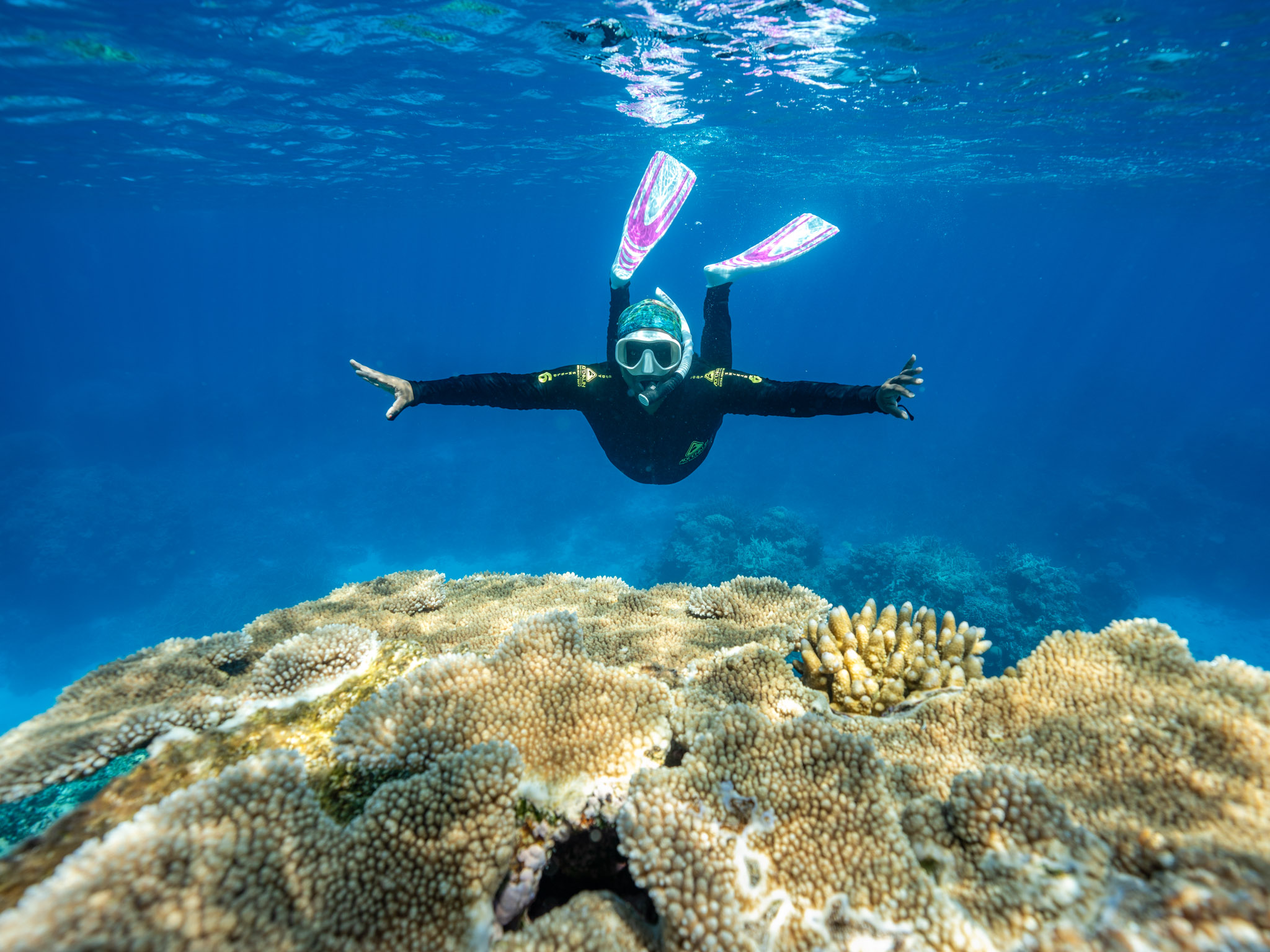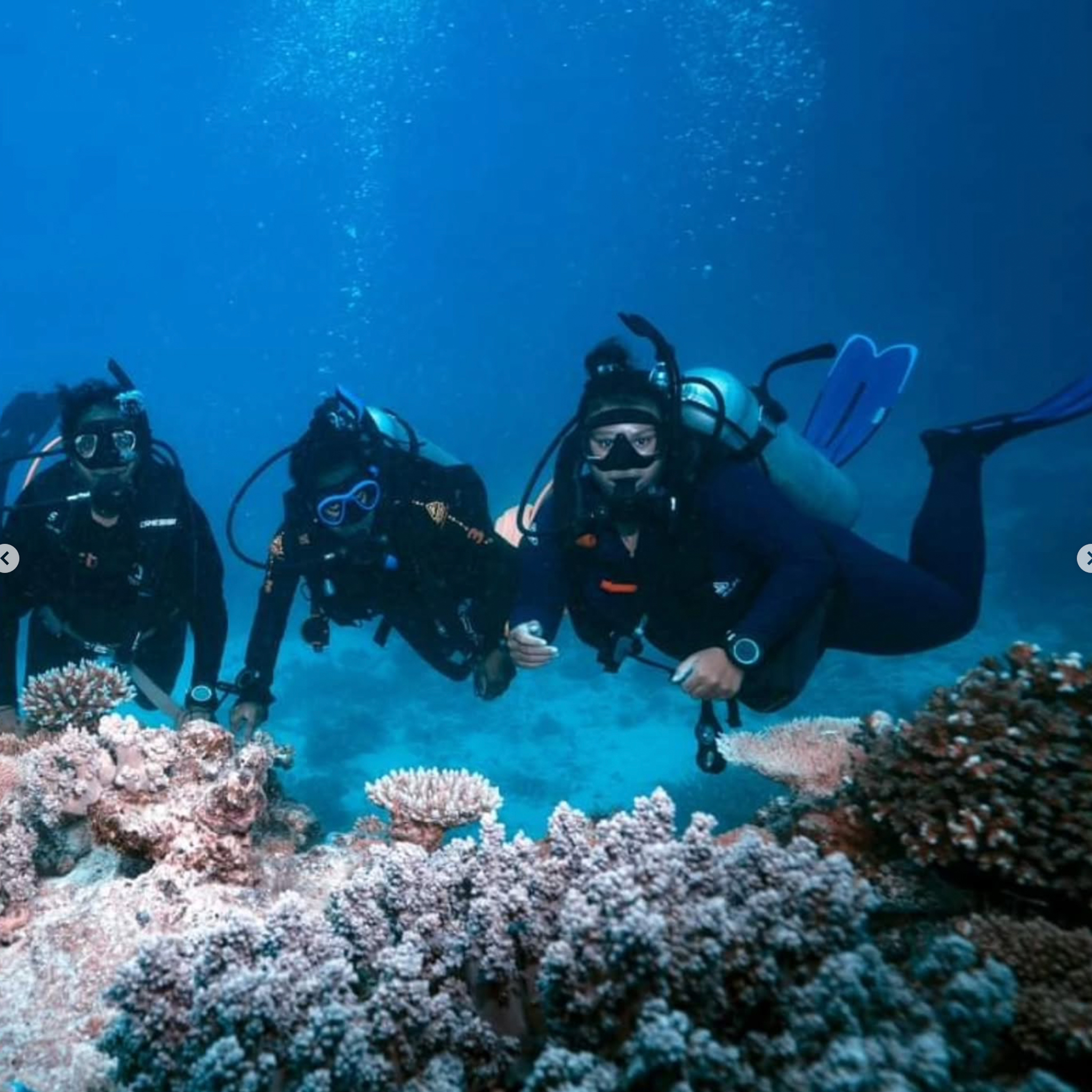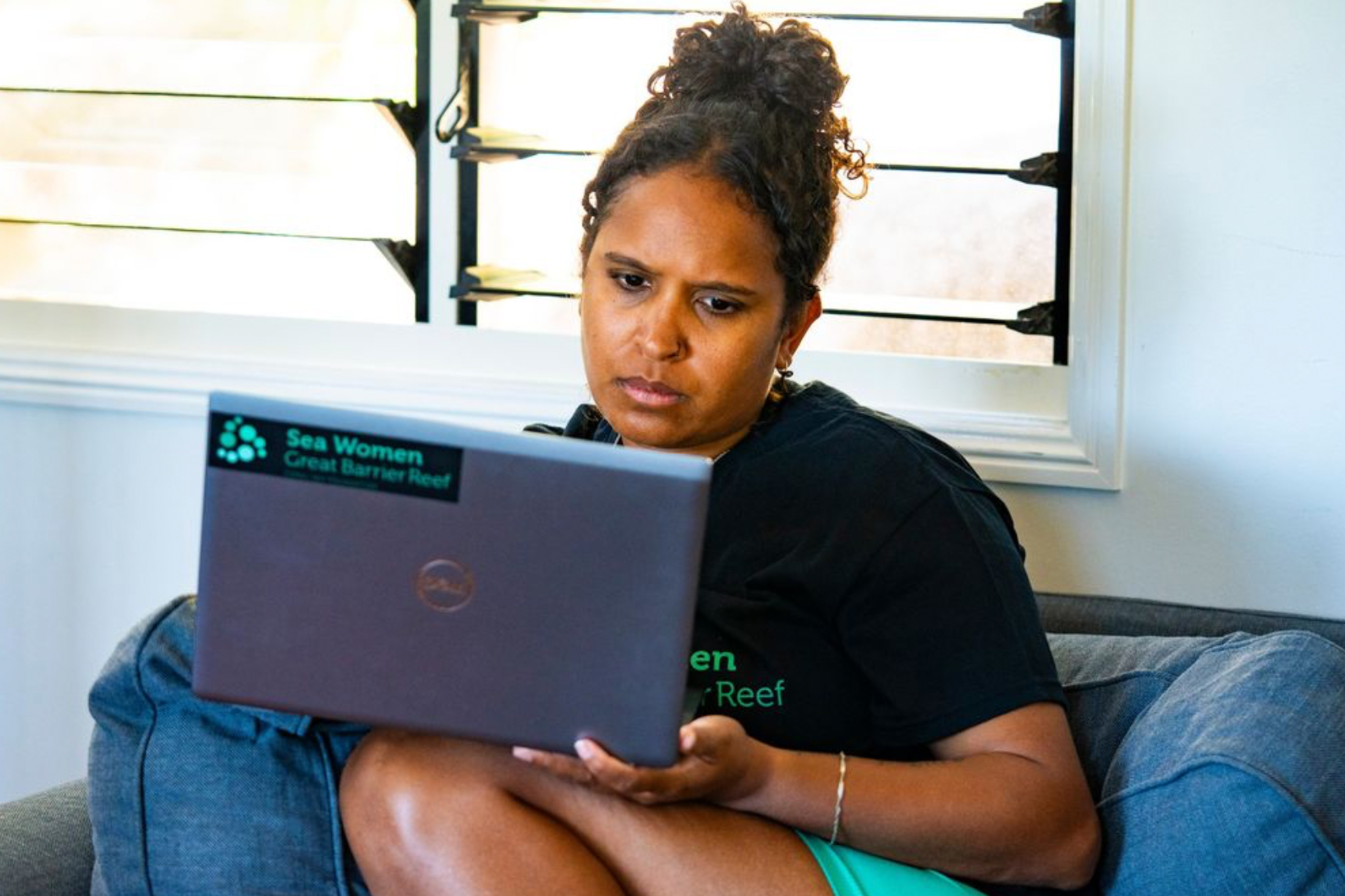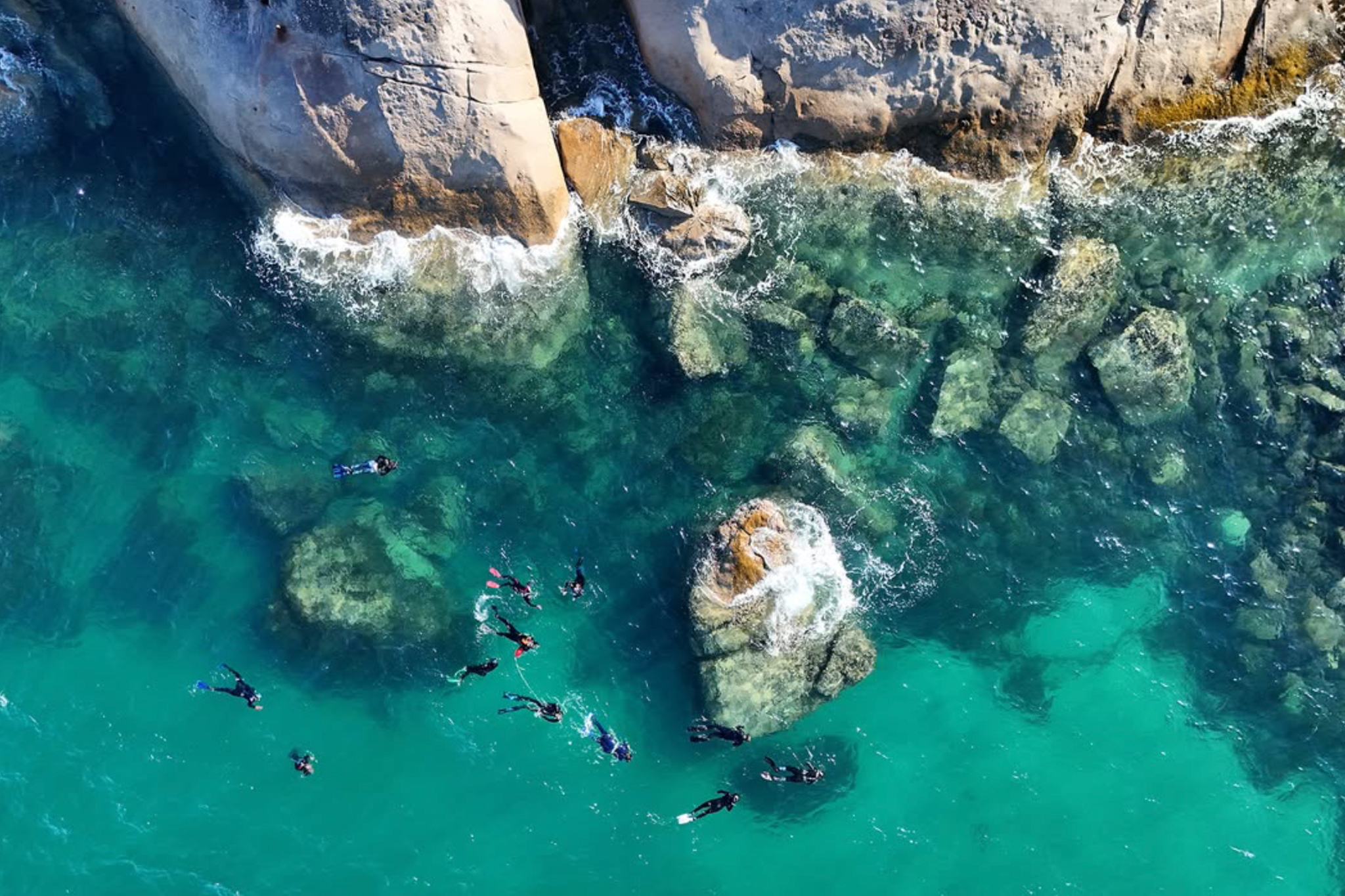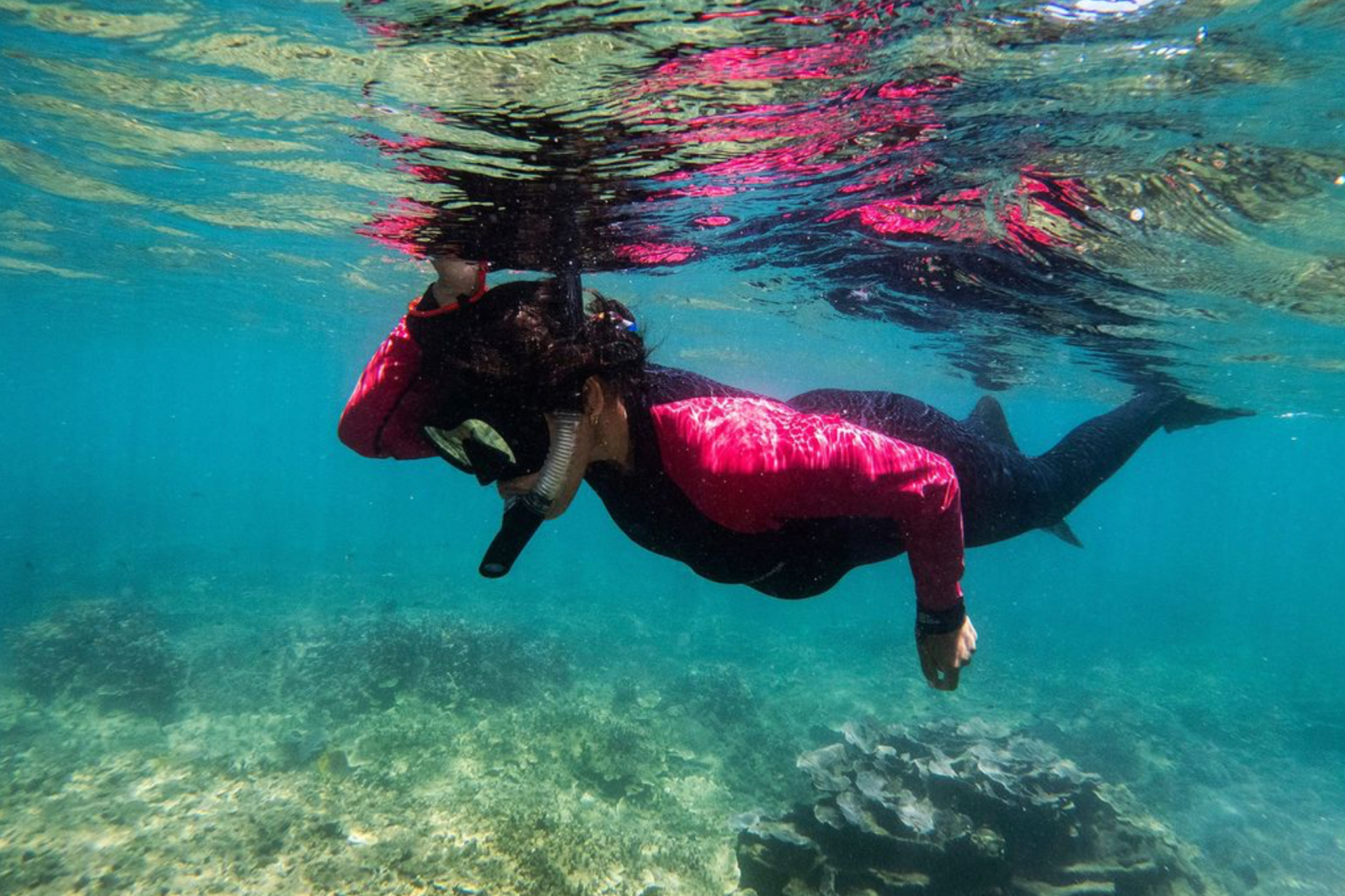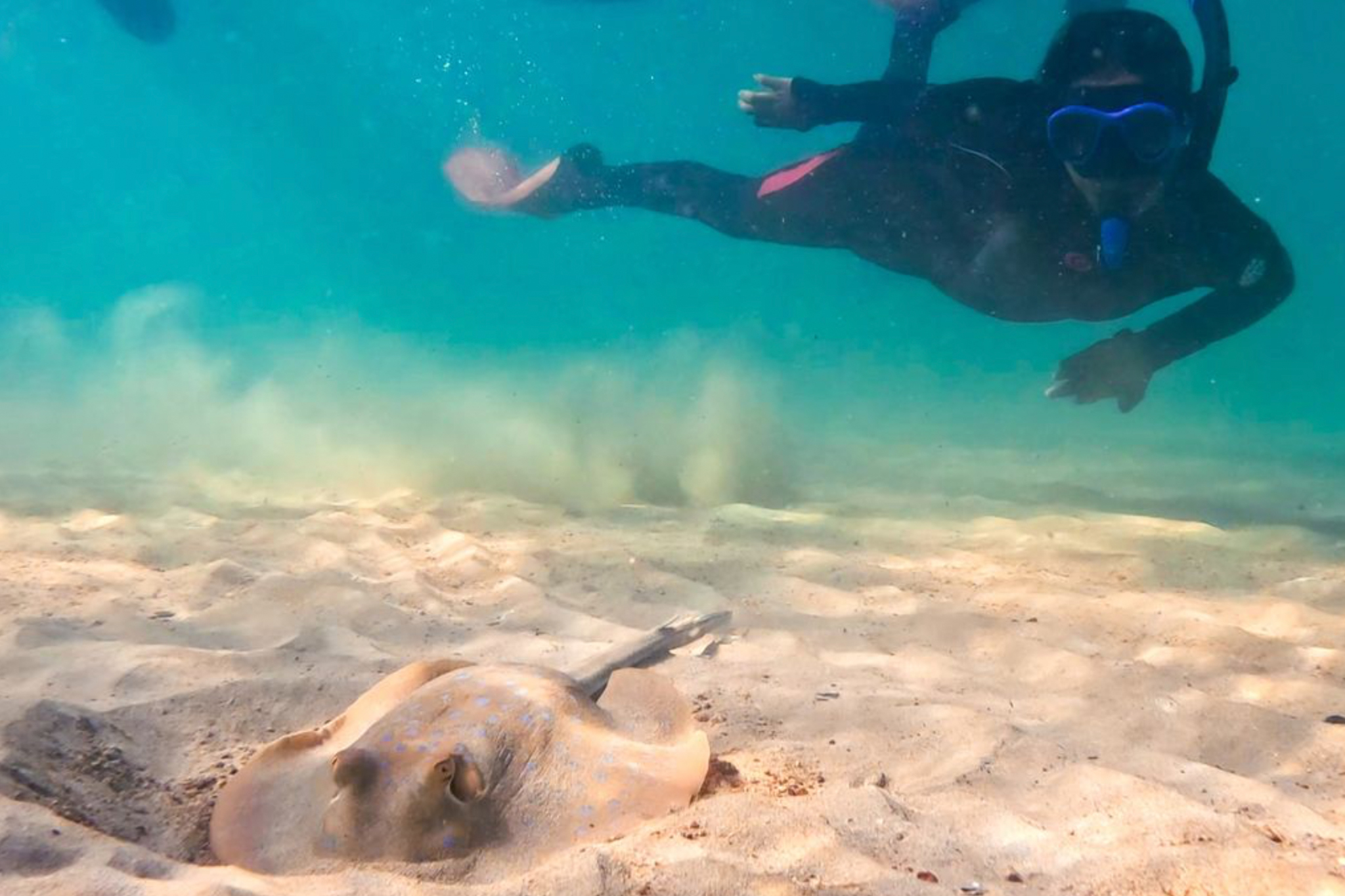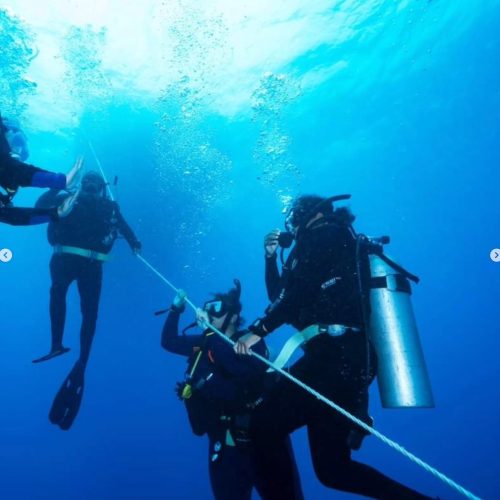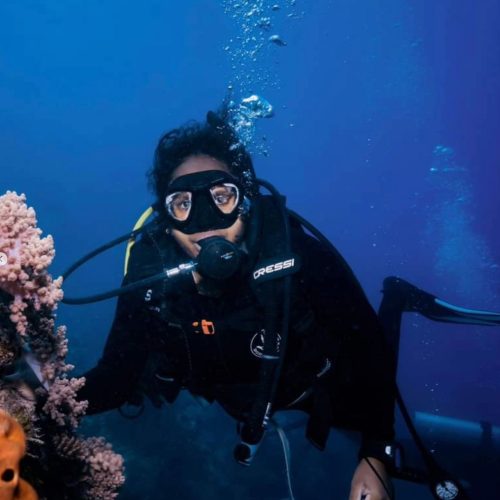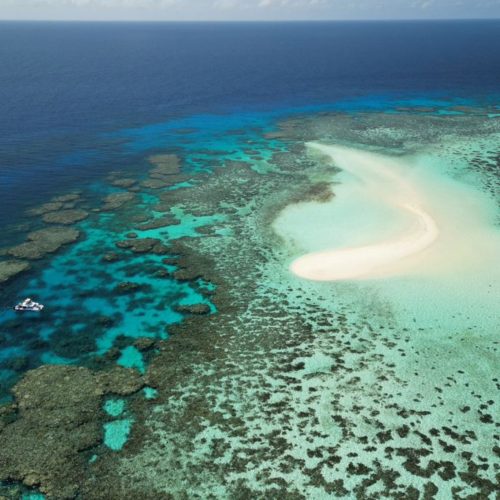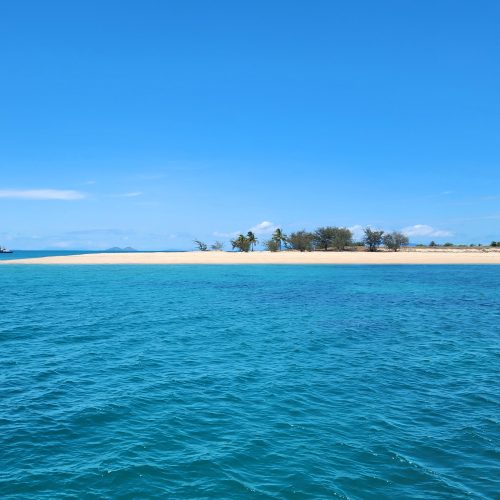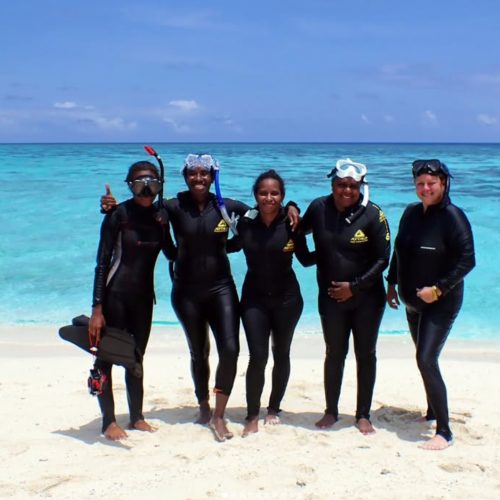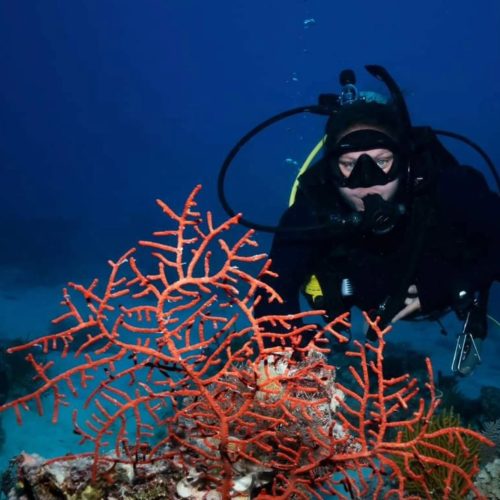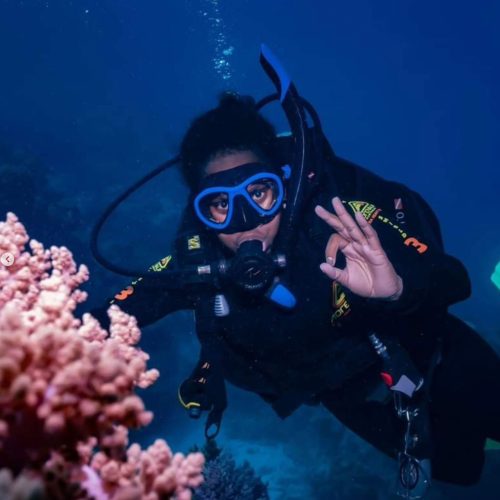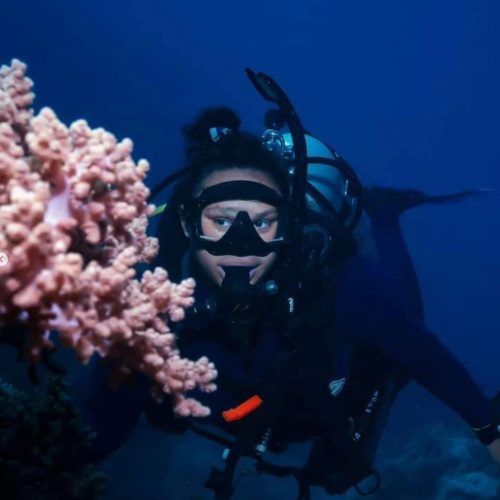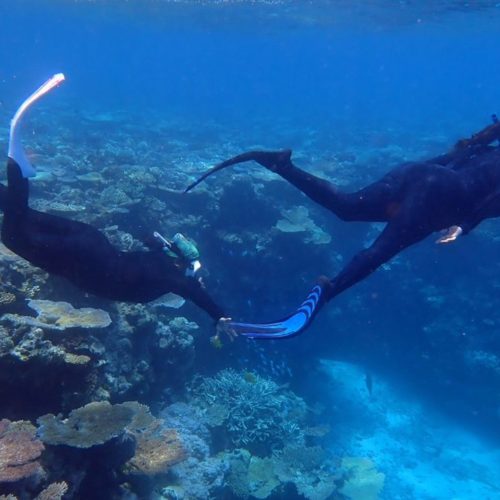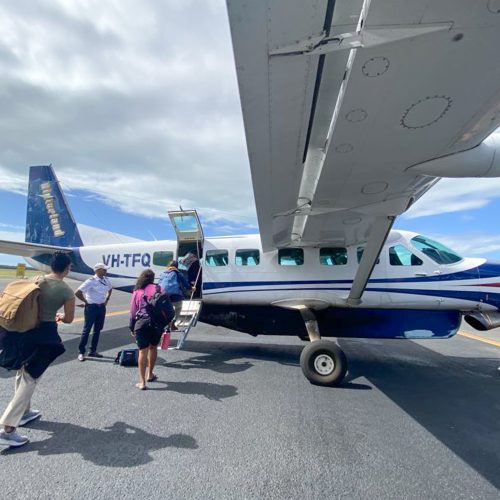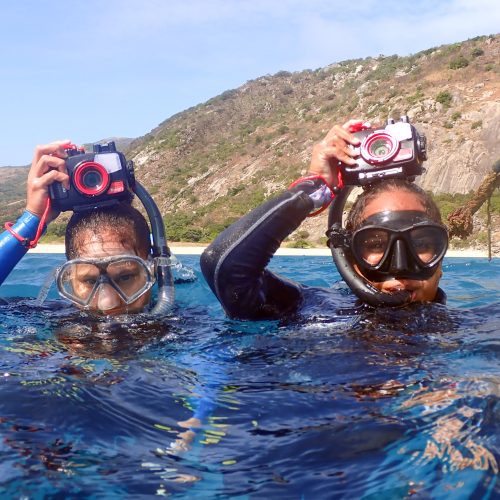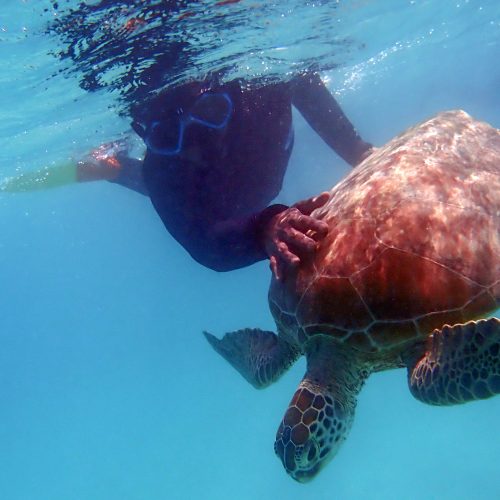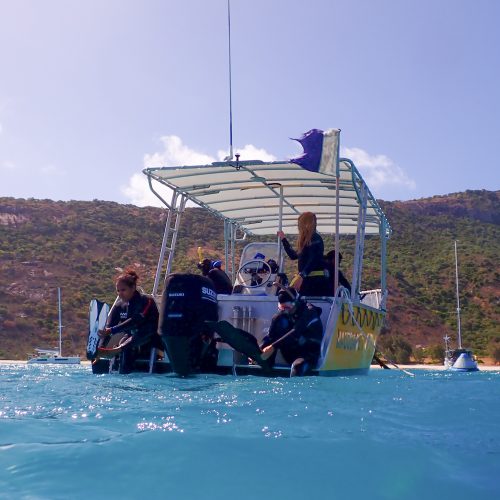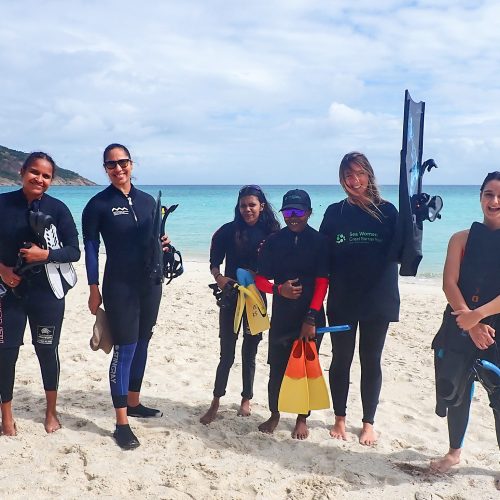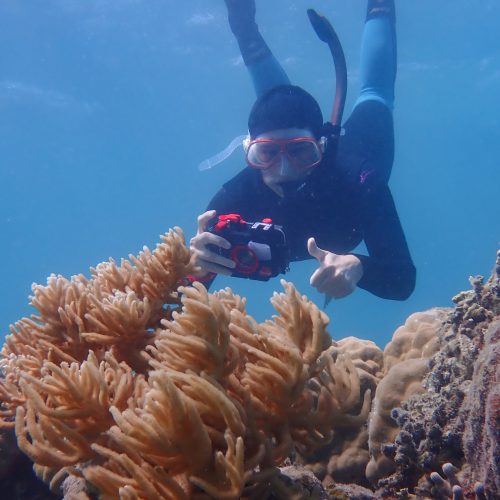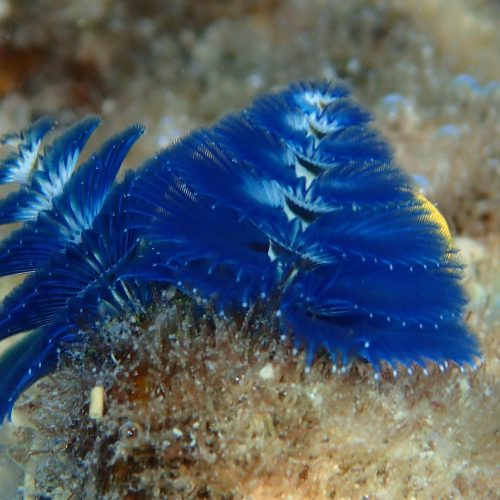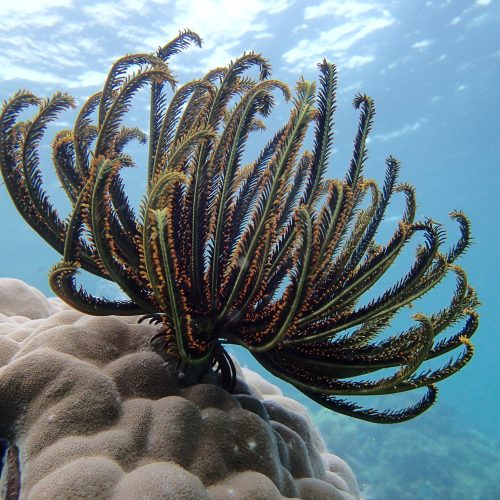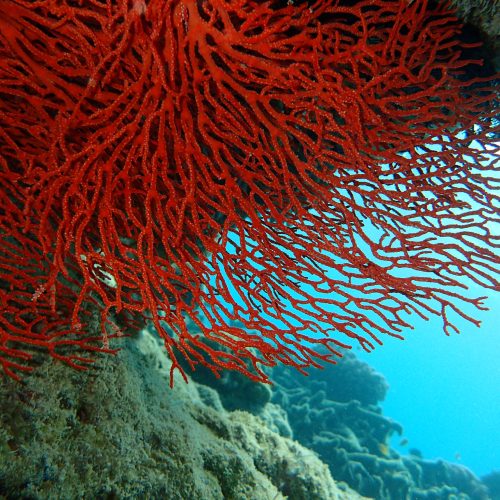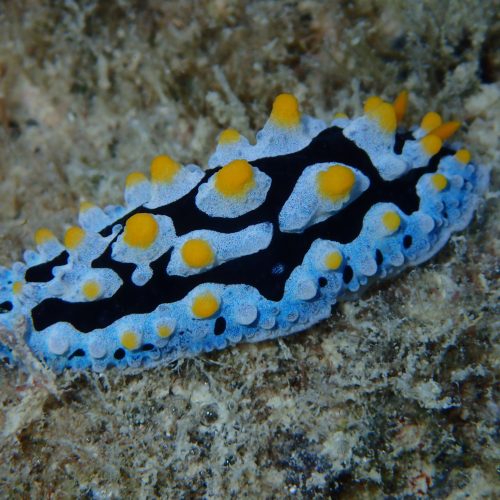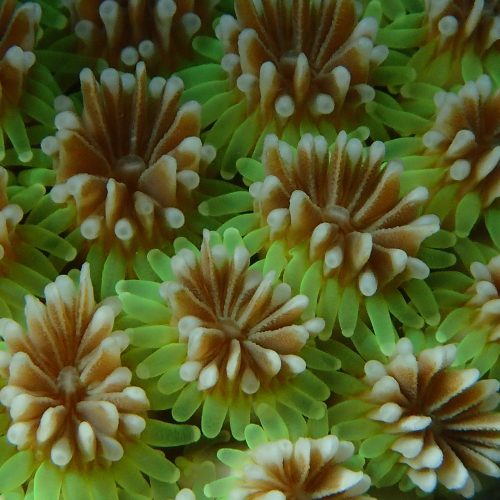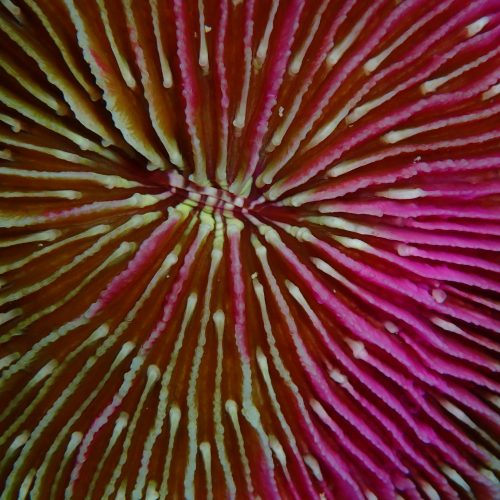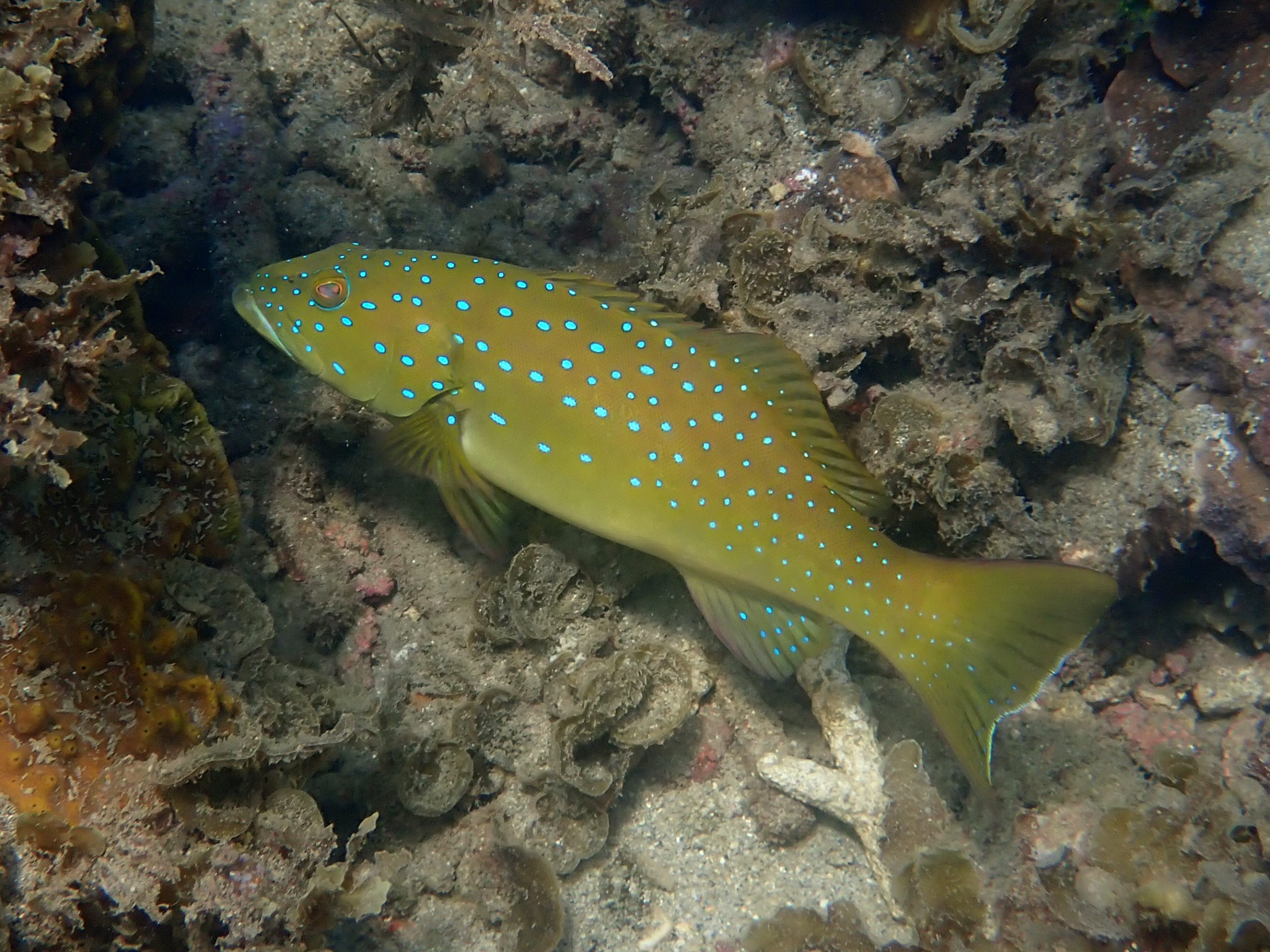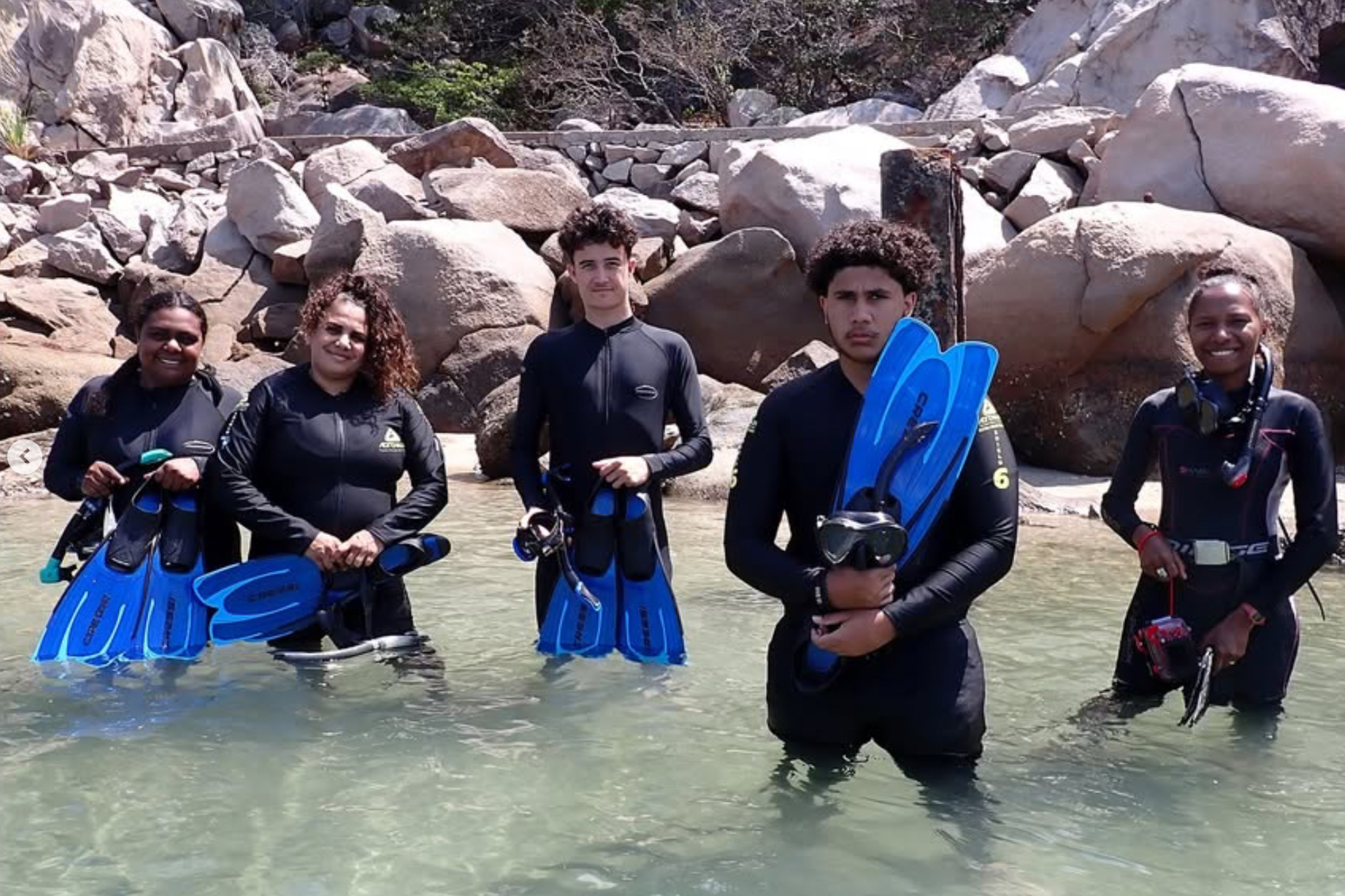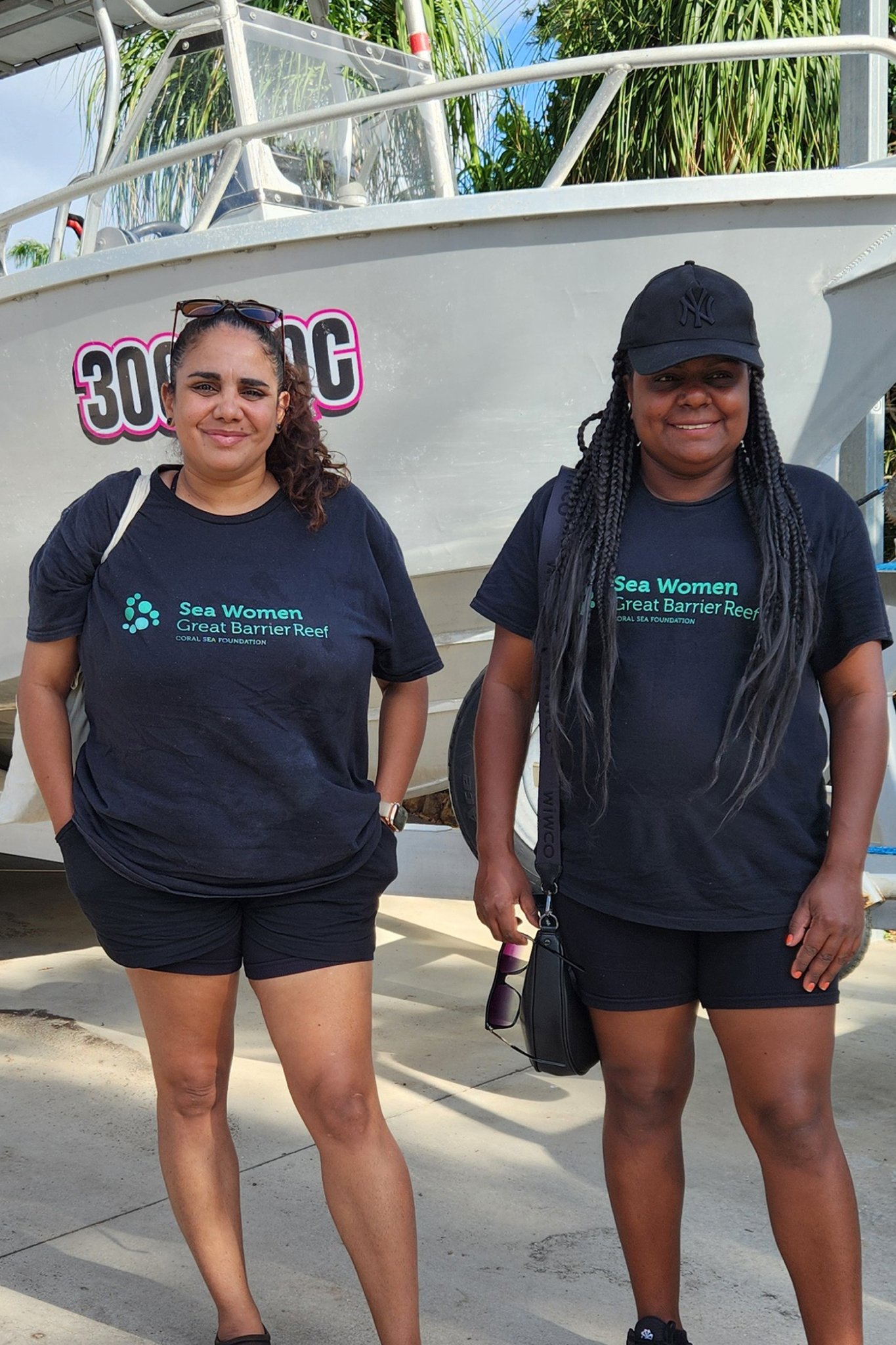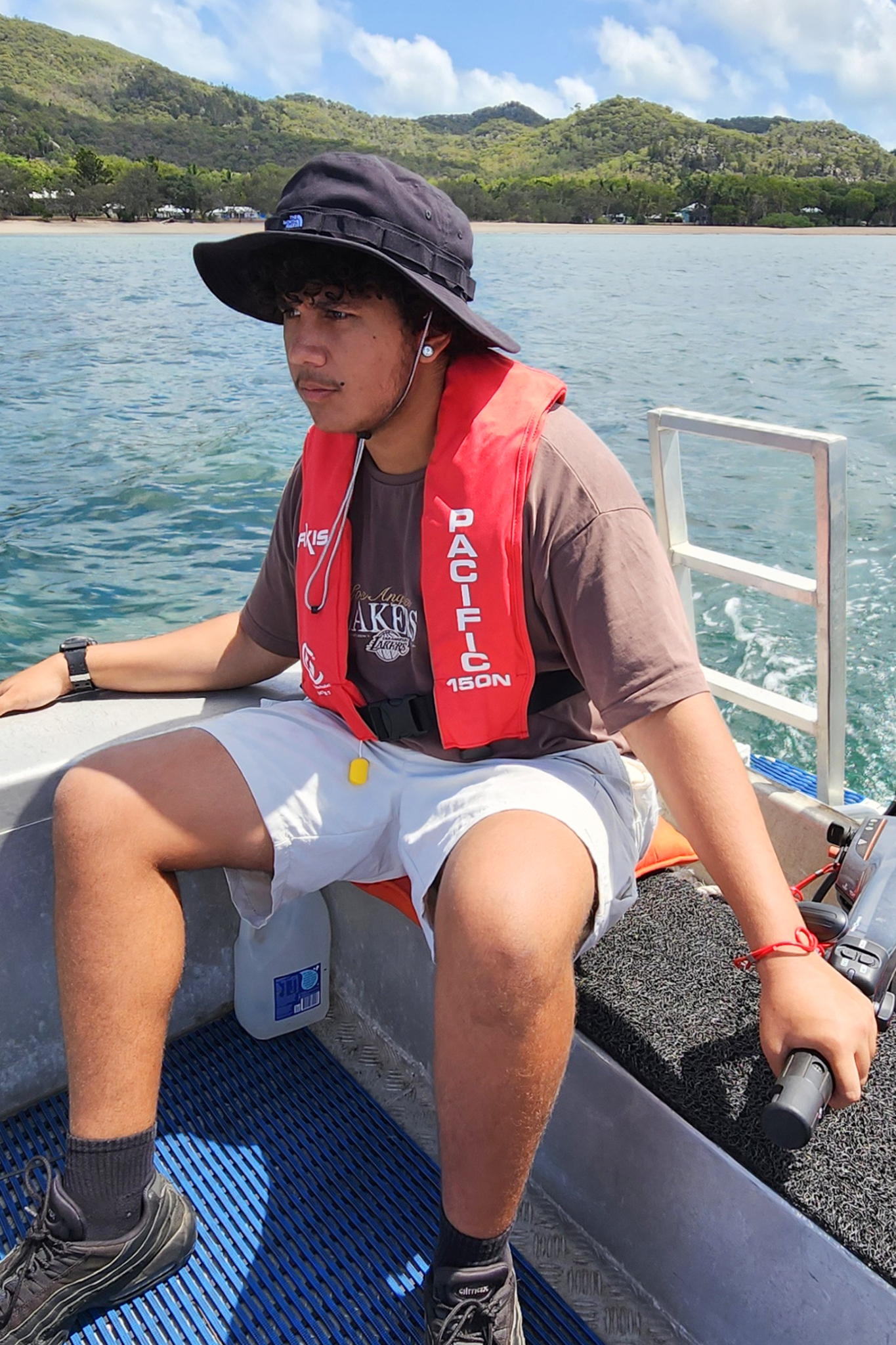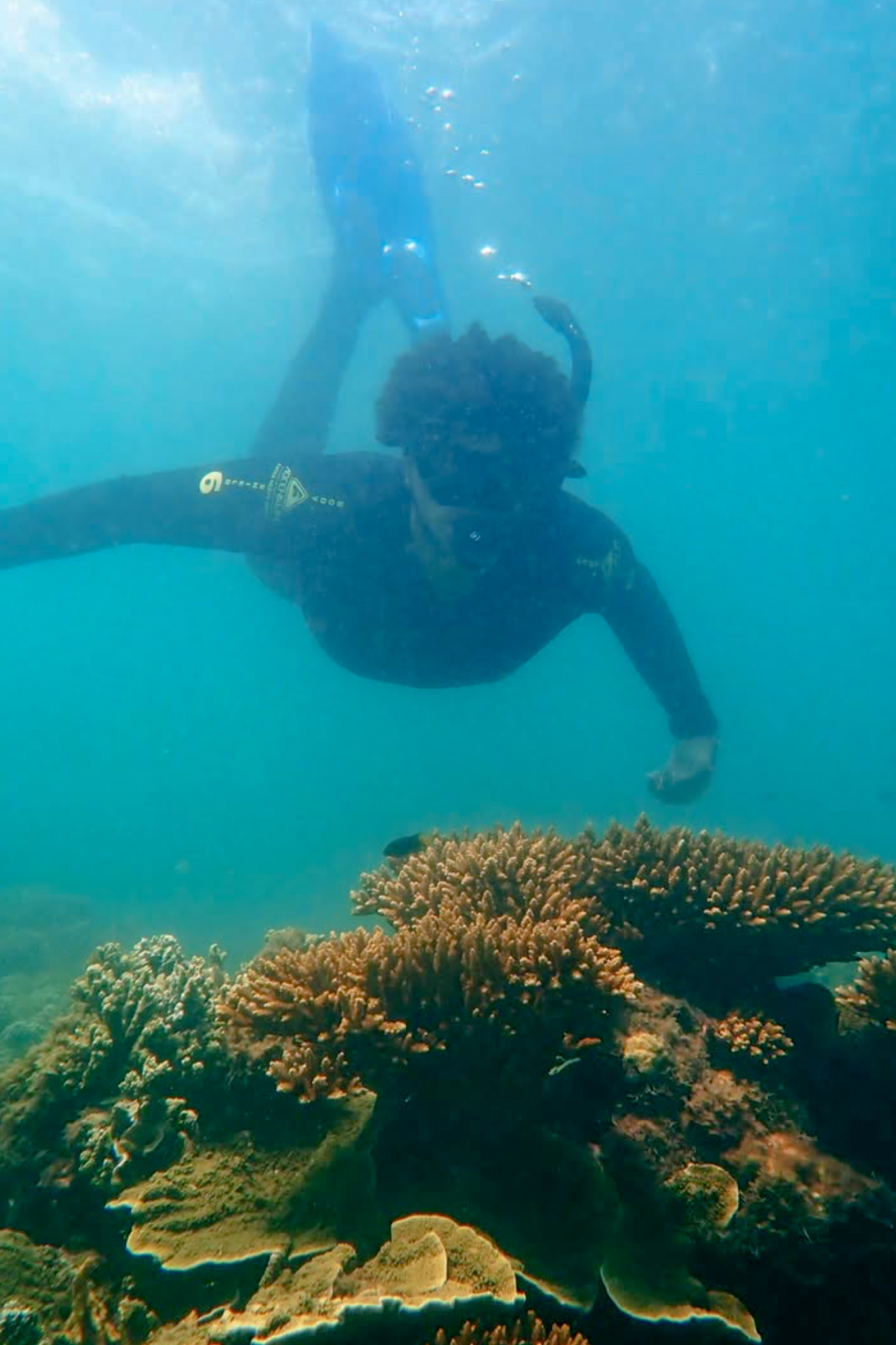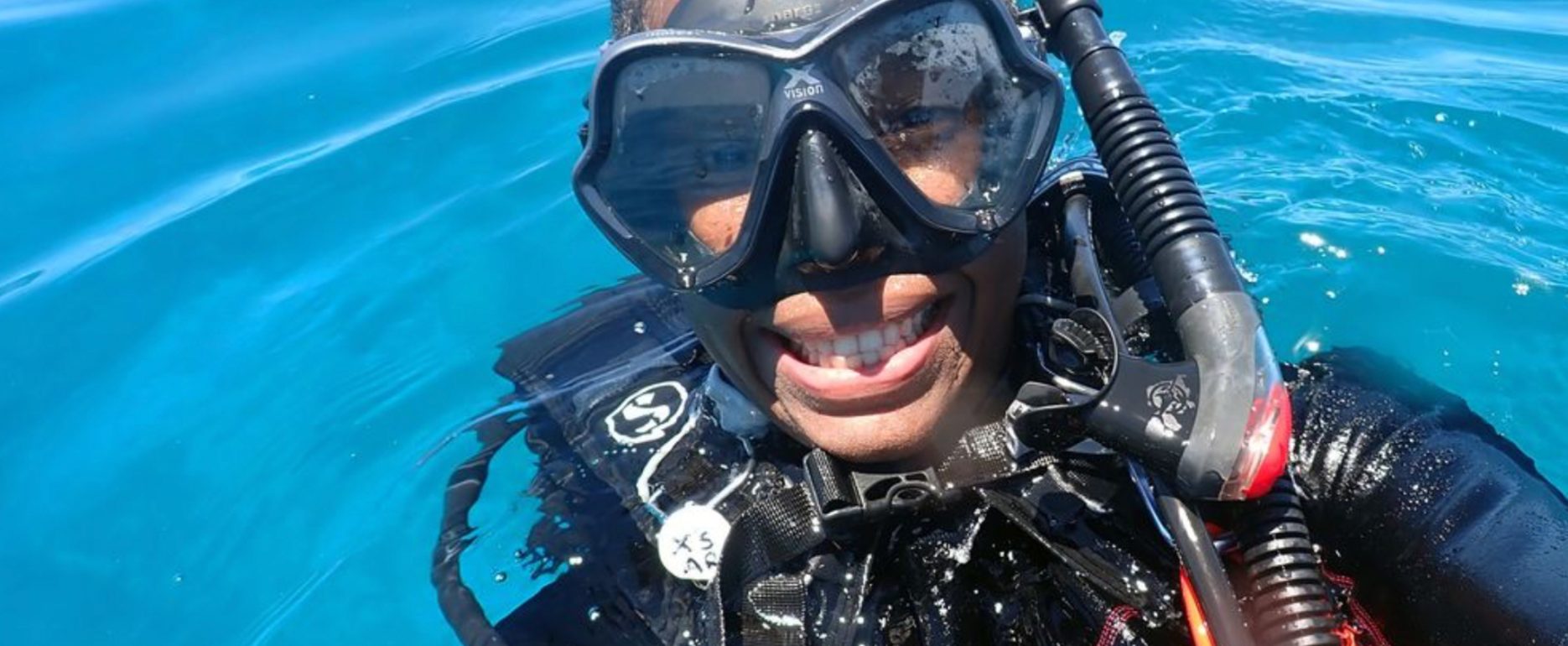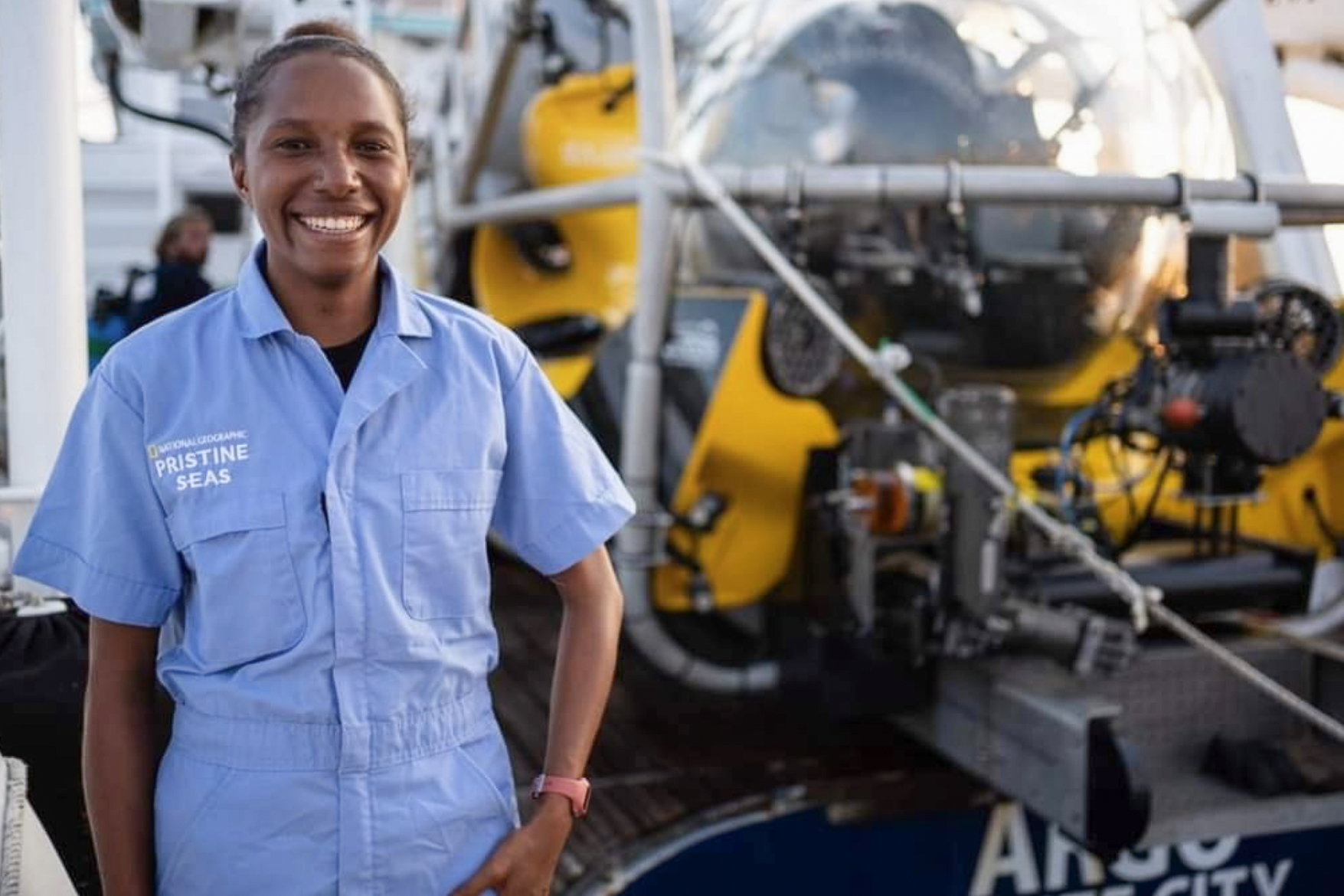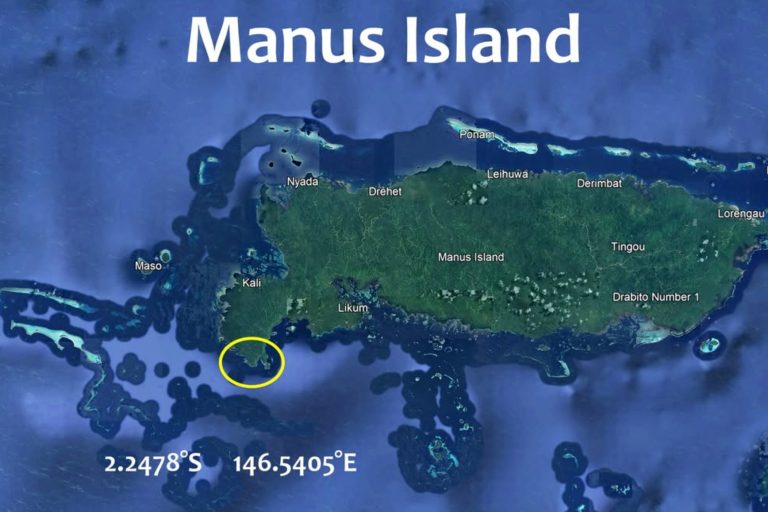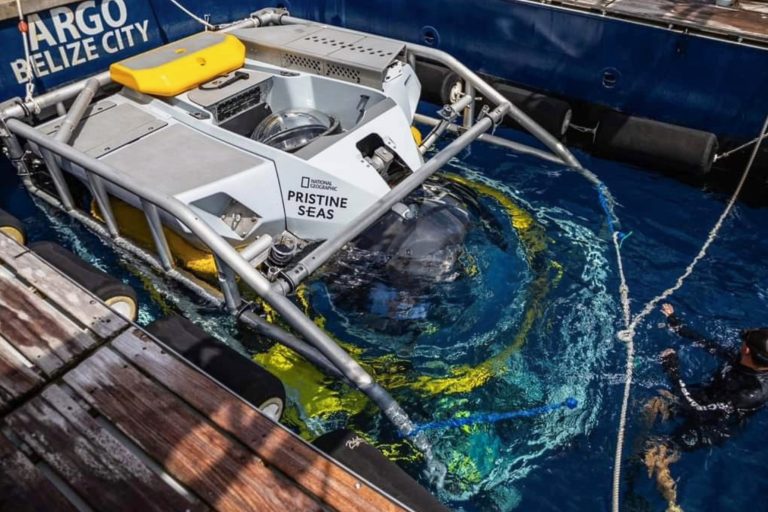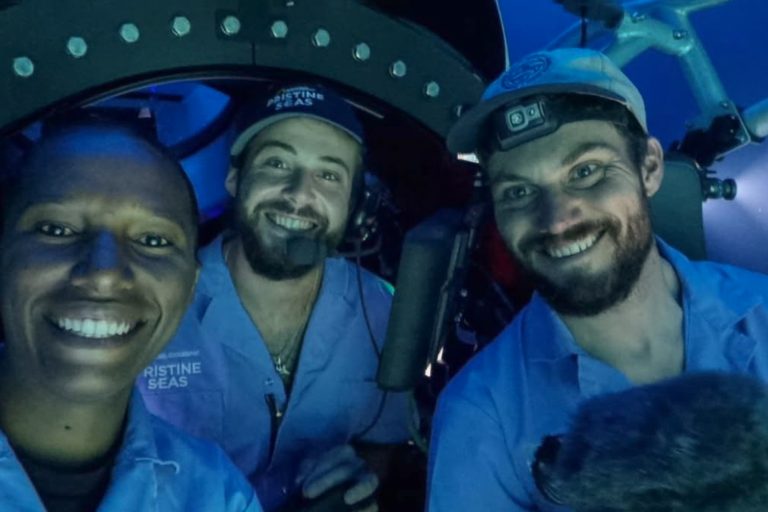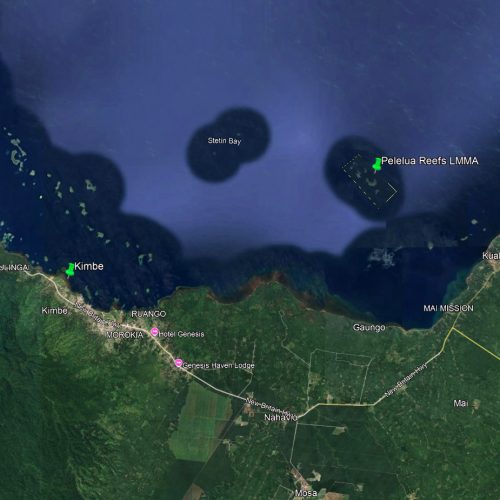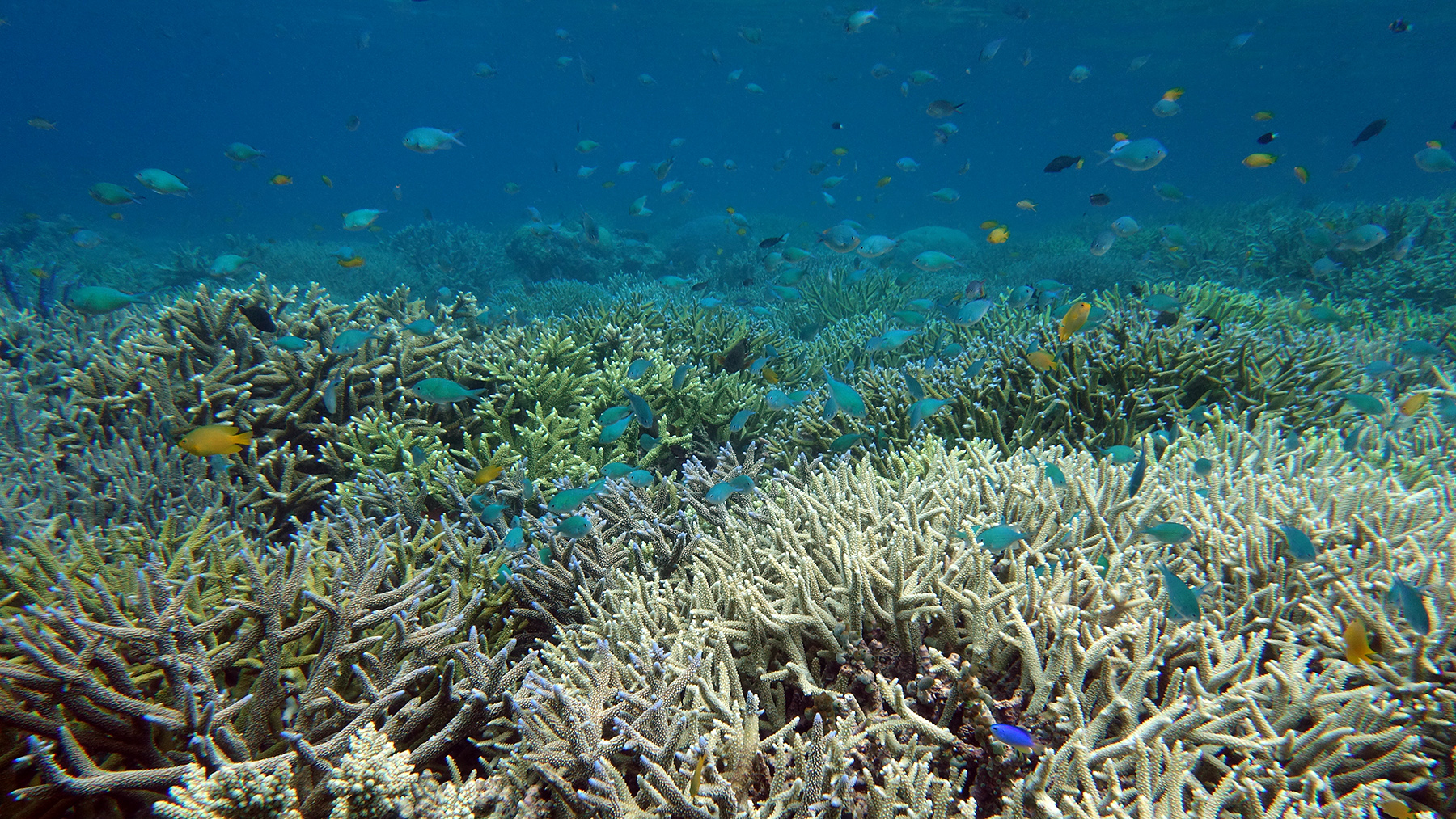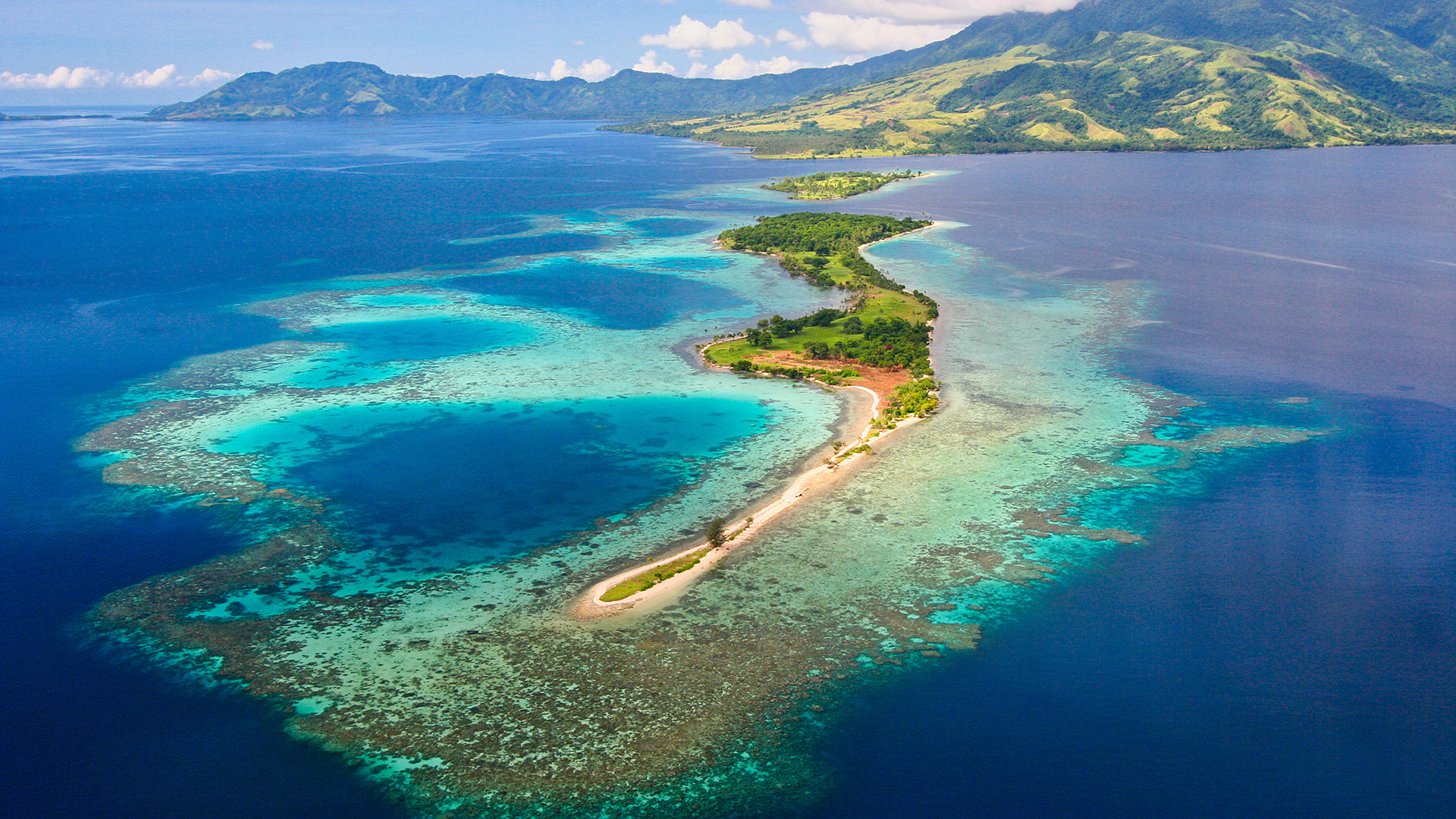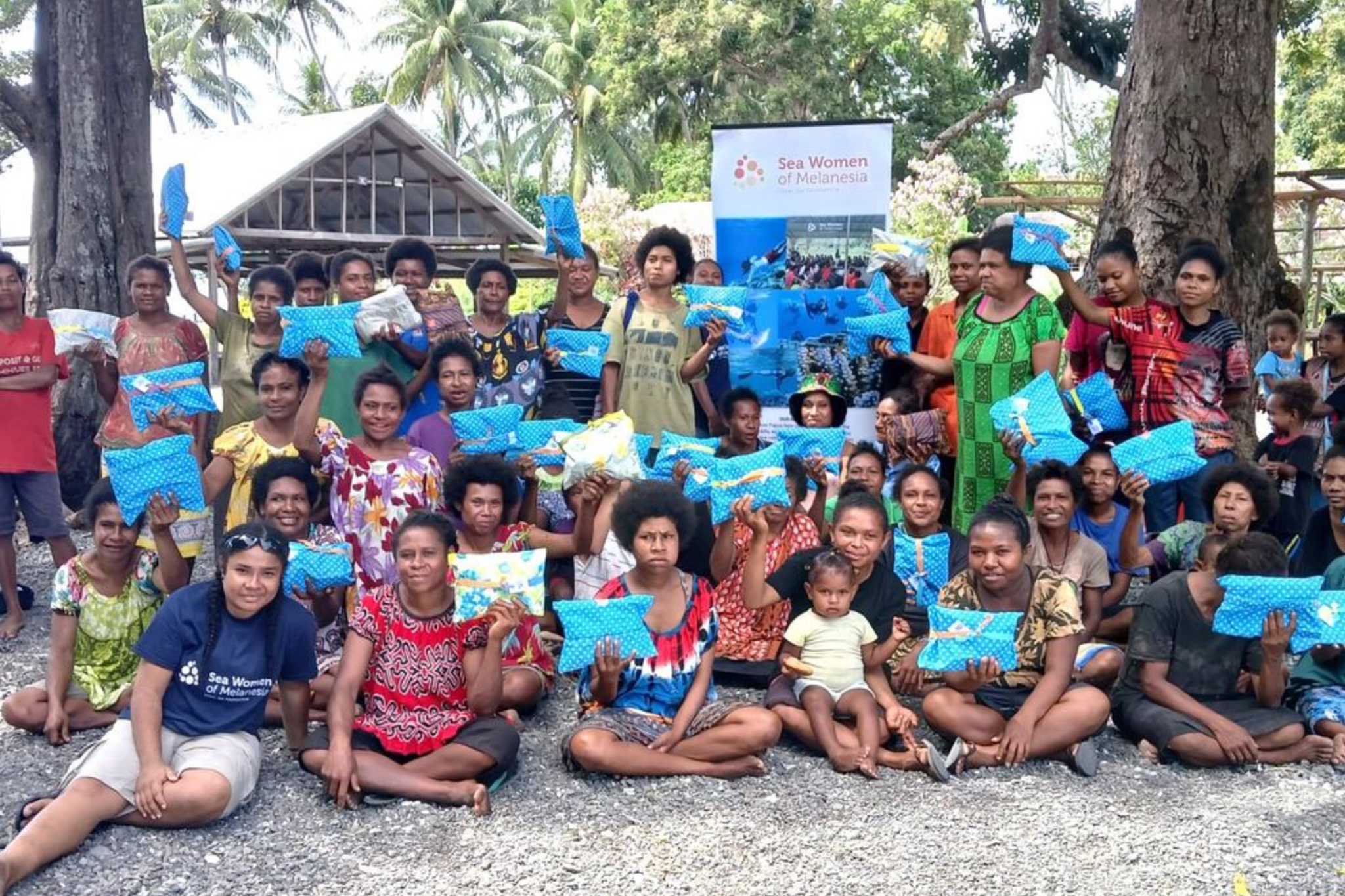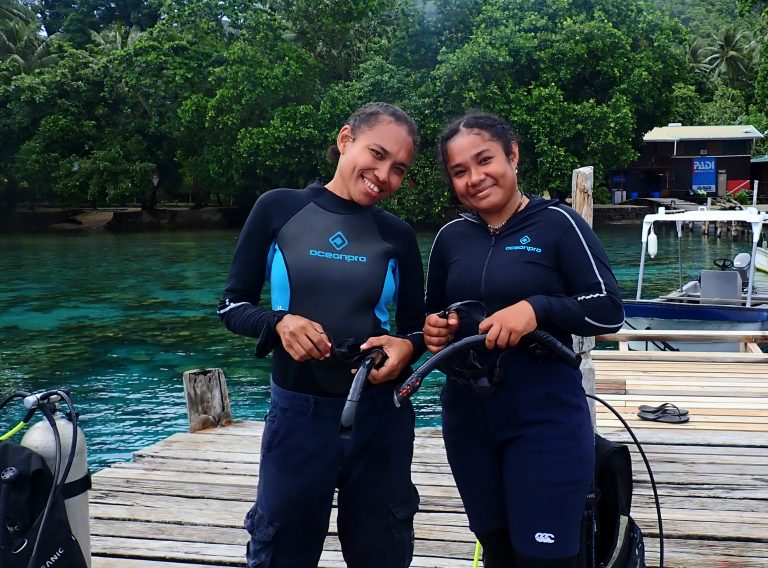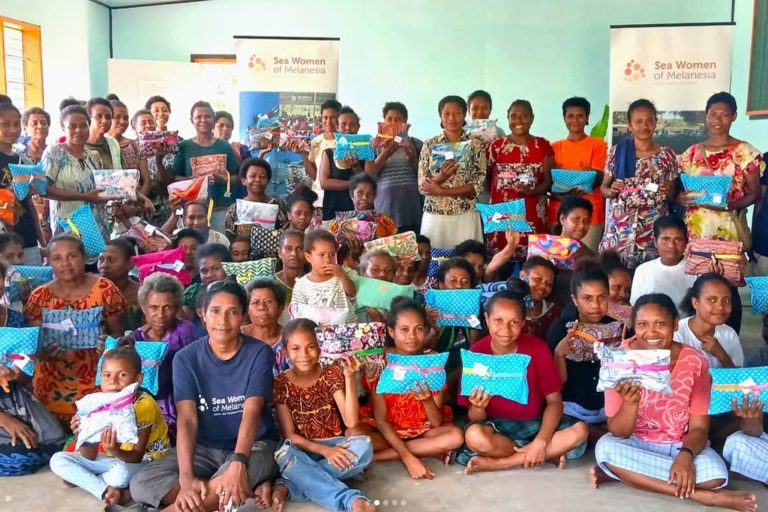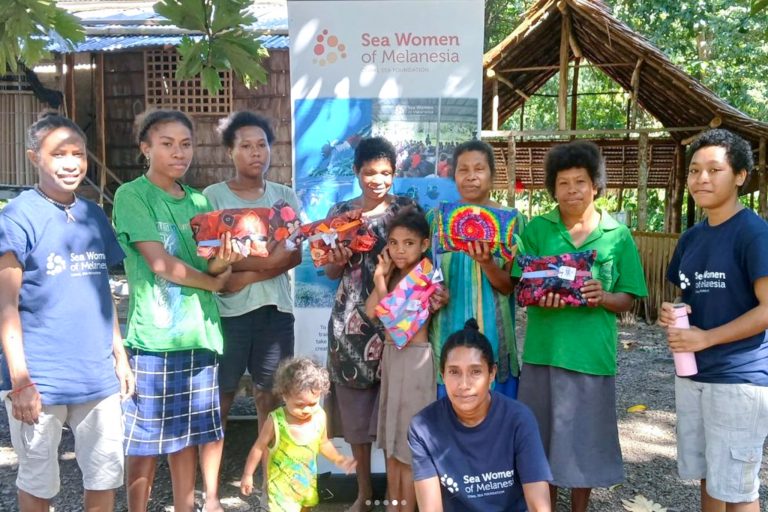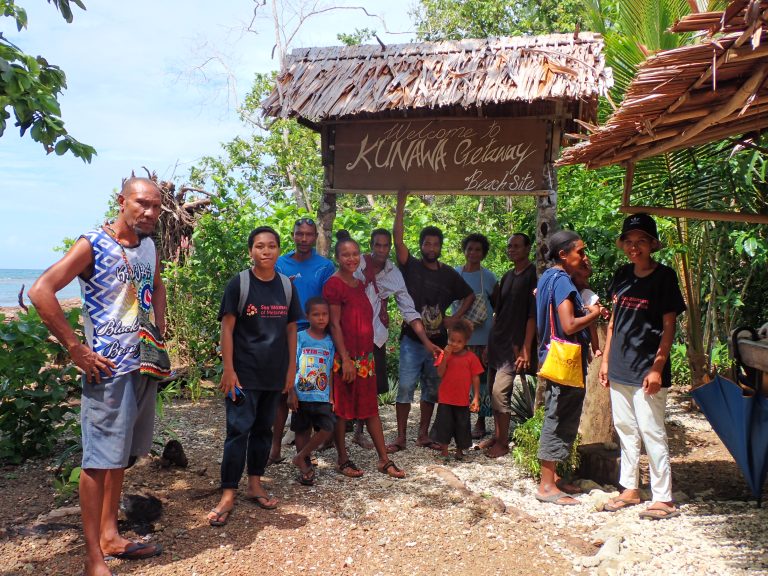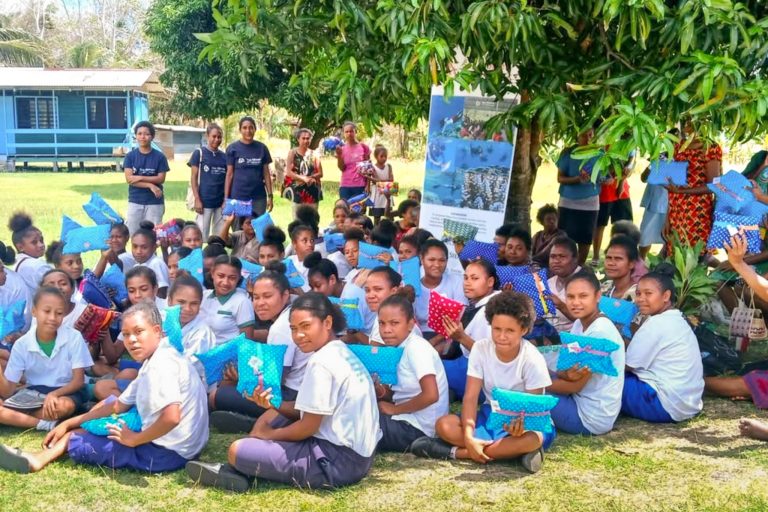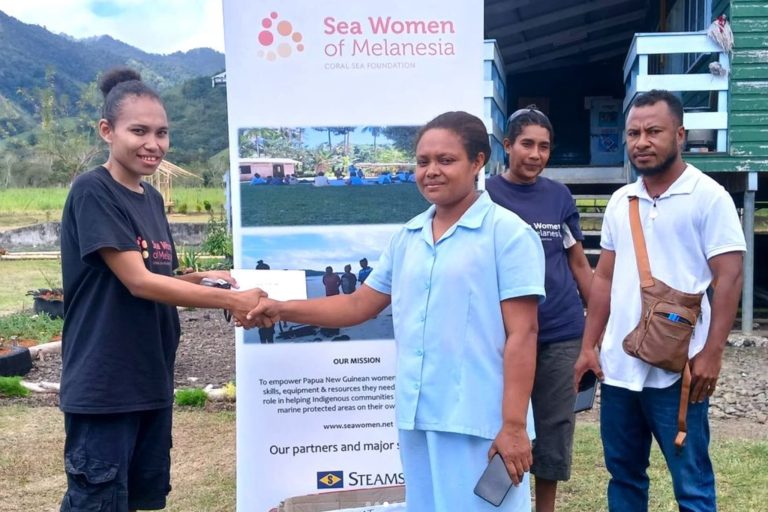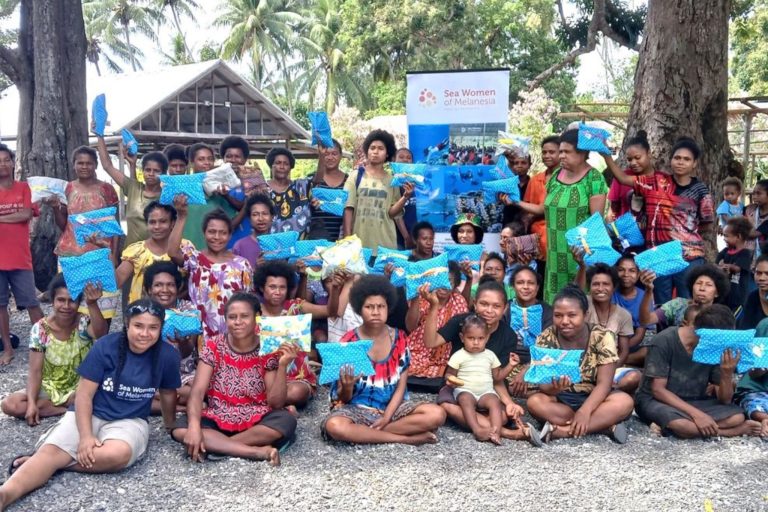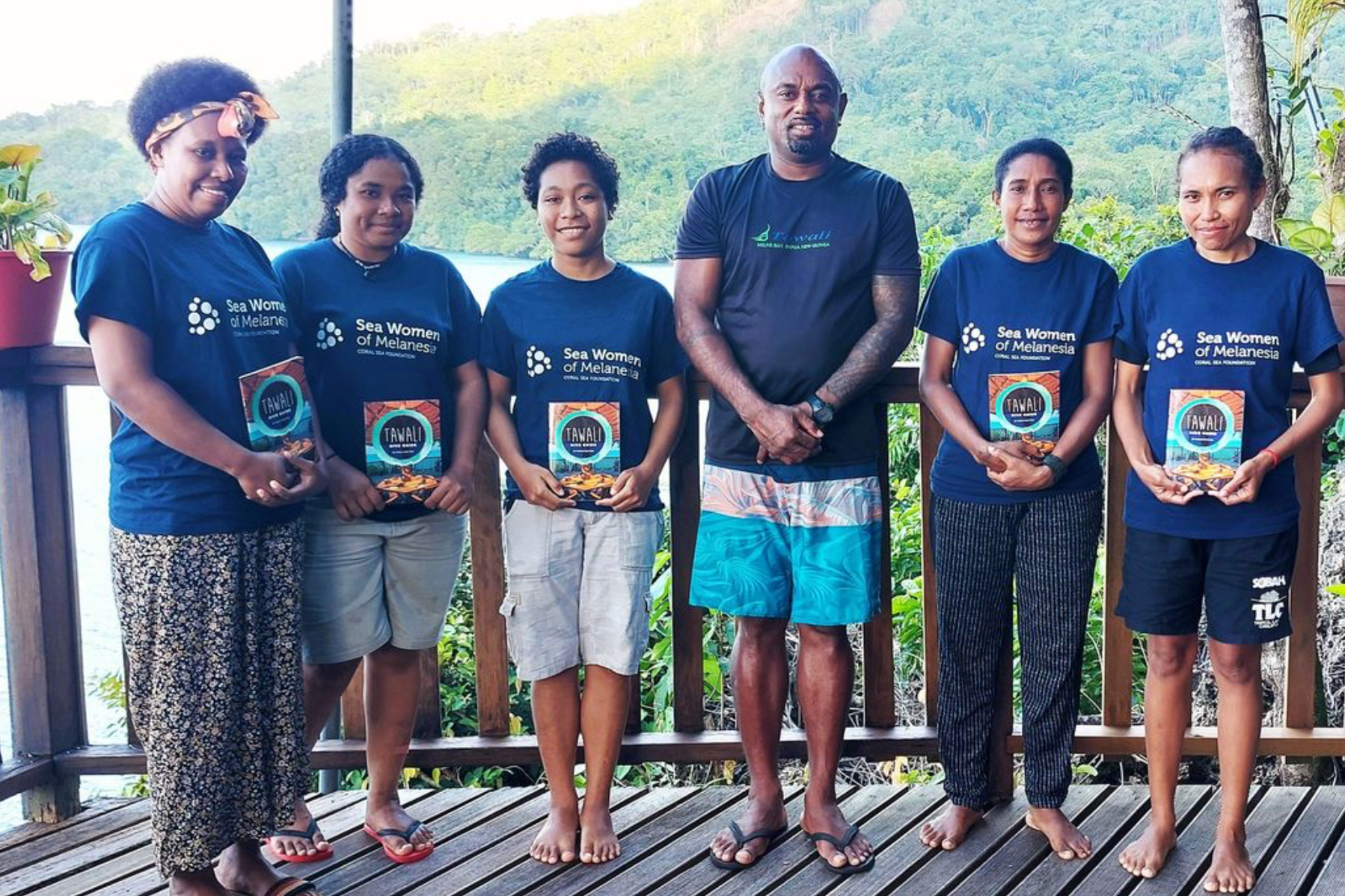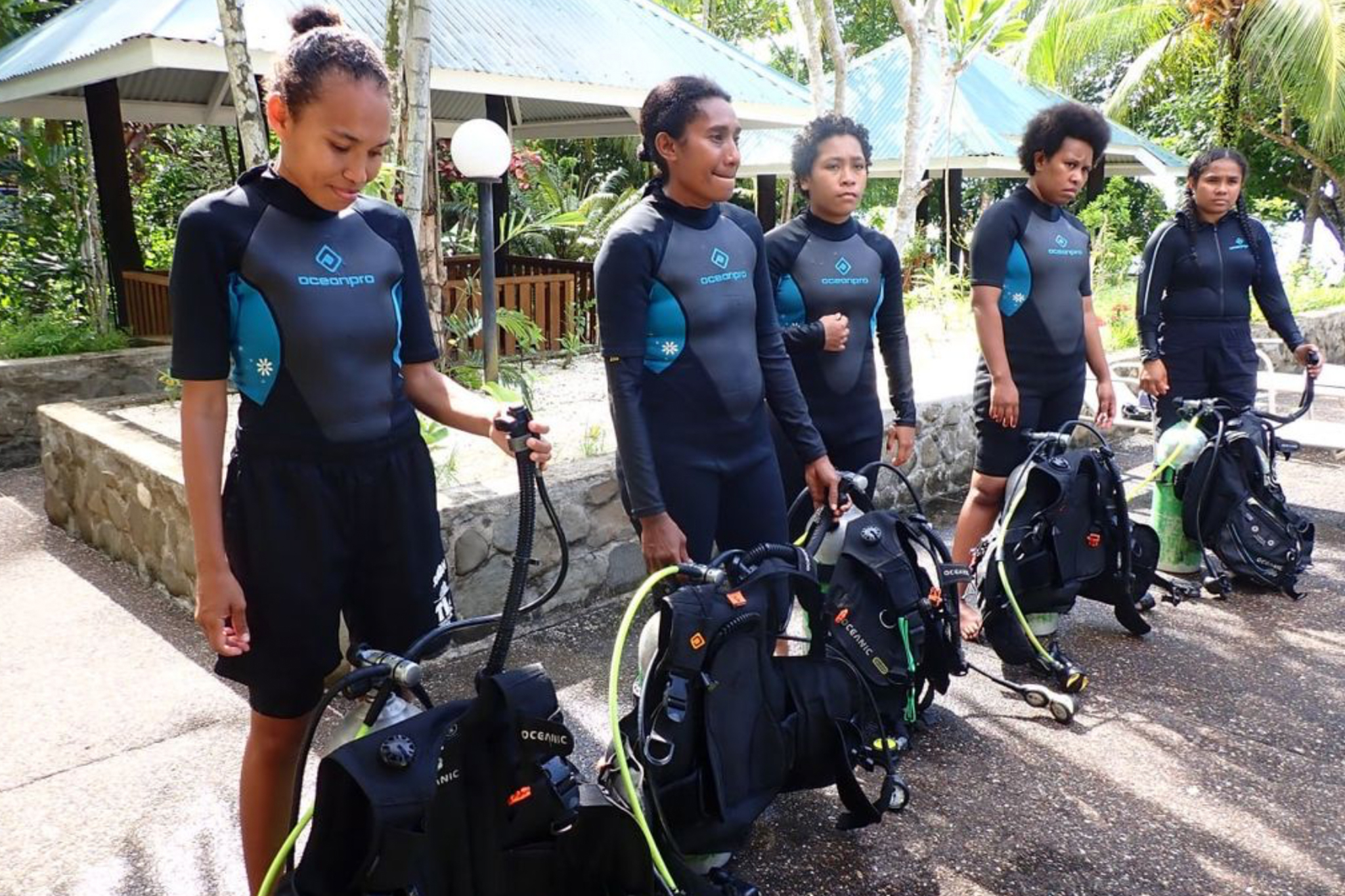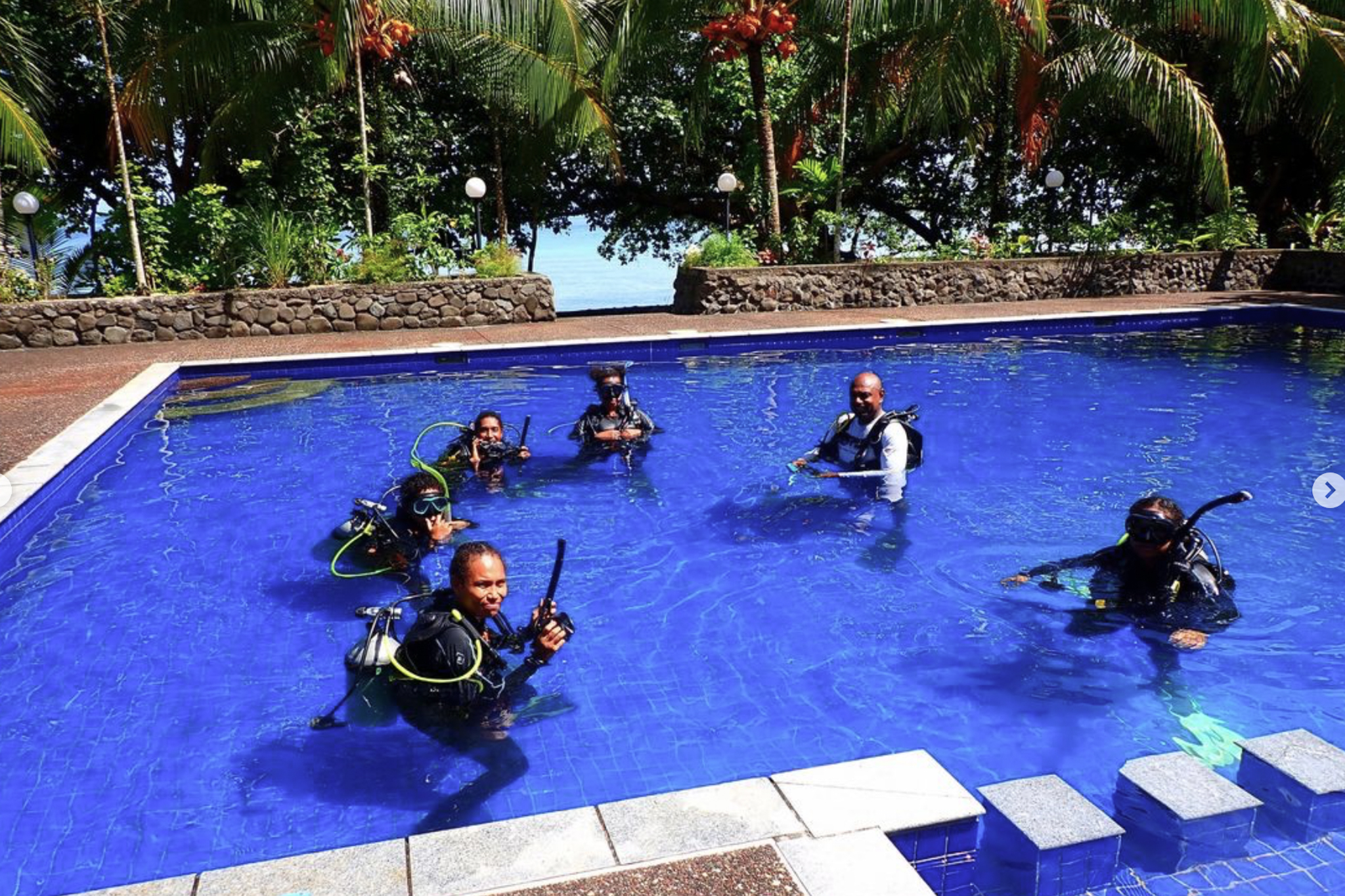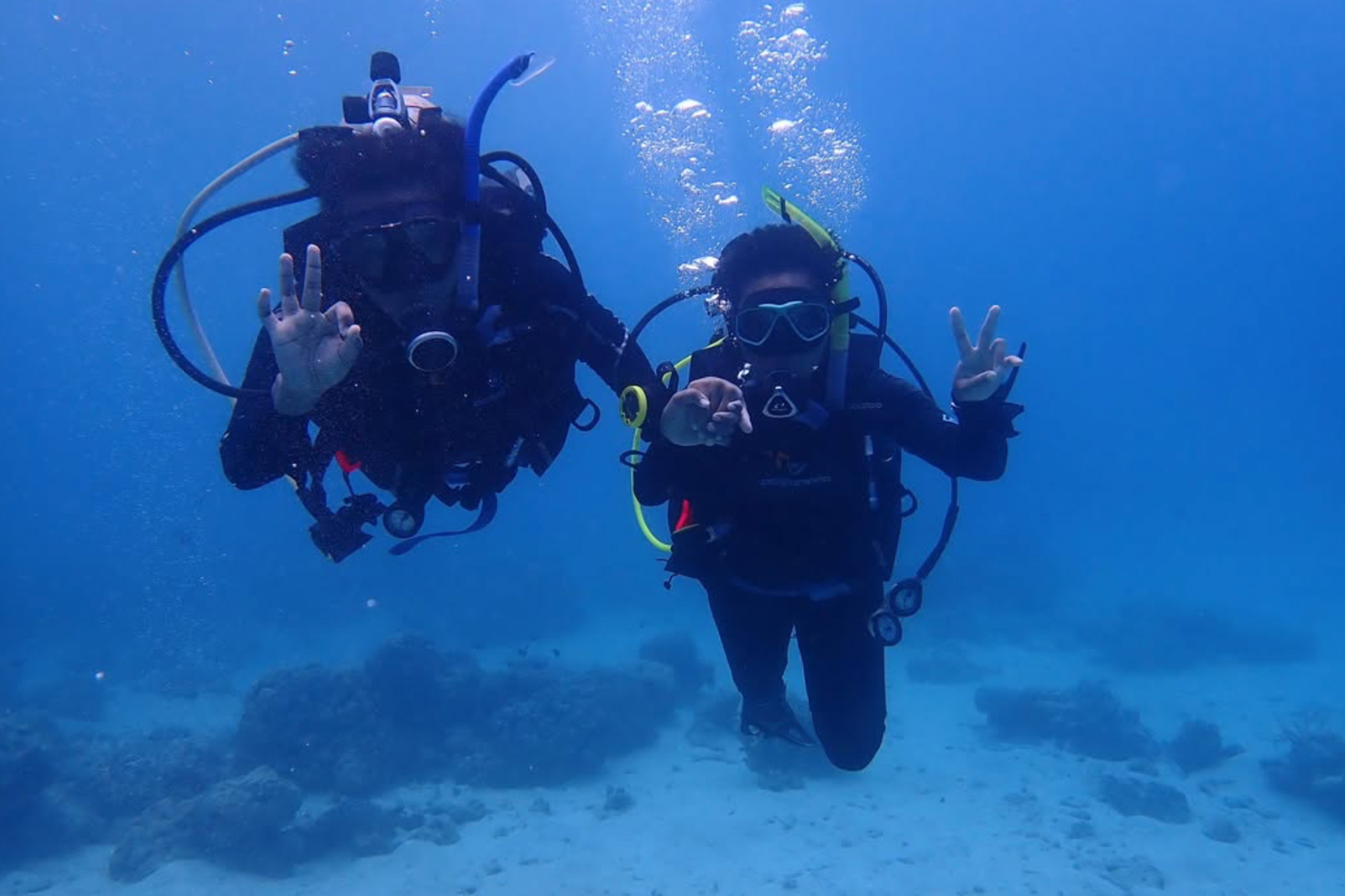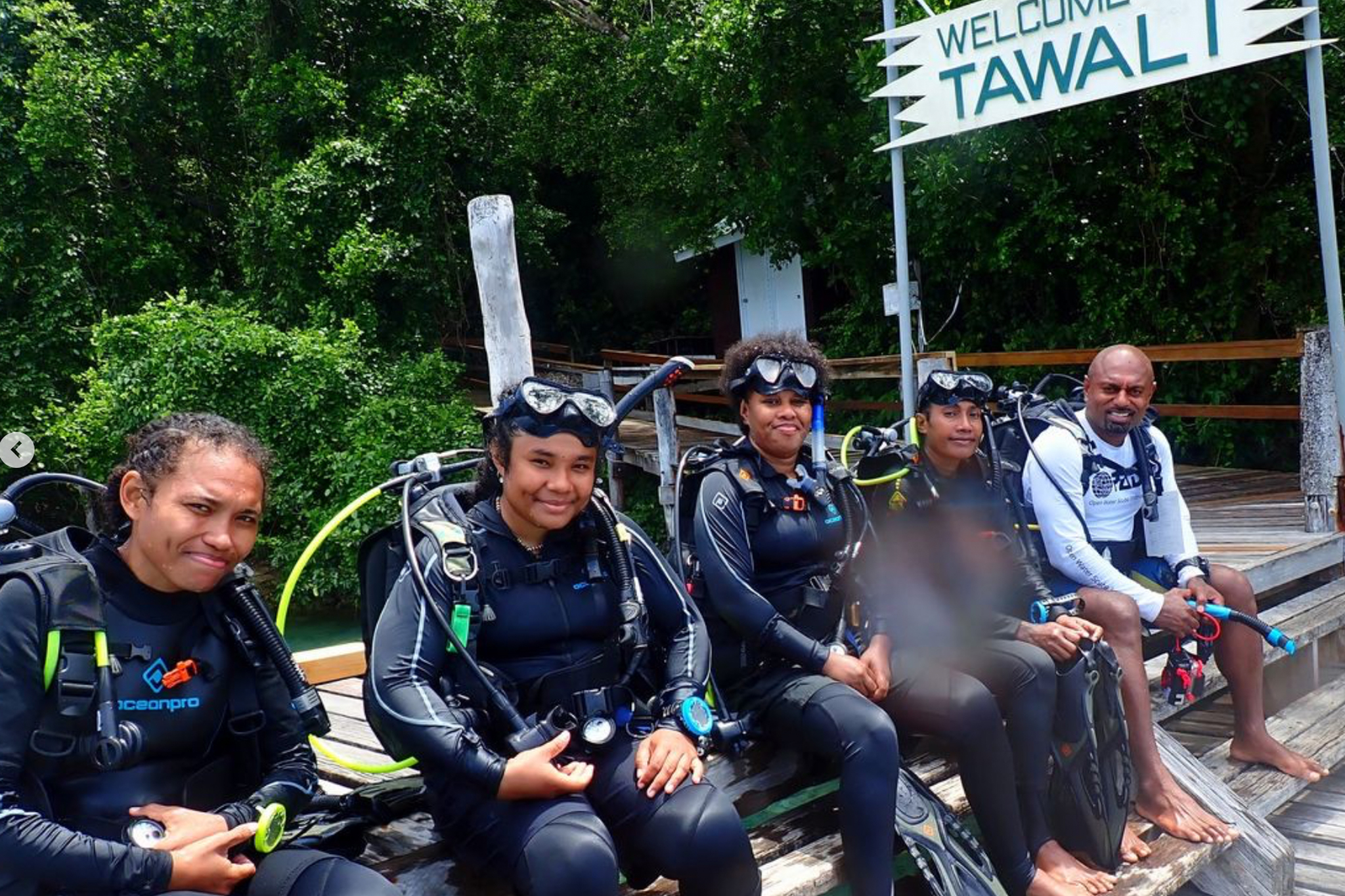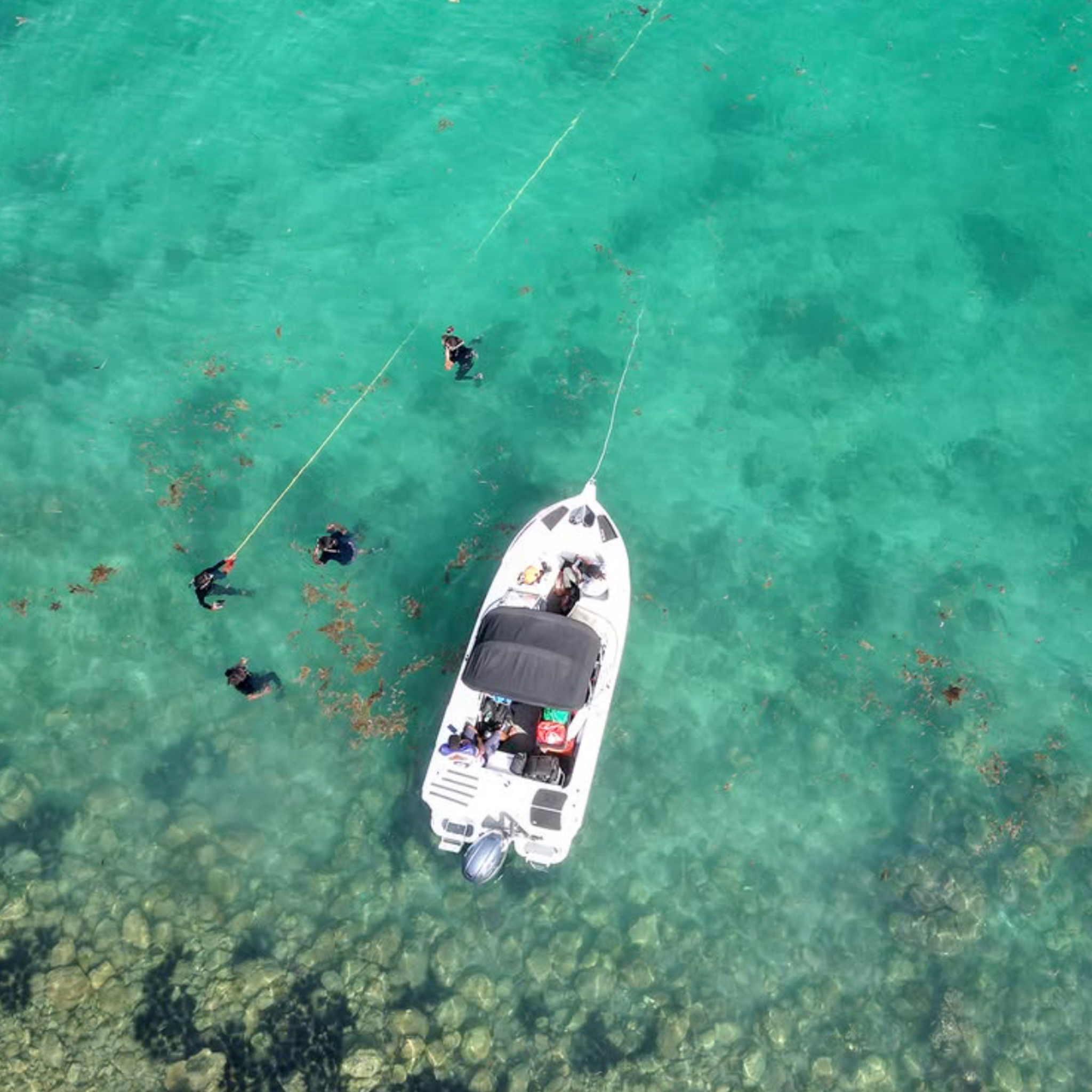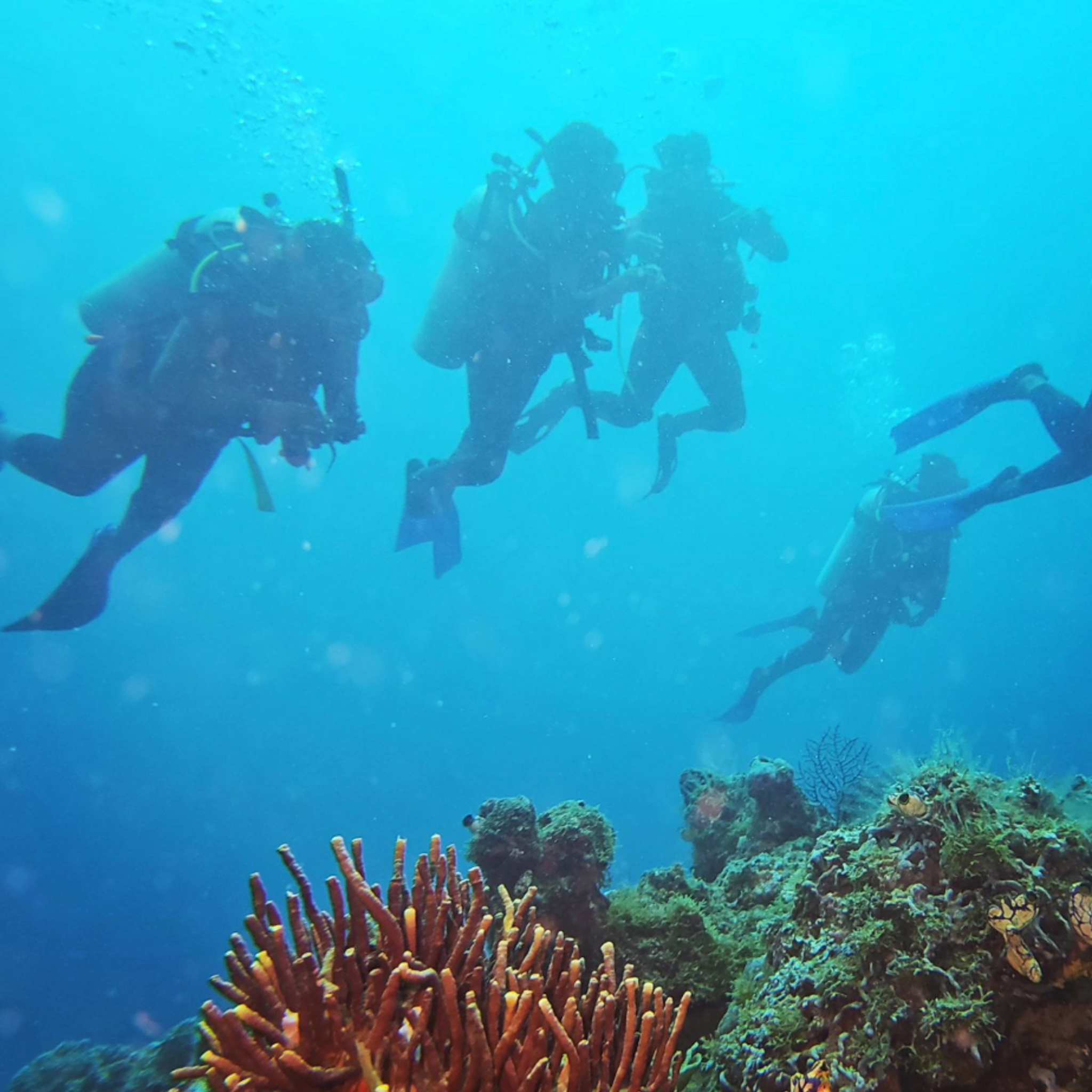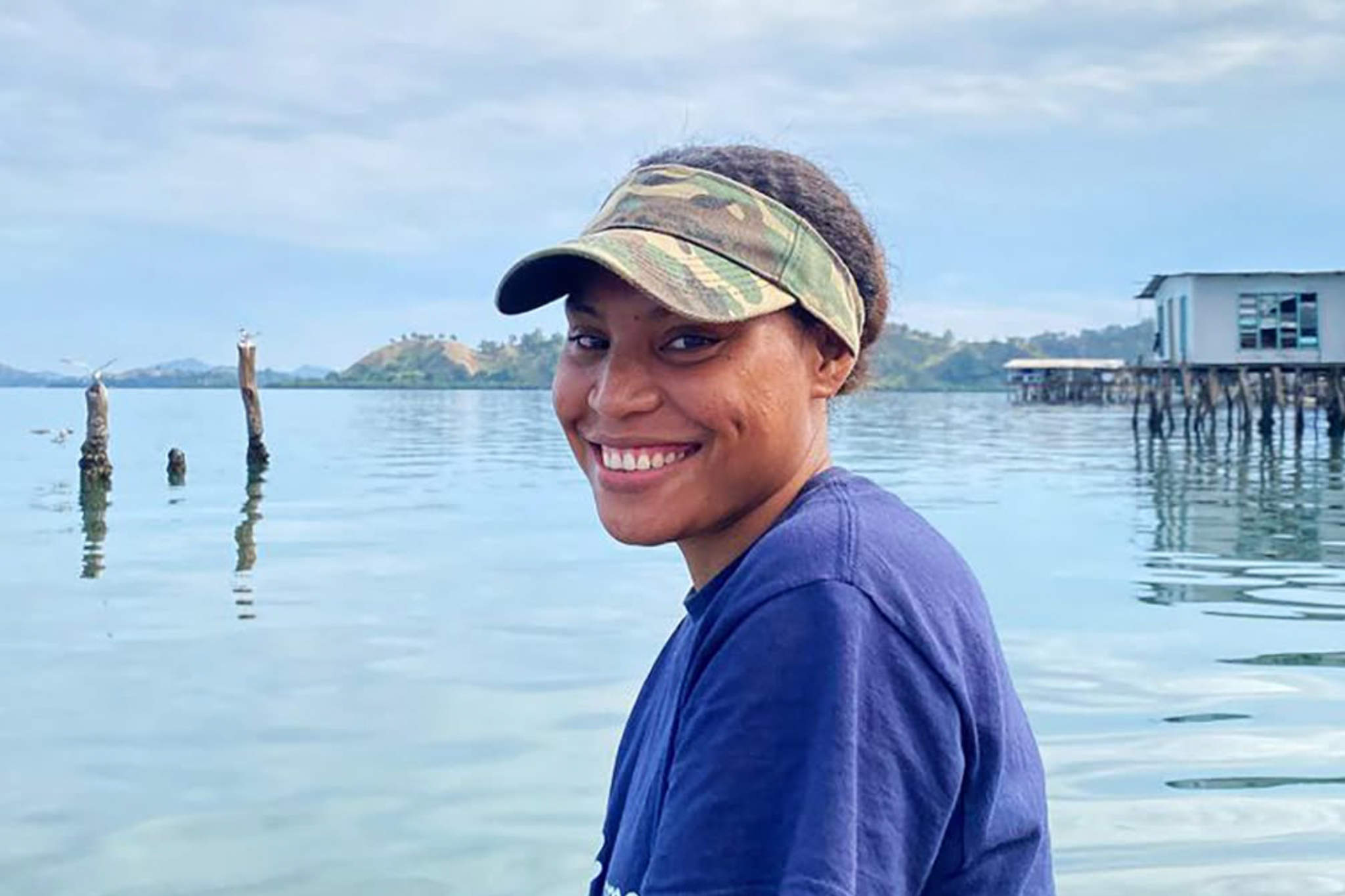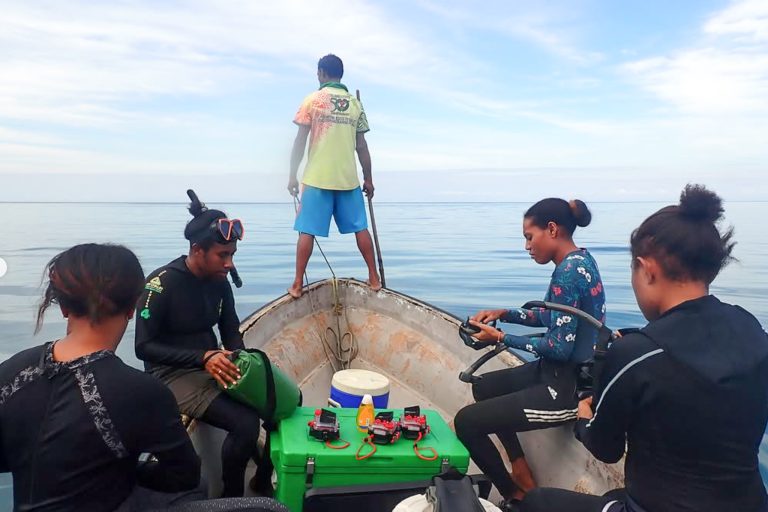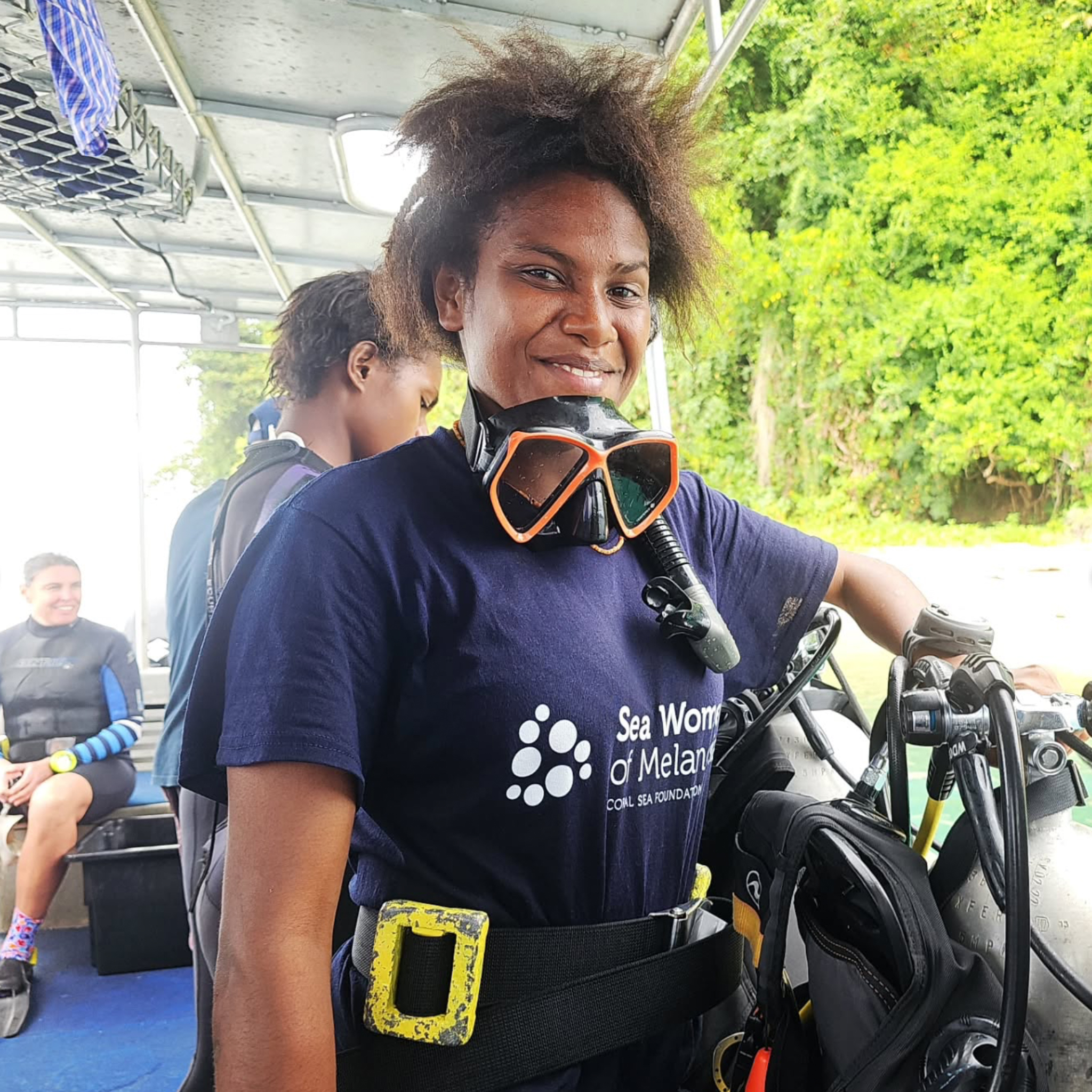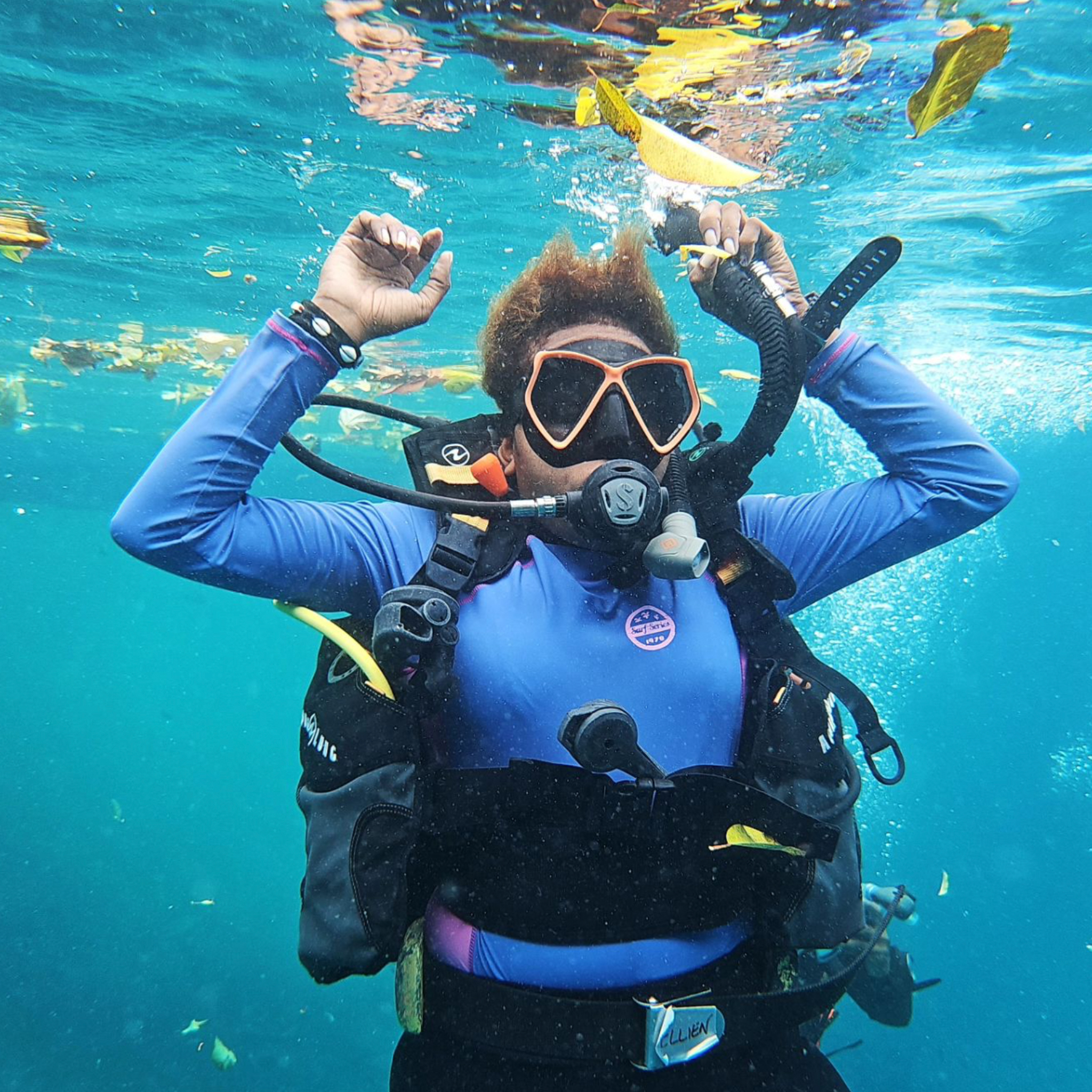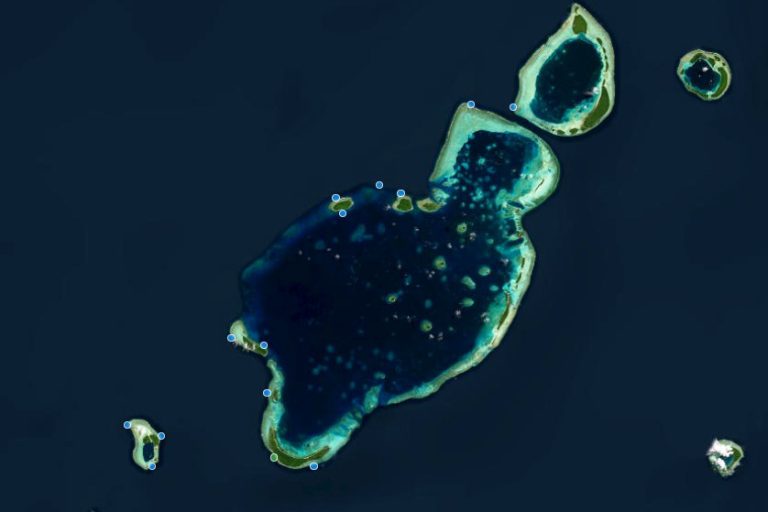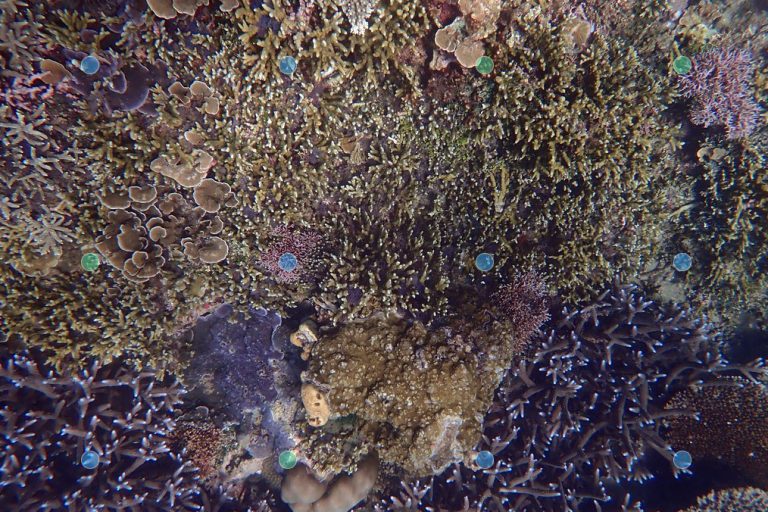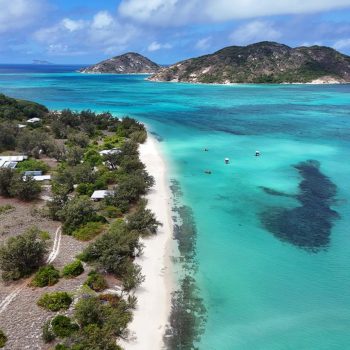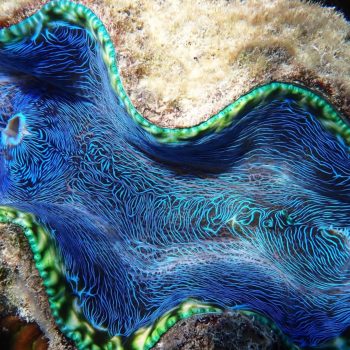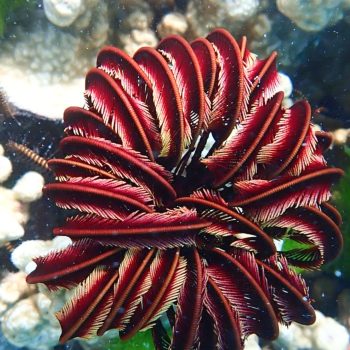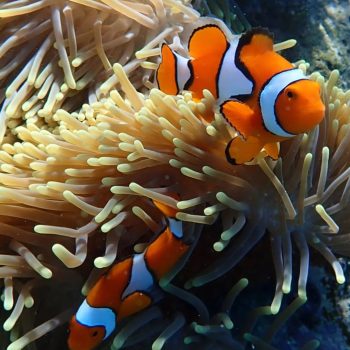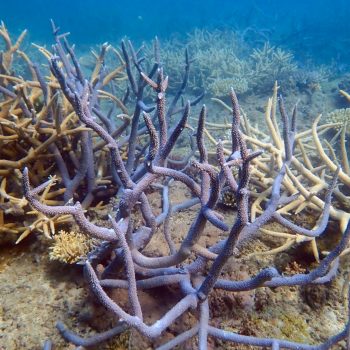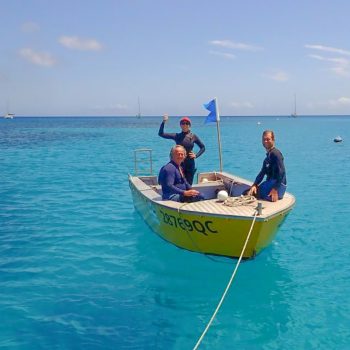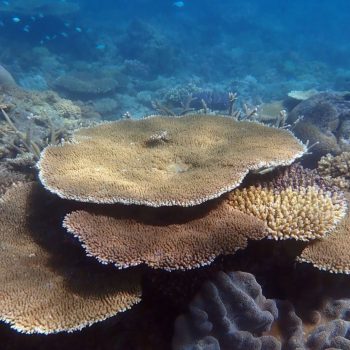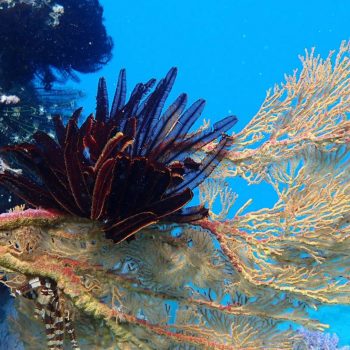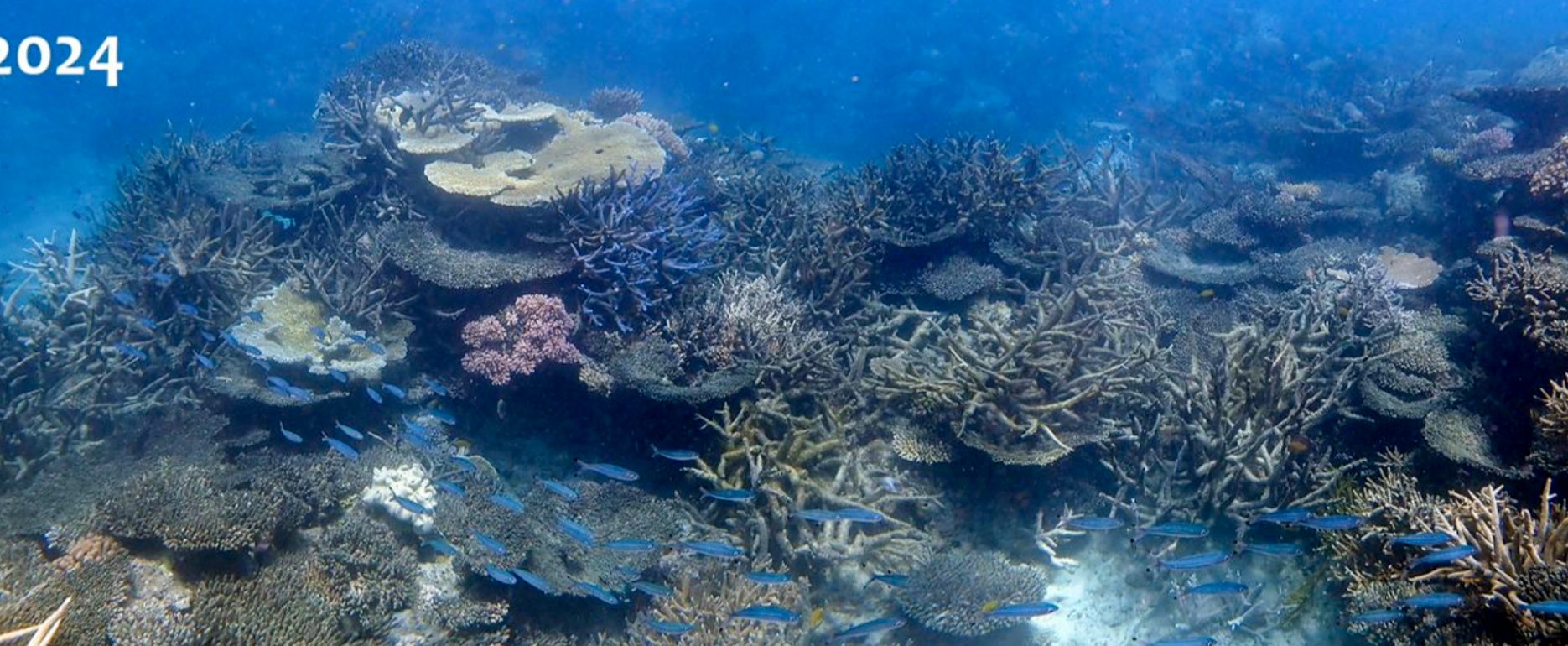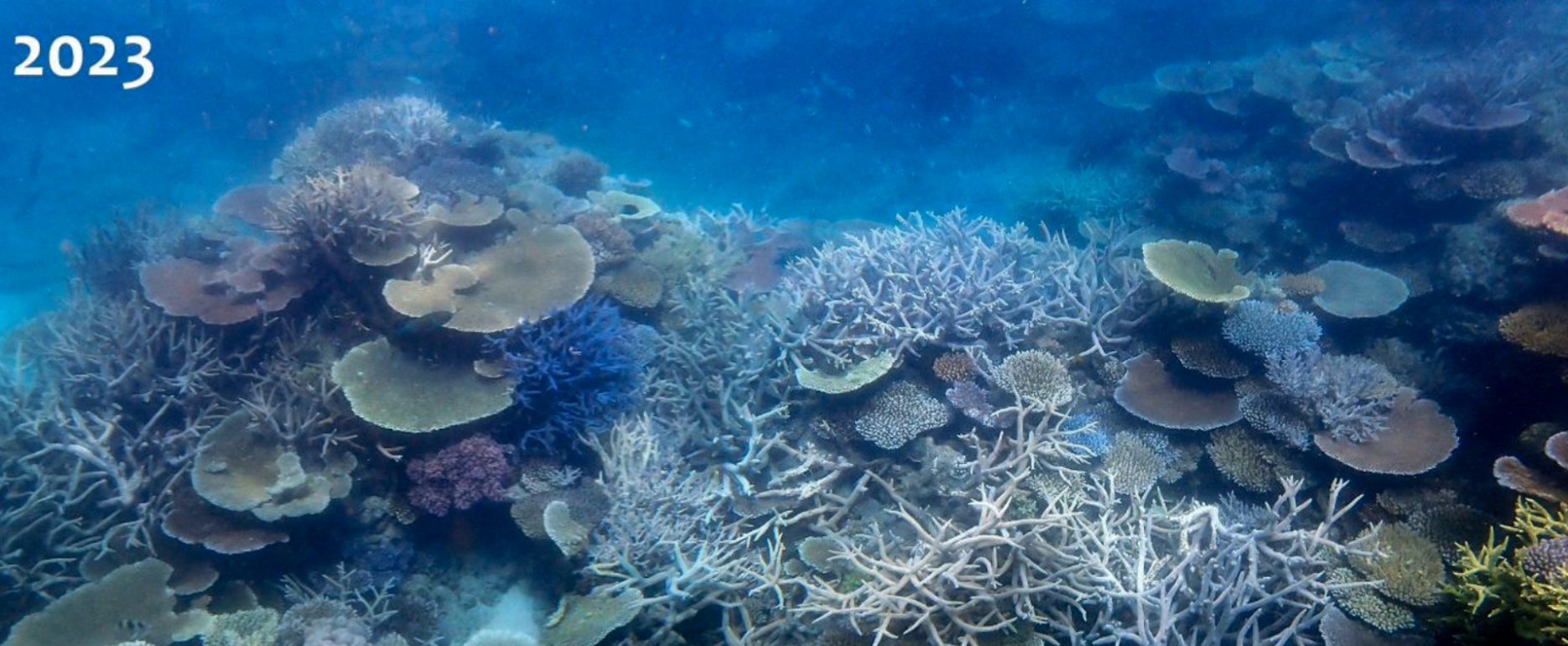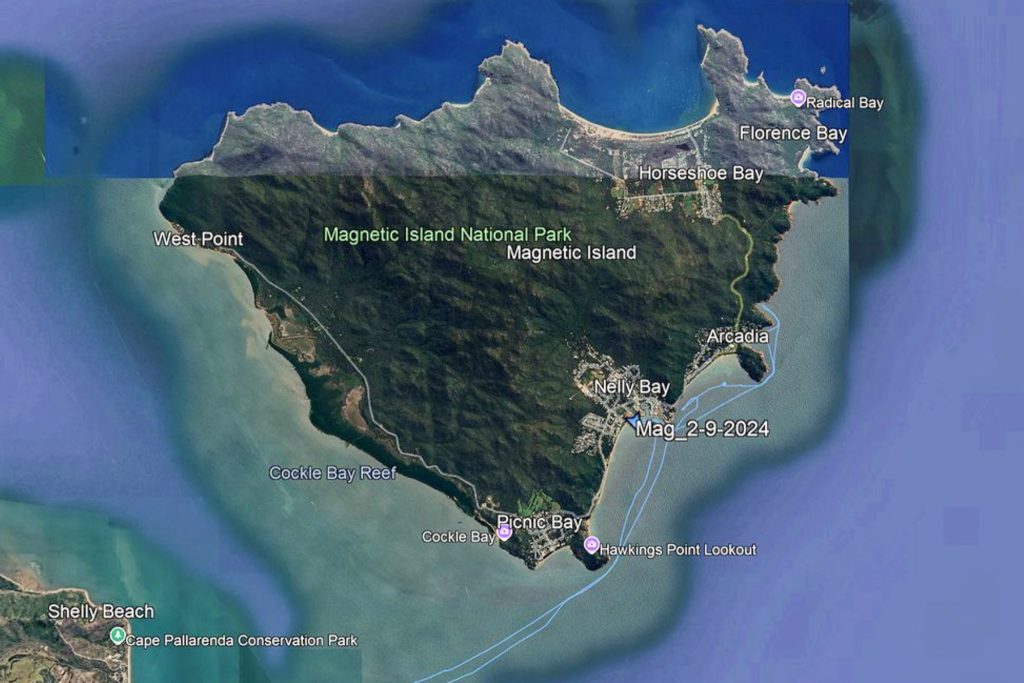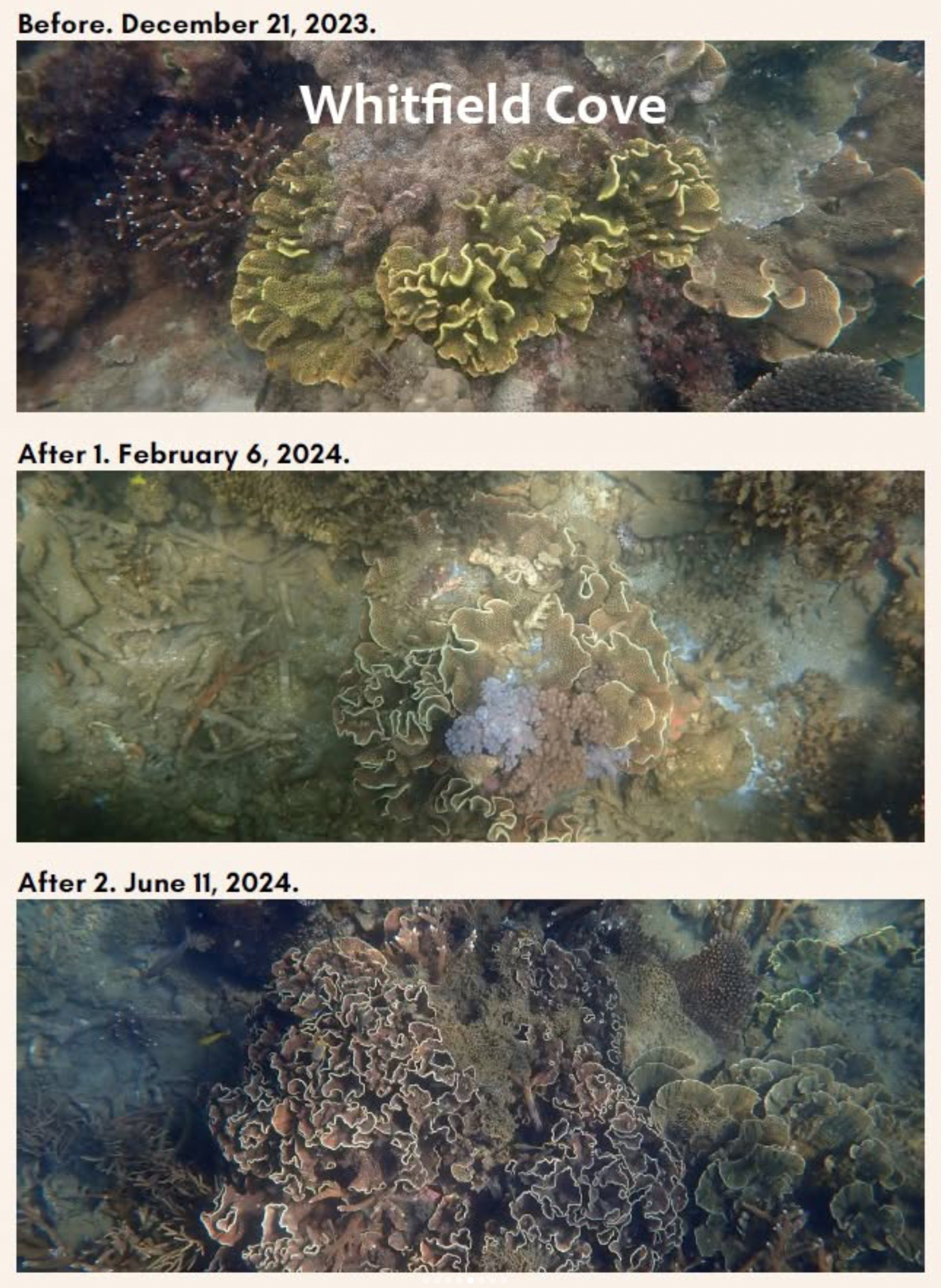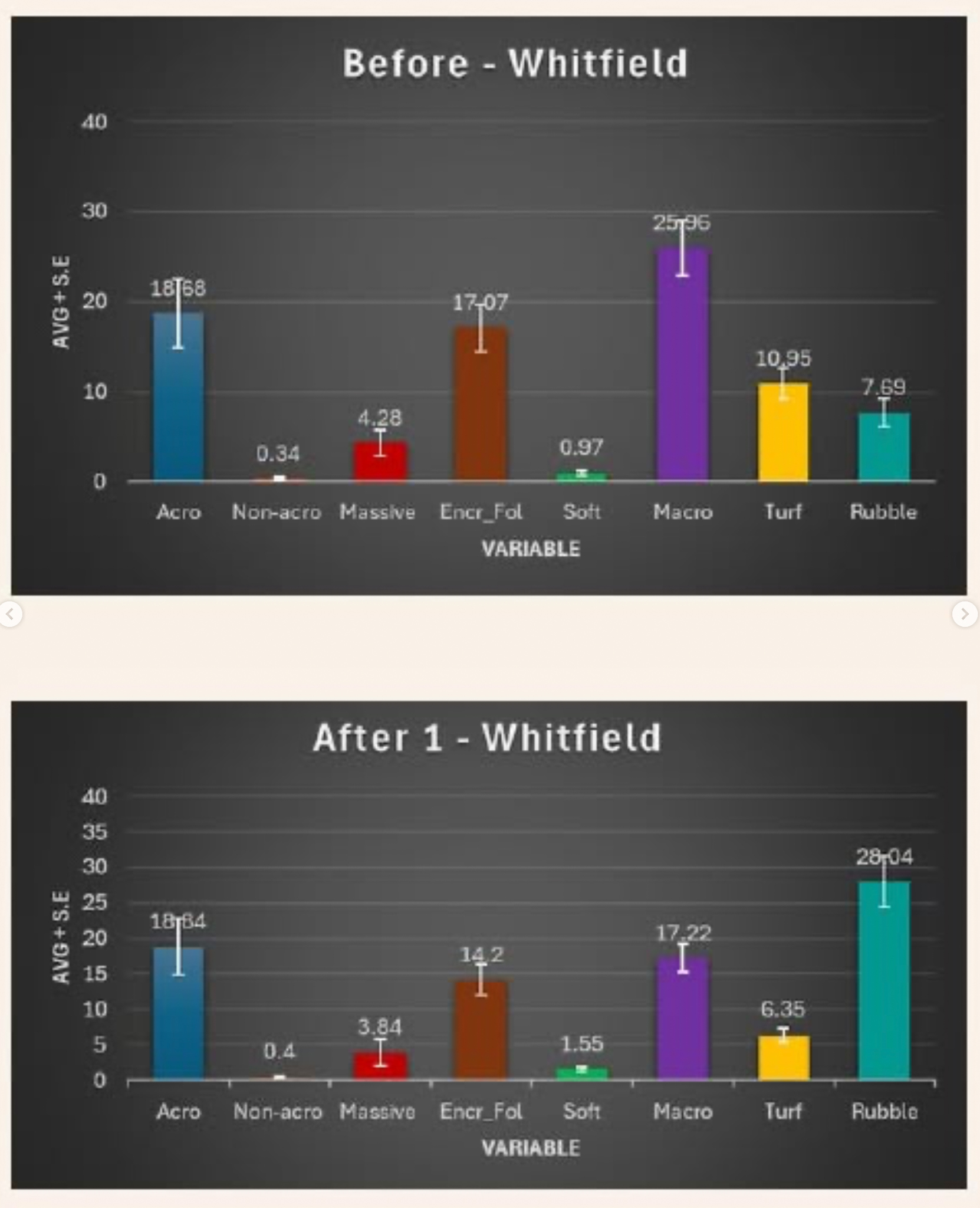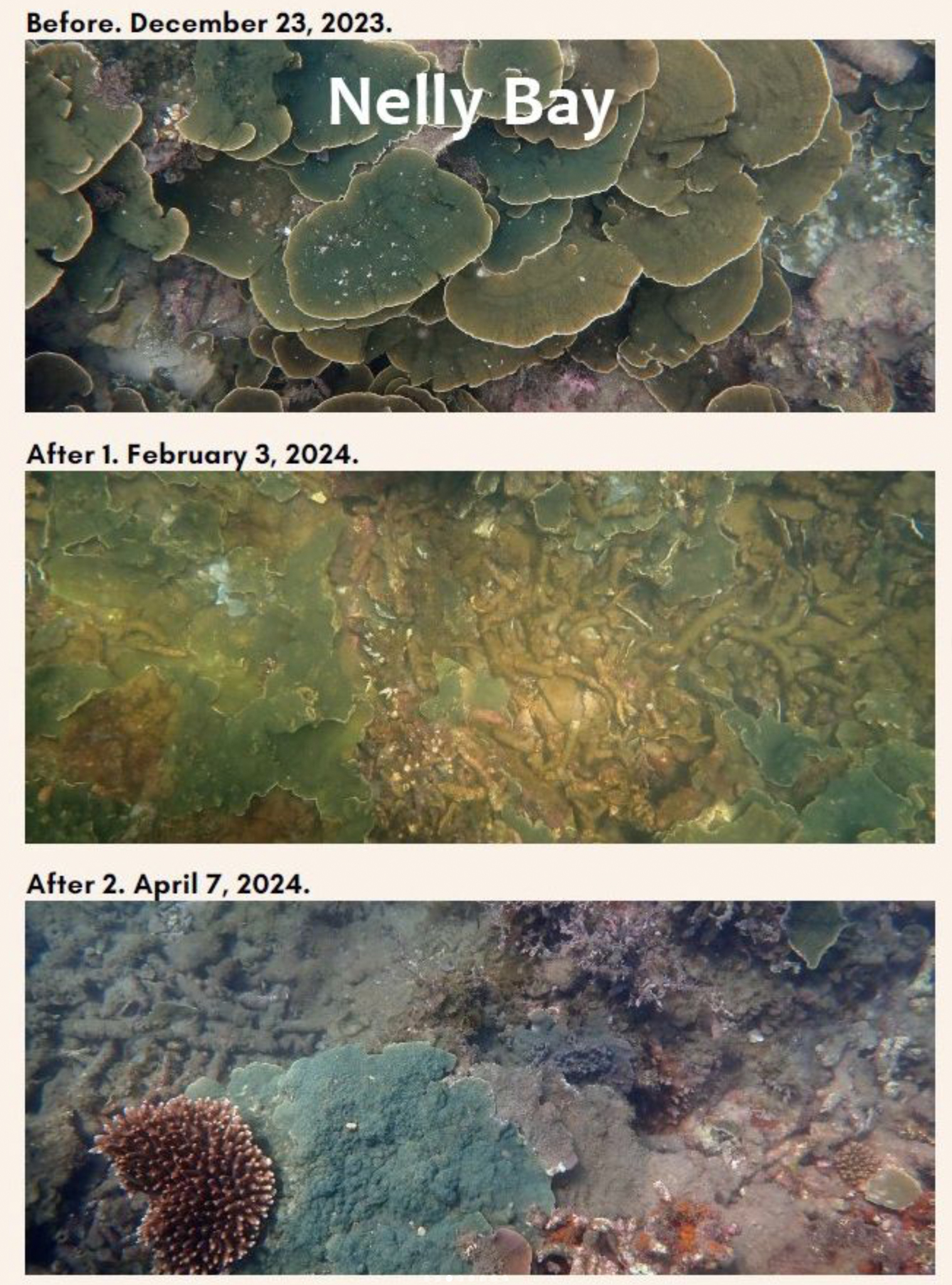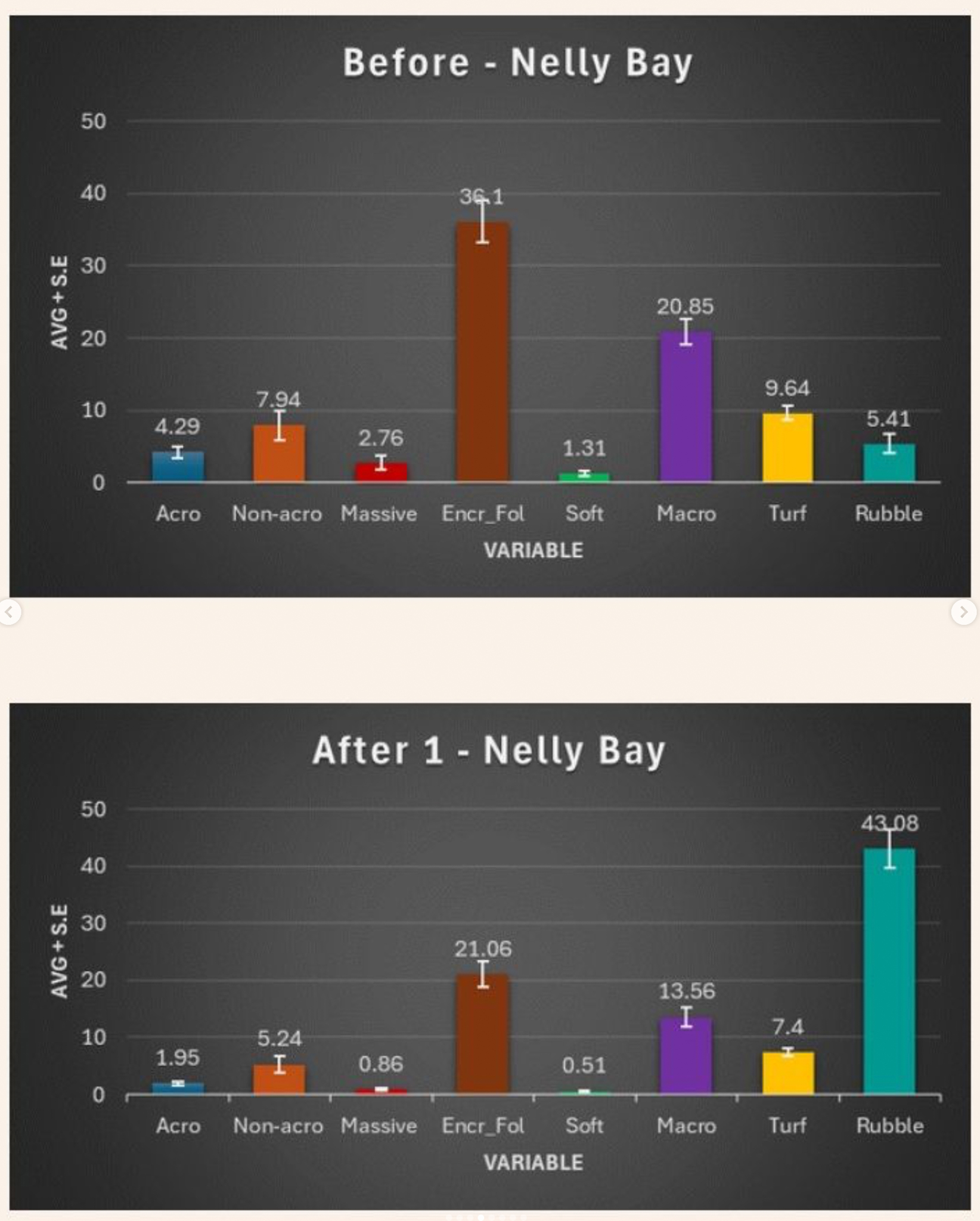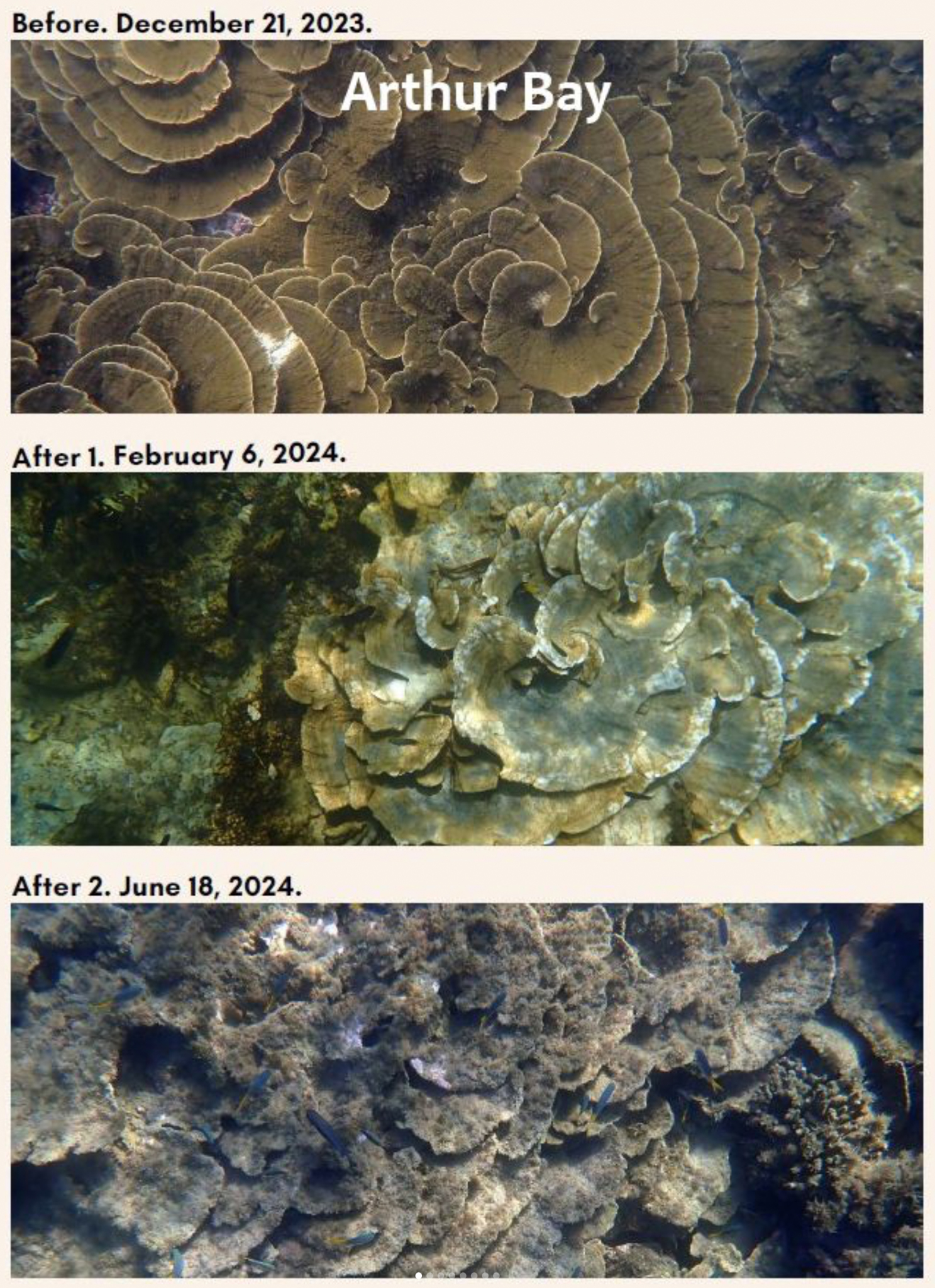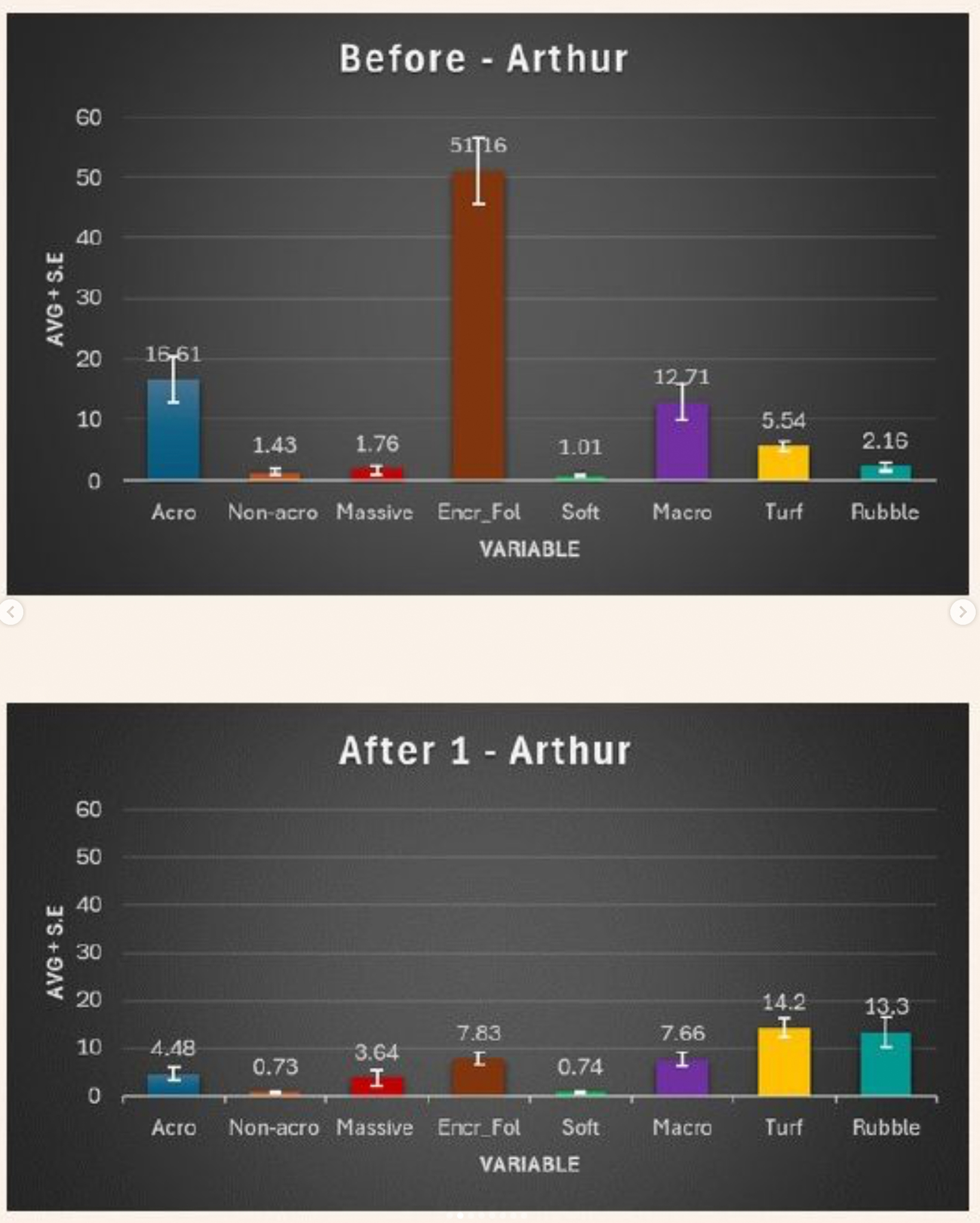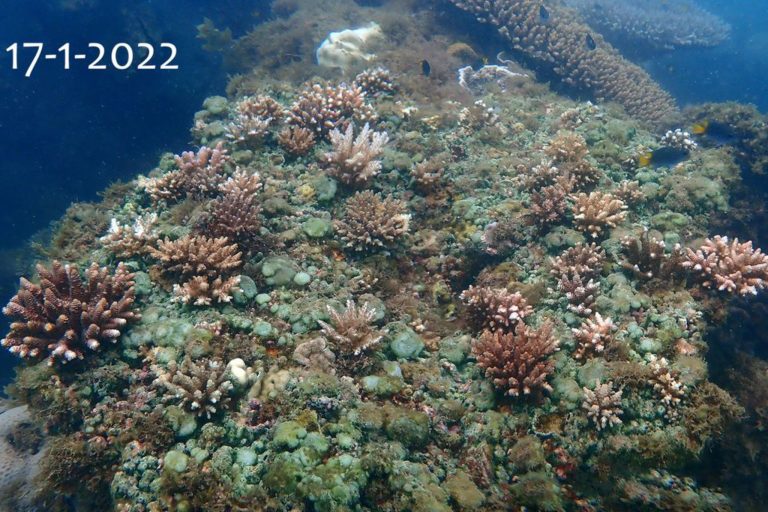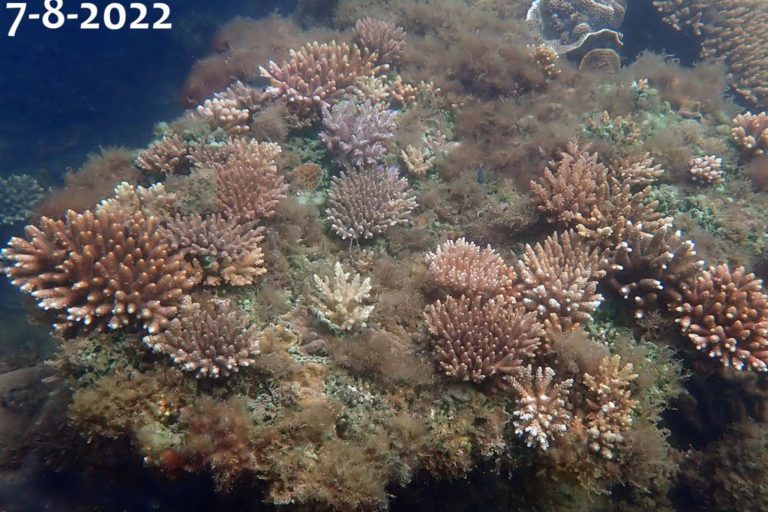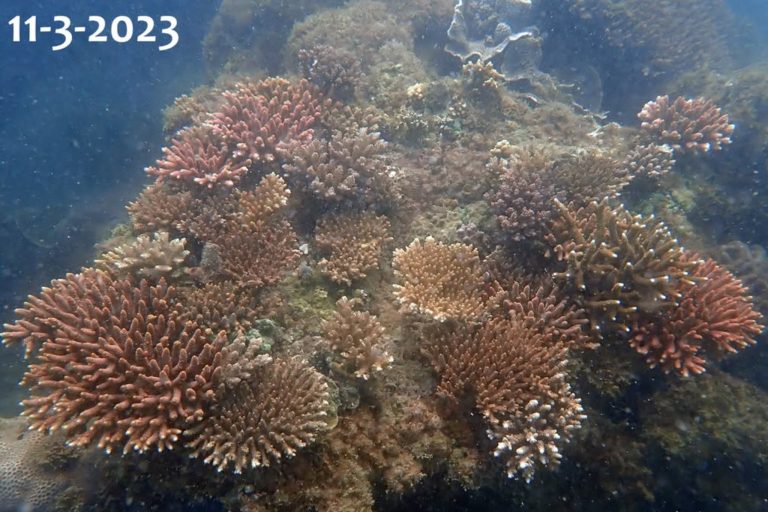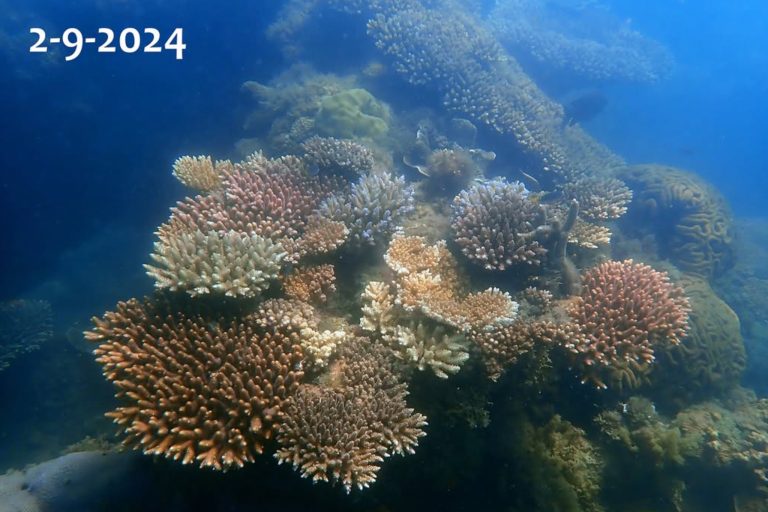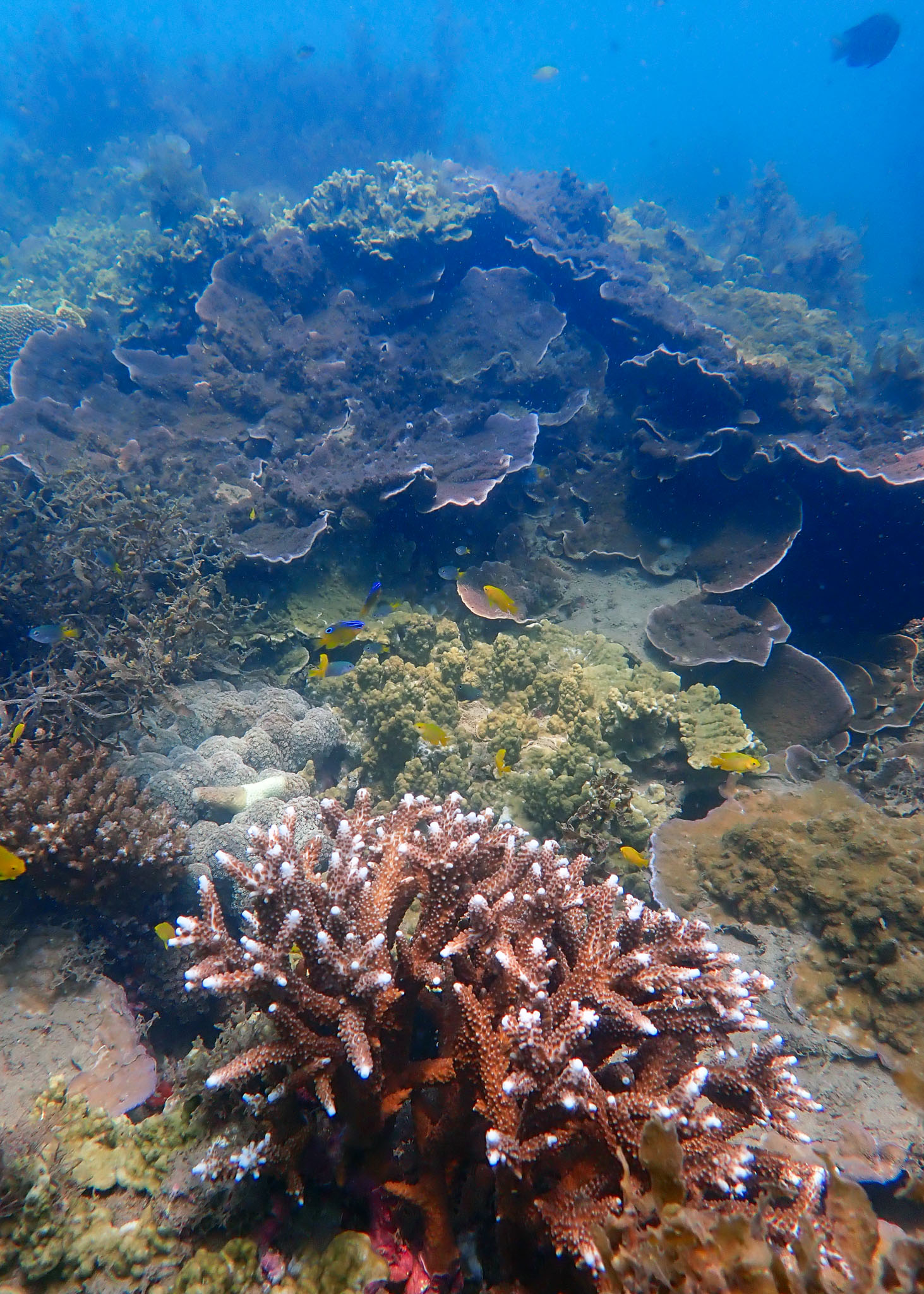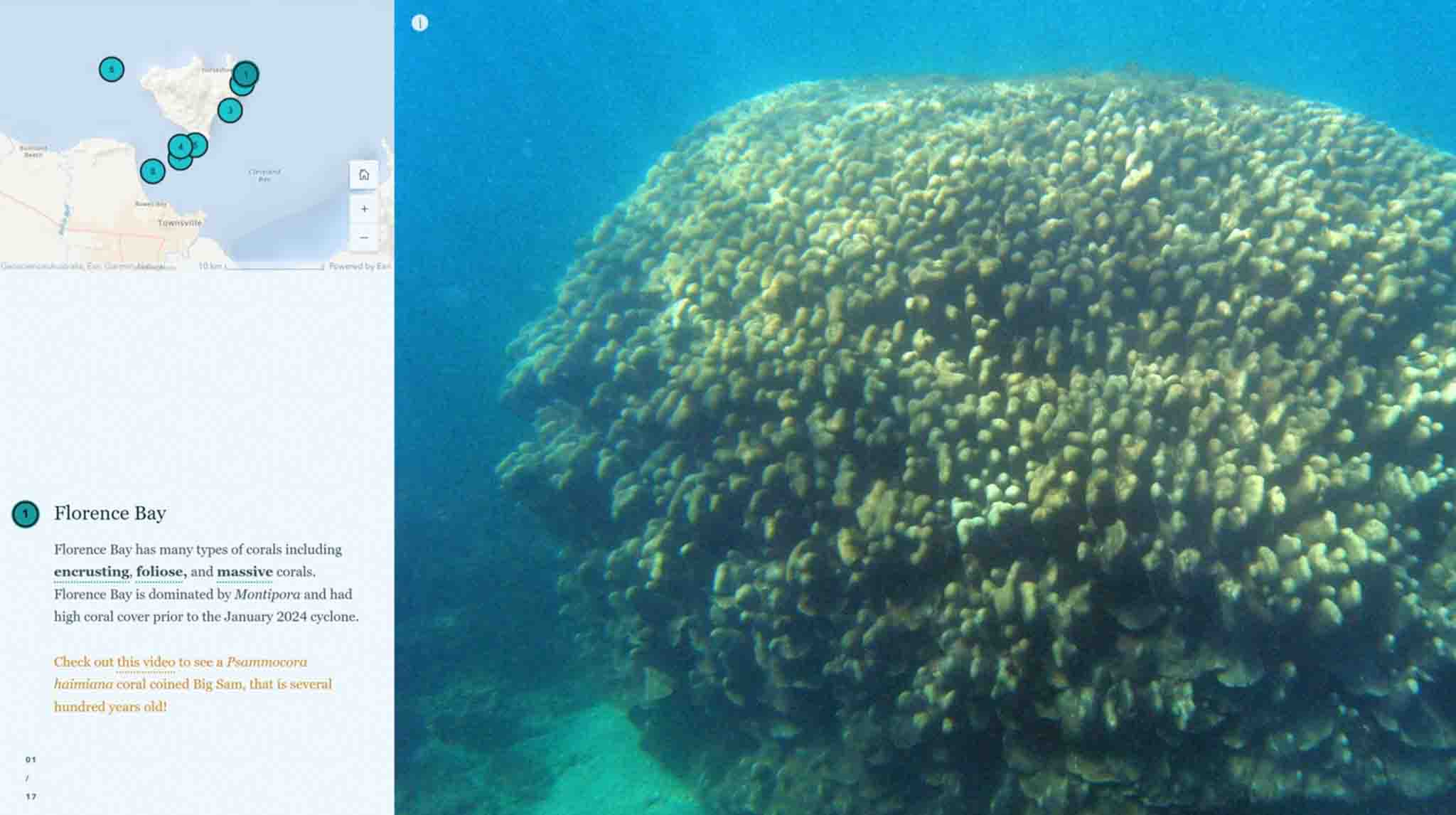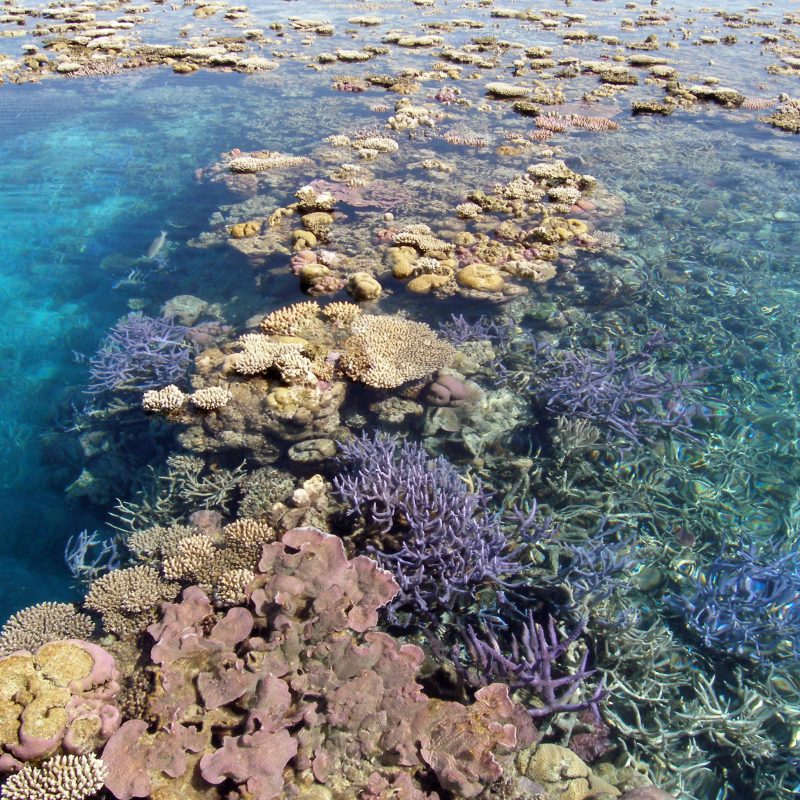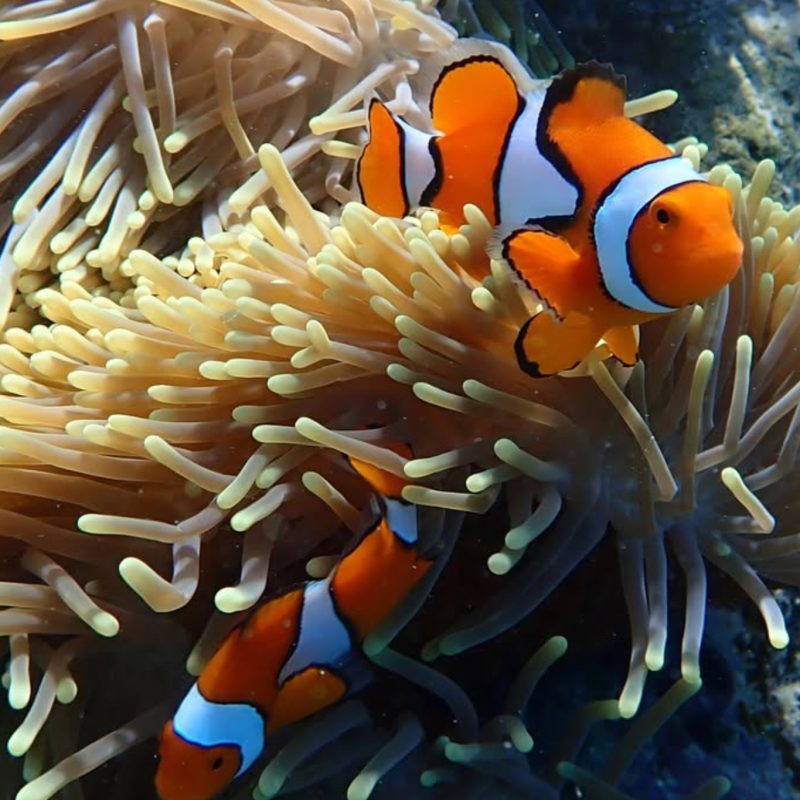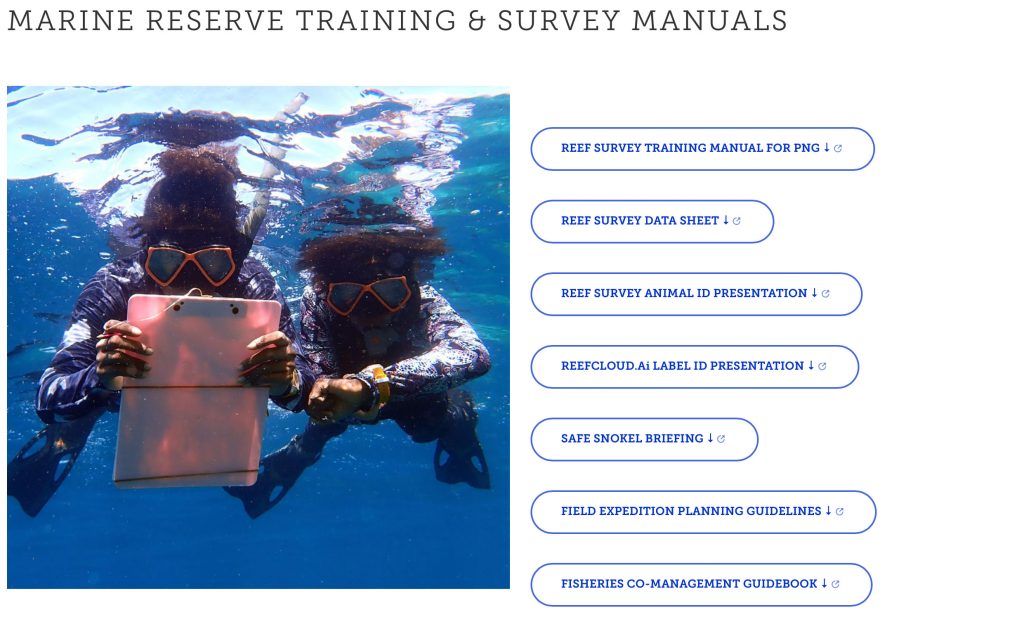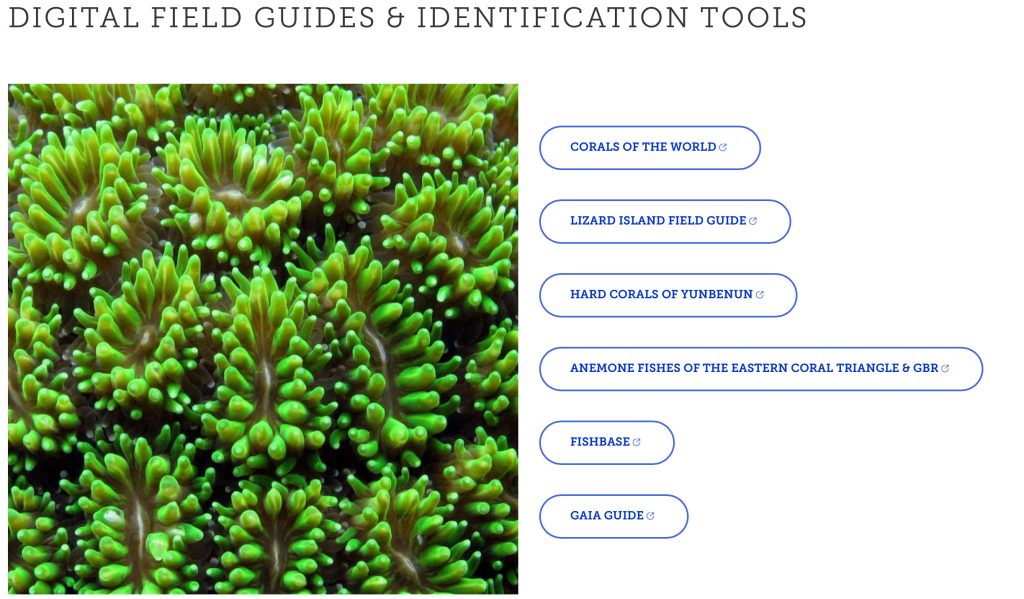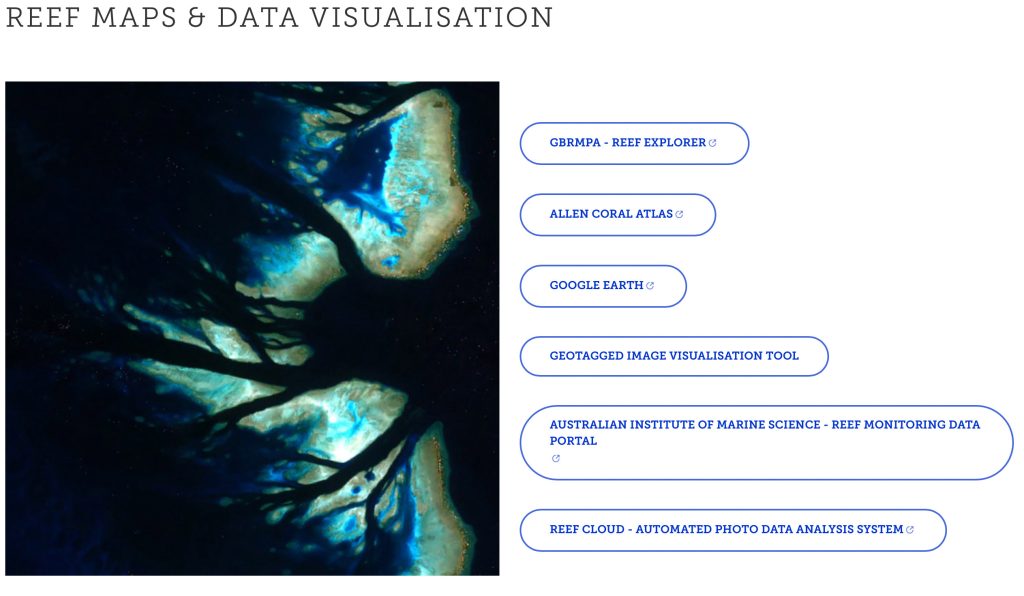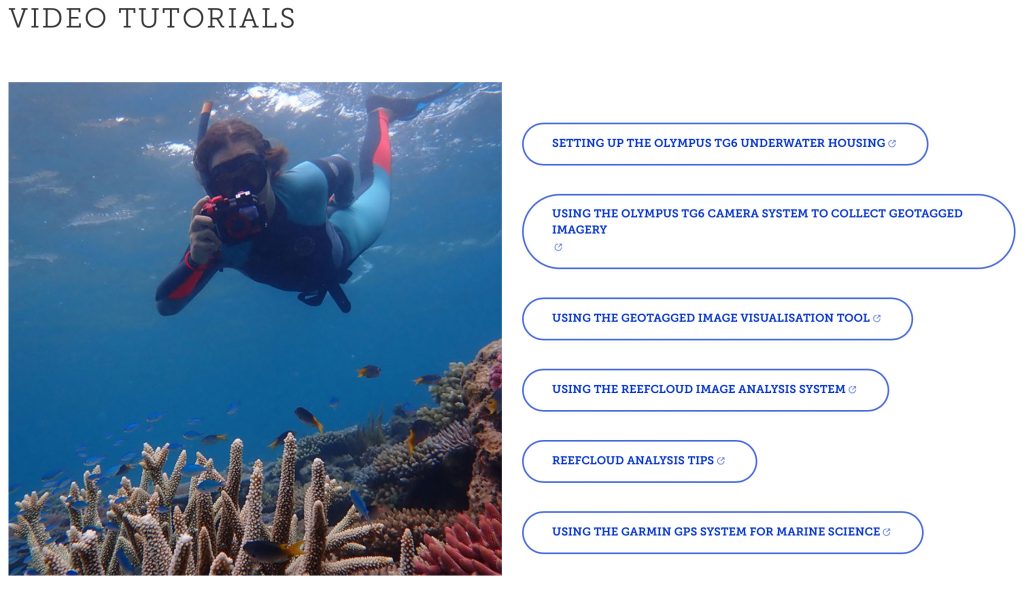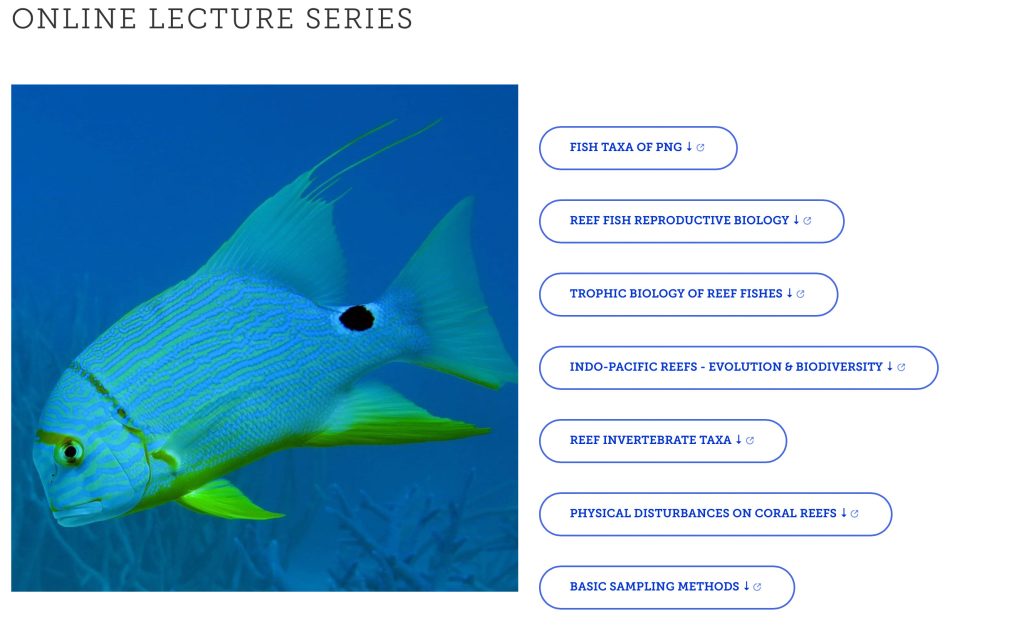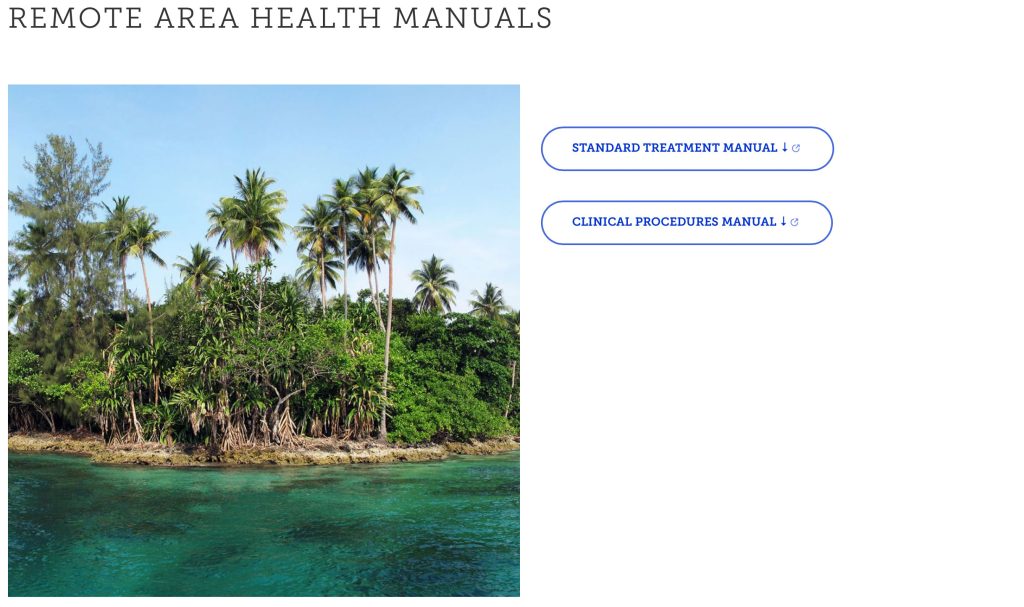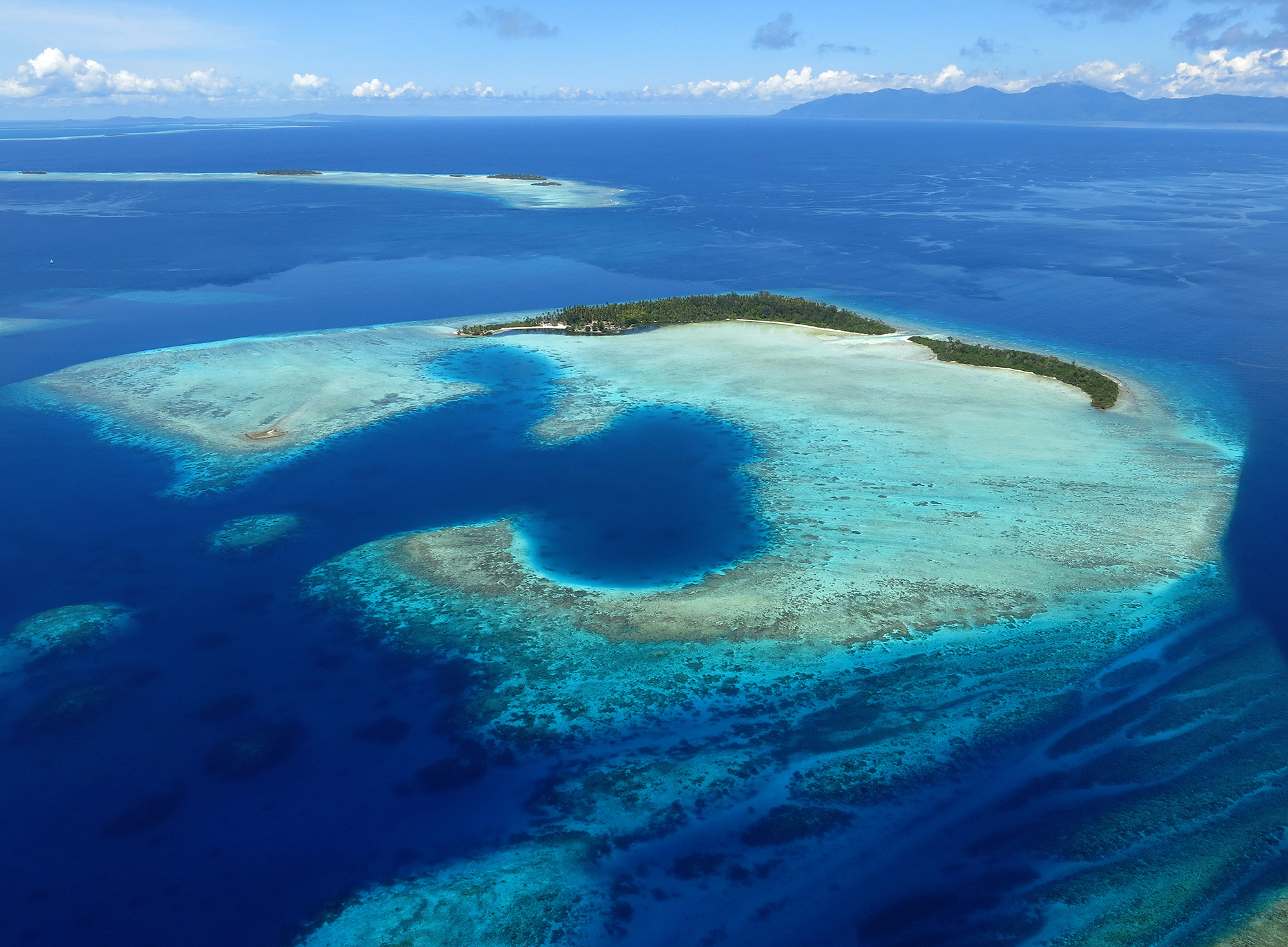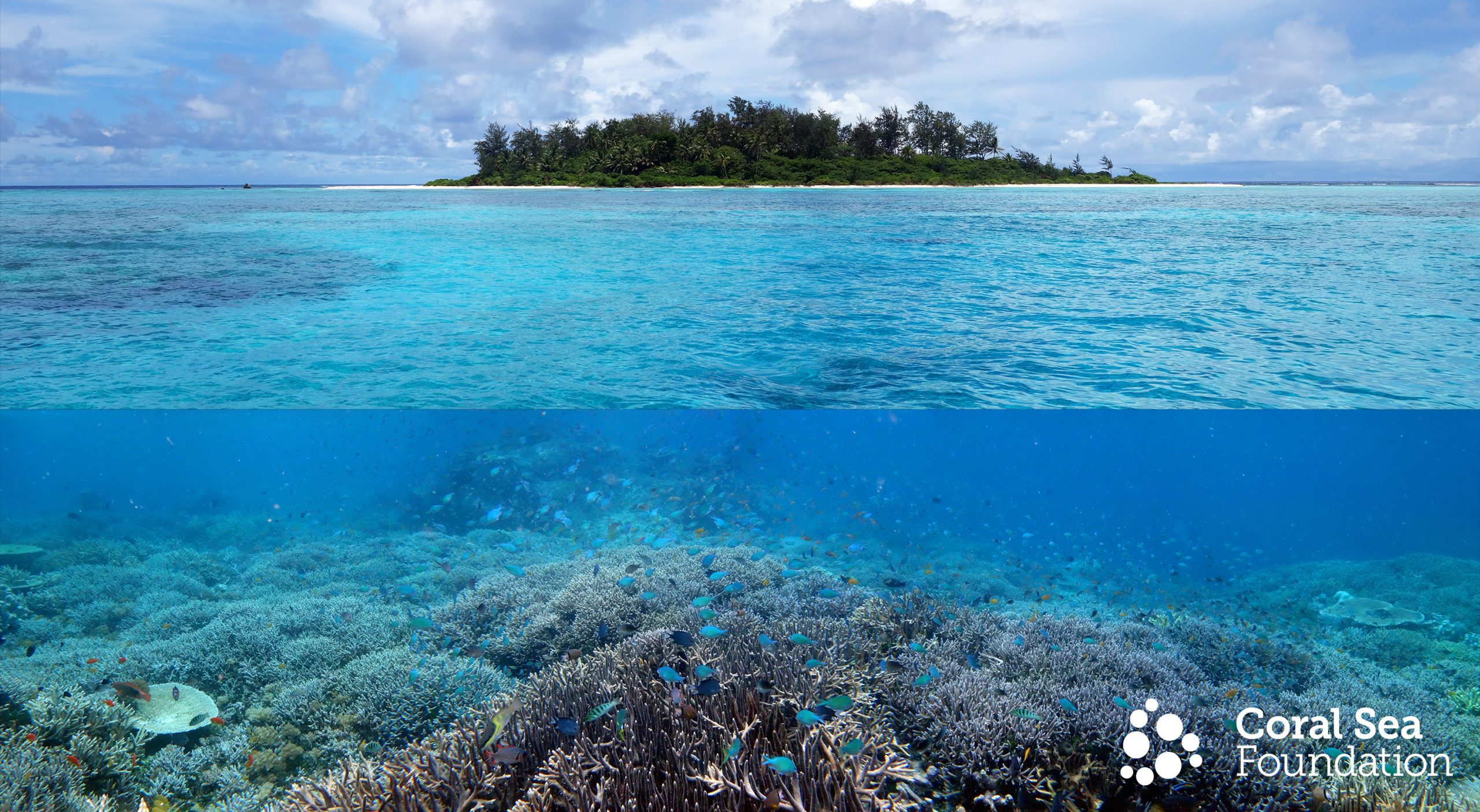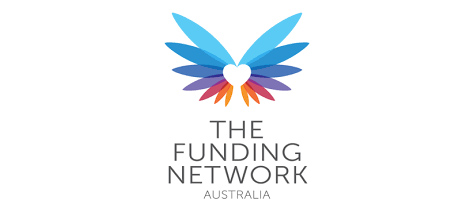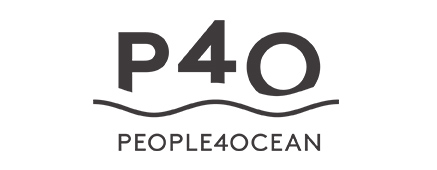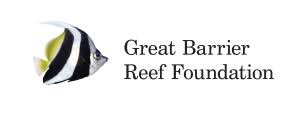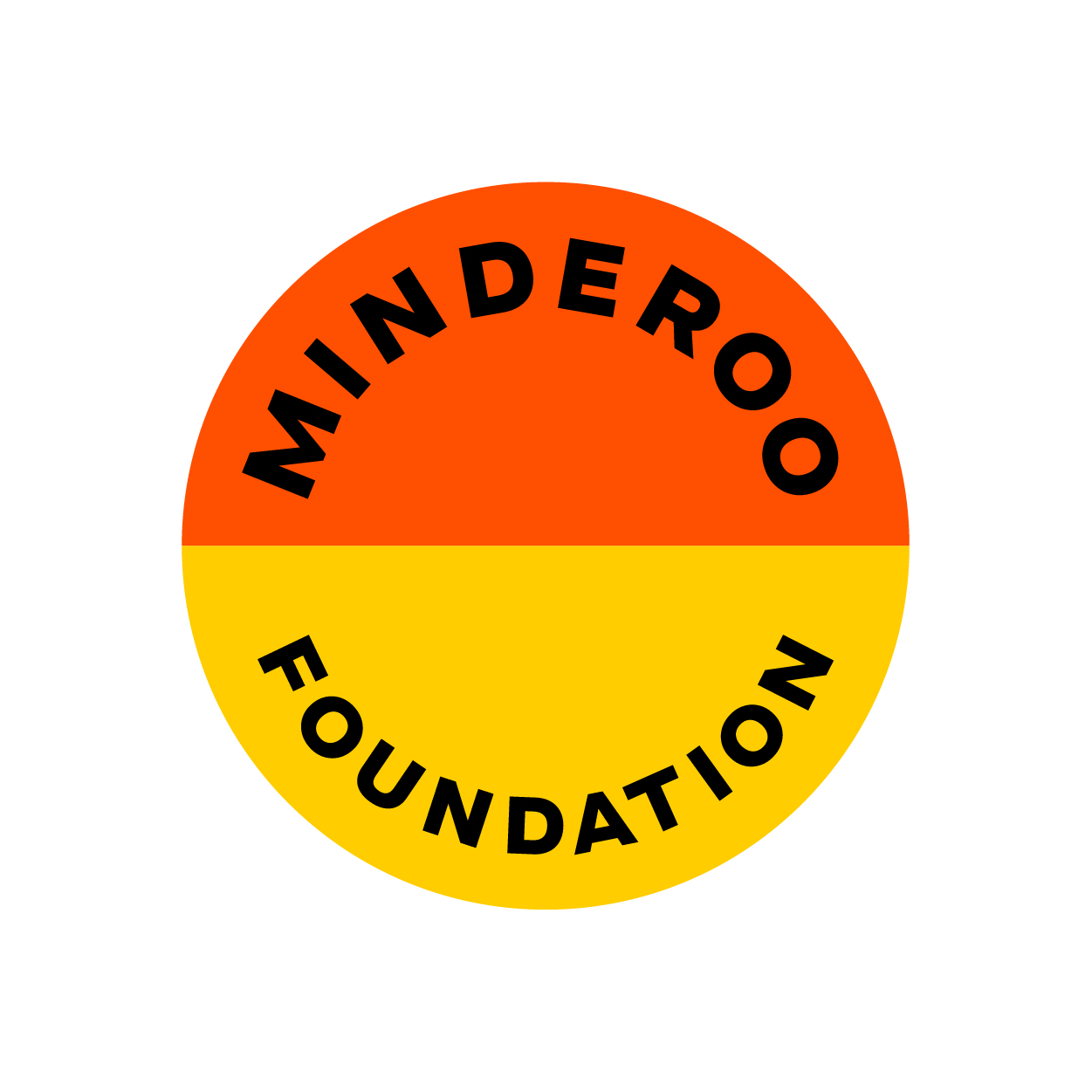Dear members, supporters, and friends of the Coral Sea Foundation, welcome to the latest edition of Coral Sea News! We are excited to share some of the highlights of our marine conservation work around the Great Barrier Reef and Papua New Guinea over the second half of 2024.
The Sea Women Great Barrier Reef Program
The Sea Women Great Barrier Reef (SWGBR) program builds on the success of the Coral Sea Foundation’s training initiatives in Papua New Guinea. Operating from Yunbenun (Magnetic Island) with the consent of the Wulgurukaba traditional owners, this program connects Indigenous women from across the Coral Sea region with their sea-country and equips them with essential marine science and conservation skills. This initiative aims to empower women as effective advocates for the sustainable management of their marine environments.
This year’s program began on November 4th with a Welcome to Country by Wulgurukaba Elder Brian Johnson. Eight Indigenous women from the Torres Strait Islands, North Queensland, and Papua New Guinea, joined by mentors Olivia Mooka and Francis Joyce, embarked on a comprehensive four-week training journey. They developed skills in snorkeling, coral surveys, vessel navigation, scuba diving, and marine conservation techniques.
Key Program Milestones:
- Marine Exploration: Participants snorkeled the fringing reefs of Magnetic Island, observing the vibrant biodiversity of these culturally significant ecosystems. Guided by marine biologists, they documented coral species, reef health, and marine life through photographic surveys.
- Scuba Diving Certification: Five participants achieved their Open Water Diver certification and four participants achieved their Advanced Open Water Diver certification this year, enabling them to conduct underwater research and contribute more effectively to conservation efforts in their regions.
- Boat Training: Participants gained skills in small vessel operation and obtained their QLD Marine License, permitting them to navigate to reef sites for marine conservation work.
- Reef Expeditions: The program included visits to Herald Island and Wheeler Reef, providing participants with a firsthand look at the differences between inshore and offshore reef systems. This experience deepened their understanding of the Great Barrier Reef’s diverse habitats.
Throughout the program, the women collected hundreds of reef survey images for our ReefCloud.Ai program, providing a valuable snapshot of reef conditions and contributing to ongoing monitoring efforts. Their hands-on work, combined with classroom sessions, fosters a deeper connection to their sea-country and enhances their ability to advocate for marine conservation in their communities.
The SWGBR initiative demonstrates the transformative power of education and collaboration in protecting critical marine ecosystems, all made possible through the support of:
The Jock Clough Marine Foundation, The Wright-Burt Foundation, SARAH & SEBASTIAN, The Foundation for Regional and Rural Renewal, Queensland Women, The Funding Network Australia, The Gambling Community Benefit Fund, SeaLink North Queensland, Daughters of the Deep, Pleasure Divers Magnetic Island.
Learn more about this inspiring program and support ongoing efforts to empower Indigenous women in marine conservation HERE.
📸 Special thanks to photographers Kaspa Blewett, Oliver Scheele, and the Coral Sea Foundation team for capturing these unforgettable moments.
The Sea Women Great Barrier Reef Program – Special Training Trip to Jiigurru (Lizard Island)
In August 2024, the Coral Sea Foundation delivered a notable Sea Women Great Barrier Reef training trip to Jiigurru (Lizard Island), Queensland, Australia.
For the first time, female Traditional Owners from the Dingaal people, Thudu and Roytisha Stanton, donned masks and fins to explore the underwater diversity of their sea country. Joined by our Indigenous mentors Olivia Mooka, Laure Senor, and Rachel James, and the Coral Sea Foundation team of Cristiana Damiano and Emily Horton, the women snorkelled several different sites around the island and deepened their knowledge of marine life and reef survey techniques.
This transformative expedition deepened cultural connections to sea country and strengthened the bond between science and traditional knowledge, and it is a testament to the power of Indigenous women training other Indigenous women to share ocean skills and culture.
We thank our program partners, including the Baillie Family Foundation and The Jock Clough Marine Foundation, for their generous support that made this program a reality.
Djulin Marine Aboriginal Corporation Marine Conservation Training program
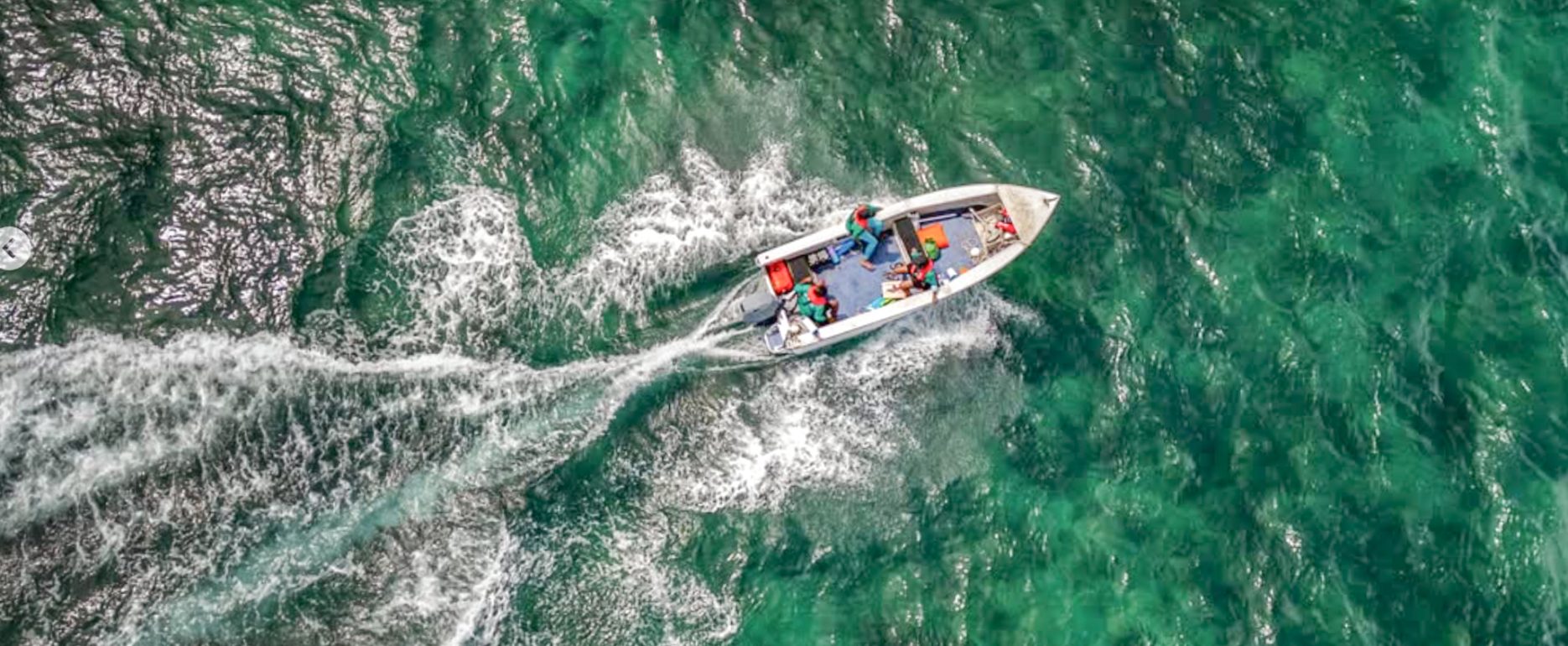
The program equips Wulgurukaba and Bwgcolman people with the skills to survey coral reefs and operate small vessels in their sea country, strengthening their connection to the marine environment.
Recently, participants celebrated completing their Queensland Marine License certification and four trainees joined Coral Sea Foundation scientists for a freediving session over the Yunbenun fringing reefs, visiting two sites to observe the variations in coral and fish communities. A highlight was Wulgurukaba teenager Hayden Johnson’s first snorkelling experience over the reefs of his sea country, marking a significant moment in his journey as a marine steward.
The participants will continue developing their skills, learning to use geotagging digital cameras to collect reef survey imagery. This data will be added to the ReefCloud.Ai project, helping monitor the health of inshore reefs that hold cultural importance to the traditional owners.
Coral Sea Foundation is committed to empowering local communities and supporting conservation efforts that protect ocean biodiversity. We look forward to continuing our partnership with the Wulgurukaba and Bwgcolman people to ensure the sustainable future of their sea country.
Your support makes this possible, helping us drive meaningful change for marine conservation.
The Sea Women of Melanesia Inc. is an independent not-for-profit organization with all female Indigenous Directors, fully registered and incorporated in Papua New Guinea.
The organisation evolved from the Coral Sea Foundation’s Sea Women of Melanesia training program, which commenced in 2018. It has been fantastic to see the growth of the organisation and the significant marine conservation results that the ladies have been getting in several different provinces of Papua New Guinea.
In just 5 years, the Sea Women of Melanesia have established 3 regional offices, developed partnerships with several national institutions, secured multi-year corporate and philanthropic funding, participated in international reef monitoring workshops, and conducted reef survey and marine protected area advocacy work in scores of different locations around the country.
This would be impressive enough in a first-world country, but bear in mind PNG is one of the most challenging locations in our region in which to do marine conservation work. In their day-to-day activities, the women in the Sea Women of Melanesia team contend with frequent power blackouts, inclement monsoon weather, sea travel in open dinghies, a strongly patriarchal society, and a high-security risk that requires armed escorts for most fieldwork. In this light, the national and international recognition that they are now receiving is richly deserved.
Sea Women of Melanesia Director Naomi Longa’s PNG expedition with National Geographic – Pristine Seas!
In October, Naomi Longa, Director of Sea Women of Melanesia (SWoM), was honoured to be the first Papua New Guinean 🇵🇬 to experience the new National Geographic Pristine Seas Submarine “Argonauta” for an expedition to Manus Island and the Western Bismarck Sea – a biodiversity hotspot.
They visited her clan’s island of Harengan, marking her first return since helping the community establish a Locally Managed Marine Area (LMMA) in 2020, and Naomi was thrilled to see firsthand the positive impact of this community-driven marine reserve and the success of the female-led Sea Women of Melanesia Training Program.
Naomi and the Argonauta crew descended over 450 meters down the outer wall of Hermit Atoll, exploring parts of the Coral Triangle never before seen by human eyes.
Naomi surveyed 35 new sites, collecting over 1000 images which have now been uploaded to the SWoM ReefCloud.Ai Project space. She found healthy fish populations inside the LMMA, showing how quickly fish stocks can rebound in the productive waters of the Coral Triangle when local communities support marine reserves. Naomi also led training for women in the Harengan community, emphasizing their key role in conservation leadership.
The expedition highlighted the incredible conservation value of the remote western islands of Manus Province. This vital data will help SWoM monitor the reef’s health and biodiversity of deep-sea ecosystems, and support ongoing conservation efforts. The Sea Women of Melanesia and Coral Sea Foundation teams look forward to returning in 2025 to support local communities with their marine conservation goals.
Huge thanks to the National Geographic Society Team for their support of Sea Women of Melanesia’s work in the Bismarck Sea bioregion.
National Geographic Pristine Seas New Sea Women of Melanesia video!
Adding to the excitement, National Geographic Pristine Seas created an amazing video showcasing the work of Naomi Longa and the Sea Women of Melanesia team.
Sea Women of Melanesia – Official Registration of the Pelelua LMMA
We are pleased to announce the official registration of the Pelelua Locally Managed Marine Area (LMMA), a significant achievement supported by the Sea Women of Melanesia and the Whitley Fund for Nature. This marks the first LMMA established through their partnership.
The registration of the Pelelua LMMA is a critical step in advancing marine conservation in the Kimbe Bay biodiversity hotspot. Through this initiative, local communities have implemented effective marine protection strategies that will safeguard biodiversity and support sustainable fisheries management. This effort reflects the importance of community-led conservation in maintaining healthy ecosystems and securing long-term resources for local livelihoods.
The Kimbe Sea Women of Melanesia team, led by Naomi Longa and Tiana Reimann, with backing from the Whitley Fund for Nature, has been pivotal in enabling the Pelelua community to formalize their conservation efforts. This accomplishment sets an important example for other communities in the region.
Sea Women of Melanesia – Five-Year Grant for Marine Conservation in Milne Bay
We are thrilled to announce that the Sea Women of Melanesia and the Coral Sea Foundation have received a five-year grant from the Oceans UK Grant Program to support ongoing community engagement and marine conservation action in the Coral Triangle waters of Milne Bay province.
The Milne Bay Province is a globally recognised marine biodiversity hotspot, and it is the location of the very first SWoM marine conservation efforts in Papua New Guinea in 2016. This important long-term grant will boost the SWoM operational capacity in the region and increase the number of communities we can support, accelerating the creation of Locally Managed Marine Areas (LMMAs) that deliver sustainable fisheries, healthy coral reefs, and ecotourism opportunities.
This grant is a recognition of the hard work put in by Milne Bay SWoM leader Jacinta Jonathan and her team over the past eight years, and it will further our mission to support local communities in protecting their marine resources.
Milne Bay Reef Surveys & Community Engagement
The Sea Women of Melanesia (SWoM) team has been actively involved in reef surveys and community engagement in Milne Bay. Recent visits to the Lelehudi and Yavarata villages focused on coral reef surveys, gathering data on the region’s exceptional biodiversity. Over 400 images were collected and uploaded to ReefCloud.Ai for further analysis, supporting the Lelehudi community’s efforts to establish a locally managed marine reserve. This initiative not only aims to protect the environment but also creates a sustainable eco-tourism opportunity for the community.
In addition to the reef surveys, the SWoM team has been working closely with the Yavarata Clan, who sought assistance to assess coral conditions due to concerns about declining fish catches and reef health.
In a series of trips, the SWoM team visited several villages, including Yavarata and Topura, distributing 276 Days for Girls sustainable period kits, offering Women’s Health & Hygiene education, and providing medical aid to local health centers. This approach highlights the integral connection between community well-being and environmental health, empowering local women with both knowledge and essential resources.
The data collected from these surveys and community engagement efforts have been instrumental in submitting two new Locally Managed Marine Area (LMMA) applications to CEPA, advancing SWoM’s mission to support sustainable conservation practices.
These collaborative efforts continue to enhance both the ecological and social resilience of Milne Bay’s coastal communities and Sea Women of Melanesia thank our partners, including Days for Girls Australia, Steamships PNG, and The Jock Clough Marine Foundation, for their continued support.
Sea Women of Melanesia – Five Dive Certifications for Milne Bay Team
In October 2024, five members of the Milne Bay team completed their Open Water Scuba Diving certification at Tawali Leisure and Dive Resort in Milne Bay. This certification will enhance their ability to conduct underwater surveys and monitor marine ecosystems in the region.
The team extends its gratitude to our sponsors, including the Coral Sea Foundation, The Jock Clough Marine Foundation, and others, for making this achievement possible.
Sea Women of Melanesia – Ongoing Training Programs to Build Capacity & Expand Conservation Efforts
The Sea Women of Melanesia (SWoM) continue to lead the way in empowering Indigenous women for marine conservation across Papua New Guinea.
The program’s ongoing training and capacity-building efforts are a critical response to the growing demand for marine conservation support in coastal villages, where communities are increasingly recognizing the importance of sustainable practices such as establishing Locally Managed Marine Areas (LMMAs).
As part of their capacity-building efforts this year, the Port Moresby SWoM team completed a series of training expeditions to Gemo Island and Tubusereia in the Central Province. These expeditions focused on essential skills for marine conservation, including the proper use of the Olympus TG6 camera system, basic gear setup, and The Coral Sea Foundation’s Reef Survey methods. The women also gained hands-on experience in timed-swim surveys, a critical data collection method used to monitor reef health.
Six women participated, including four new trainees, who have now acquired crucial skills for effective conservation work. This marks an important phase in the ongoing expansion of SWoM’s operational capacity, as new members are recruited and trained to support increasing demands from coastal villages.
SWOM have also increased the number of certified SCUBA divers in the organisation this year, with five women certified in Milne Bay and six women certified from the Kimbe team. Scuba diving opens new opportunities for exploring deeper sections of their sea country, igniting a lifelong passion for marine conservation while enhancing their ability to protect the reefs they are deeply connected to.
These newly certified divers will continue to lead grassroots efforts in the Coral Triangle waters of PNG, where they have already contributed significantly to reef monitoring, Crown of Thorns starfish control, and community education.
The Sea Women of Melanesia capacity-building programs will continue into 2025, with a focus on expedition planning, regional team management, and further developing marine survey skills. The expertise gained through these programs will have lasting impacts on the communities SWoM serves, allowing them to engage more effectively in marine conservation and community education.
We are deeply grateful for the ongoing support from our program partners, whose contributions make these achievements possible. Thank you to our generous supporters:
Steamships PNG, Swire Shipping, Kristin Lindblad, the Sall Family Foundation, Melanesian Yachts, the Olgeta Foundation, the Jock Clough Marine Foundation, the New England Aquarium, and several anonymous philanthropic donors for their substantial contributions to the work of the Sea Women of Melanesia.
Your continued support is crucial in helping us scale up the capacity of the Sea Women of Melanesia to lead conservation efforts in Papua New Guinea. Together, we are building a sustainable future for our oceans and empowering local communities to safeguard their marine resources.
Sea Women of Melanesia – ReefCloud Ongoing Work & Advancements
As part of our ongoing reef monitoring efforts in Papua New Guinea, SWoM continues to contribute valuable data to the Reefcloud.Ai. Over the past three years, SWoM teams have collected more than 5,000 high-resolution images from 62 sites across Papua New Guinea, offering a comprehensive view of the current conditions of reefs in the Coral Triangle. This extensive dataset, which is publicly available through the Reefcloud Dashboard, remains a key resource for assessing reef health and supporting conservation efforts.
The Reefcloud.Ai image analysis application, integrated with ReefCloud’s user-friendly Dashboard, continues to empower reef managers, traditional owners, and the general public with real-time data and insights. This tool is critical for tracking environmental changes such as water temperature fluctuations, coral bleaching events, and overall reef condition. By offering quick and accessible data, ReefCloud plays a vital role in guiding effective reef management and conservation strategies.
A key feature of ReefCloud.Ai is its ability to analyze survey imagery in record time. Recent achievements have allowed us to assess coral cover and reef composition within just 12 hours, significantly accelerating our capacity to monitor reef health and make timely decisions.
Lizard Island Study Tour
The 2024 Lizard Island Coral Reef Study Tour is an initiative of the Lizard Island Reef Research Foundation (LIRRF) in collaboration with the Coral Sea Foundation. This year, the group was composed of science and biology teachers from various schools in NSW, deepening their knowledge of coral reef ecosystems to enhance their teaching programs.
The tour began on September 21st at Jiigurru, Lizard Island, where the group explored the diverse marine life in this pristine part of the Great Barrier Reef.
Throughout the tour, the teachers focused on identifying reef fishes and observed firsthand how coral and fish communities varied across different reef sites. The group also investigated the impact of the January 2024 heat stress event on the reef, where areas as close as 100 meters apart displayed vastly different patterns of coral mortality. Shallow areas with poor water flow saw higher mortality, particularly among Acropora corals, while deeper areas with better water flow had a greater number of surviving corals.
The teachers also had the opportunity to study reef invertebrates by diving the entrance channel bommie, an ideal spot for plankton-feeding species. These dives offered the group a deeper understanding of the complex marine ecosystems that support the reef’s biodiversity.
Survey results from Monti Bay showed that while many of the shallow Acropora colonies had perished, deeper corals and unique species like Montipora corals demonstrated resilience. These observations highlight the importance of ongoing reef monitoring to track the reef’s response to environmental stresses and climate change.
By the end of the tour, the group had gained valuable insights into the current state of the reef and its response to heat stress. The Lizard Island Coral Reef Study Tour plays a crucial role in educating those who can pass on this knowledge to future generations, equipping them with the information needed to protect and conserve this vital ecosystem.
Huge thanks to all the teachers that participated, the LIRRS managers Dr. Anne Hoggett and Dr. Lyle Vail, Kate Hayward, the Lizard Island Reef Research Foundation, and the fantastic Coral Sea Foundation team of Cristiana Damiano and Emily Horton.
Magnetic Island Reef Monitoring Update Post Cyclone Kirrily
On January 25th, 2024, Cyclone Kirrily swept across Magnetic Island, causing damage to coral reefs from small-scale impacts to large-scale destruction across entire bays. While the damage was significant, signs of resilience have emerged. Coral reefs, which evolved over millions of years, naturally recover from such disturbances, and the surviving corals offer insights into this process.
Since then, the Coral Sea Foundation team has conducted surveys across multiple sites on Magnetic Island, from Arthur Bay to Nelly Bay, Fish Cove, and Whitfield Cove. While damage from the cyclone remains, healthy coral sections and abundant fish life were observed, particularly on the south side of Fish Cove, showing signs of recovery.
Using ReefCloud.Ai, an automated system for analysing digital reef survey imagery, developed by the Australian Institute of Marine Science, we could easily compare changes in coral communities before and after Cyclone Kirrily. The results showed varying levels of damage across the island, but all sites are recovering. ReefCloud.Ai continues to be a valuable tool for quickly estimating coral cover and providing crucial insights into the health and recovery of the reefs.
Our research also highlights the role of territorial damselfish in reef recovery. At sites like Geoffrey Bay, the Australian Gregory damselfish cultivates algae that enhances coral growth and juvenile survival. However, as these corals approach 3–4 years old, the fish modify the coral to maintain their algae farms, raising the question: should we focus on creating damselfish habitats for natural coral growth instead of costly coral out-planting efforts?
Magnetic Island’s reefs are recovering, but climate change continues to pose challenges for coral ecosystems. Proactive measures like marine protected areas and water quality management can strengthen reef resilience against future disturbances.
Cyclone Kirrily’s impact on the island’s coral reefs highlights the resilience and adaptability of these ecosystems, alongside the importance of scientific inquiry. By addressing the threats posed by natural disasters and climate change, we can help ensure a better future for these vital ecosystems.
Flatback Turtle Nesting Season Thriving on Magnetic Island!
It’s been a great nesting season for Flatback Turtles on Magnetic Island. On November 14th, a Flatback Turtle was found nesting at dawn on Nelly Bay beach at Yunbenun, marking the fifth nest on this beach this season. These eggs are expected to hatch in about 50 days, assuming no disturbances like cyclones or floods.
With likely two or even three females nesting here this season, it’s a positive sign for the local turtle population.
For more updates, click here!
Contribute to Reef Monitoring
The Coral Sea Foundation Magnetic Island Reef Monitoring Project provides a framework that allows anybody with an underwater camera to contribute scientifically useful information on the status of the reefs around the island.
Time-series images of the same piece of reef are a very powerful tool to convey information about reef dynamics, and from a scientific point of view, they are essential in making accurate assessments of reef conditions. GPS and geotagging digital camera technology now make it very easy to relocate and re-photograph reef sites in a non-intrusive way that does not damage the reef surface.
It is particularly easy to photograph the same site if distinct natural features, such as massive coral rocks, are used to identify the survey area. We have discovered and mapped a network of these natural features at a series of 13 sites, right around the island, wherever reefs are growing. Now we would like you to help us by using your camera to continue the monitoring work!
This will provide valuable reef condition information to the island community, the traditional owners, and management agencies, as well as provide an ongoing framework for citizen scientists to participate directly in the collection of photo-monitoring data around Magnetic Island, one of the most accessible reefs on the Great Barrier Reef.
For more information visit our Magnetic Island Reef Monitoring Project page, which includes links to our survey methods and site locations.
Collaboration with Healthy Waters Partnership – Dry Tropics for Townsville Region Coral Production
The Coral Sea Foundation is excited to partner with the Healthy Waterways Partnership Dry Tropics in launching the ‘Corals of the Townsville Region – StoryMap’, an interactive digital experience that highlights the vibrant coral reefs of Cleveland and Halifax Bays. Located between Pelorus Island and Magnetic Island, these reefs are home to over 100 coral species, ranging from fast-growing branching corals to massive, centuries-old dome formations.
The Coral Sea Foundation is dedicated to the protection and preservation of these vital ecosystems. Coral reefs support marine life, protect coastlines, and provide food and livelihoods, yet they face increasing threats from human activities. Pollution from local rivers and drains can significantly impact the health of these reefs, which is why managing water quality in catchment areas is essential. The Coral Sea Foundation works closely with its partners to gather data and build a comprehensive picture of waterway and reef health in the region.
StoryMap is the result of a collaborative effort, with contributions from experts in the field, helping to shape an engaging and informative resource for the community. Dive in and discover the wonders of these coral ecosystems and the ongoing efforts being made to protect them for future generations.
Coral Sea Foundation’s New Fundraising Platform!
We’re excited to announce the launch of the Coral Sea Foundation’s new fundraising platform, powered by GoFundRaise!
Whether you’re passionate about coral restoration, marine research, or ocean education, now’s your chance to make a real impact—and have fun doing it!
Getting started is a breeze! Simply create your campaign, share it with friends, and see how your support helps power the Coral Sea Foundation’s vital projects. The best part? You’ll join a community of ocean advocates, receive recognition for your contributions, and motivate others to help protect our seas!
Get Started Today! Click here to discover just how easy, fun, and rewarding it is to create your campaign and make a lasting difference!
Support Coral Reef Conservation with Tax-Deductible Donations!
Did you know clownfish don’t joke around when it comes to their homes? These little guardians fiercely defend their sea anemones—just like your donations help protect vital coral reefs!
With the Coral Sea Foundation’s Deductible Gift Recipient (DGR-1) status, your contributions go further, supporting essential marine research, community projects, and reef conservation efforts. As the year wraps up, it’s also a perfect time to enjoy the added benefit of tax-deductibility—a win for you and our oceans.
Your generosity fuels impactful projects across the Coral Sea triangle, safeguarding biodiversity, empowering local communities, and promoting sustainability for future generations.
Make a difference today: together, we can create lasting change for our precious marine ecosystems.
Coral Sea Foundation – Online Educational Resources & Research Opportunities
The Educational Resources section of our website now has a comprehensive package of digital assets, dedicated to supporting marine science and coral reef conservation work around our region.
These resources are open-source and free to use; in particular, they offer Indigenous reef owners the tools they need to advance reef survey and monitoring work on sea country.
The Coral Sea Foundation Training manuals and supporting videos for our reef survey methods are also freely available, along with digital field guides, satellite mapping apps, and marine science presentations. Our ReefCloud Label ID Guide and our tutorial videos also offer straightforward, step-by-step instructions to help you use the ReefCloud.Ai platform.
Coral Sea Foundation is Charting a Course for Change: Partner with Us!
The Coral Sea Foundation is an Australian registered not-for-profit organisation, and we offer our donors and corporate and philanthropic partners a modern and innovative platform through which to advance practical, science-based marine conservation action throughout our region.
Whether it be supporting our award-winning Sea Women training programs, helping expand our technologically advanced Reef Monitoring work for Indigenous traditional owners, or boosting the geographic scope of our activities through investing in our Vessel Development Project, we welcome all donations and expressions of interest from potential partners.
Aligning with the Coral Sea Foundation means more than just supporting a sustainable future for our oceans; it means being a crucial advocate for a transformative change in the way we approach marine conservation. Together we can achieve our goals and steer toward a brighter, more sustainable future for our tropical seas and the people that depend on them.
Thank you!
The Coral Sea Foundation team encourages you to explore the different sections of our website to learn more about our initiatives and actively engage in our conservation efforts. Please don’t hesitate to reach out to us with any questions or inquiries. We look forward to hearing from you!

